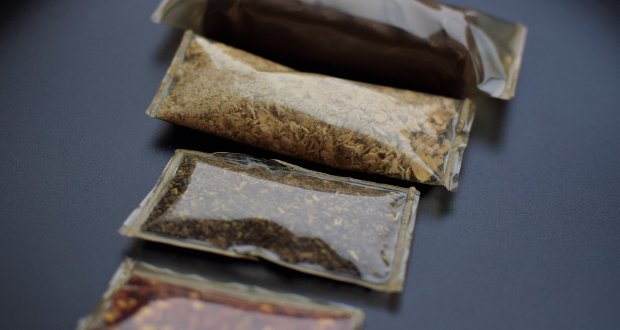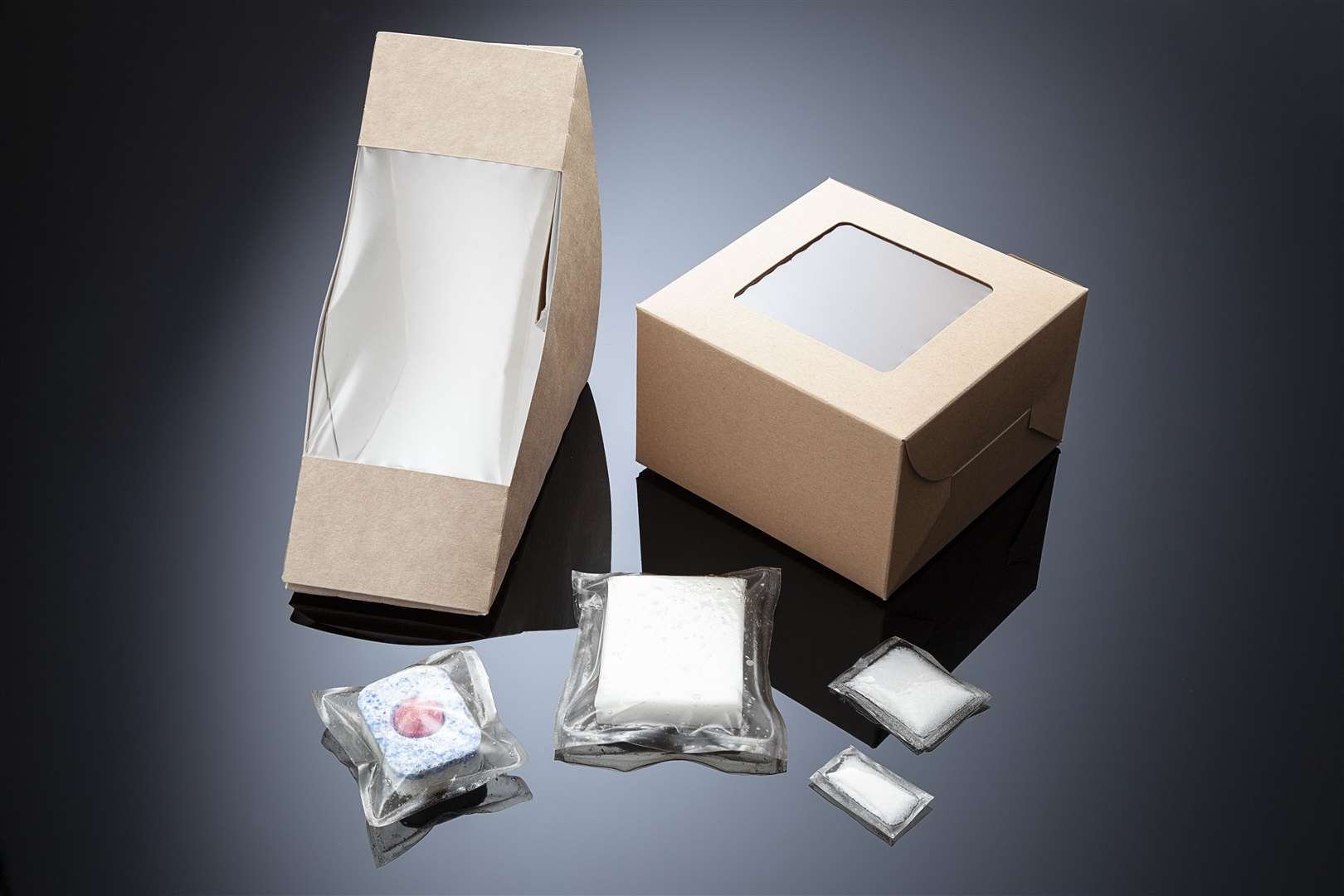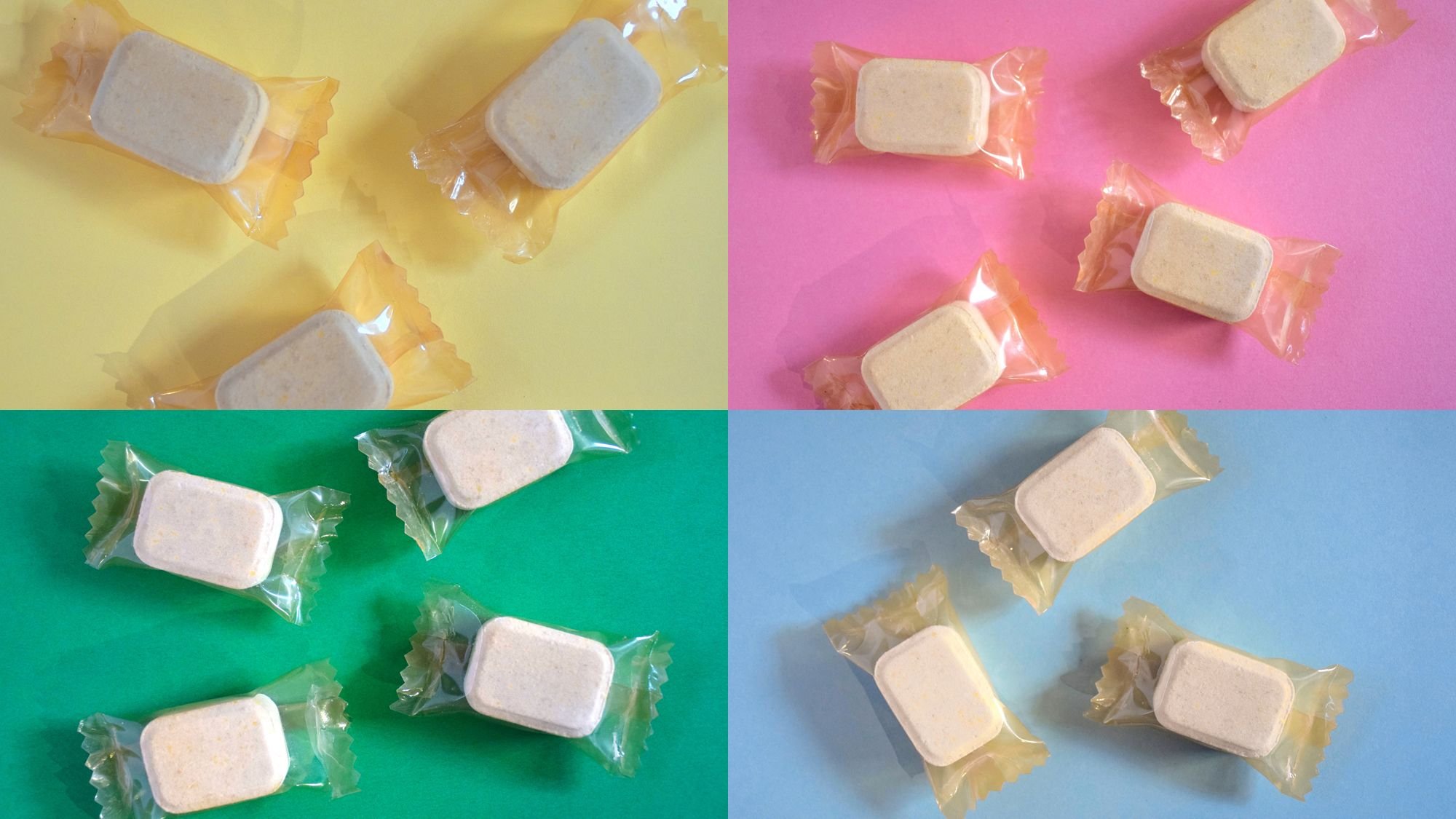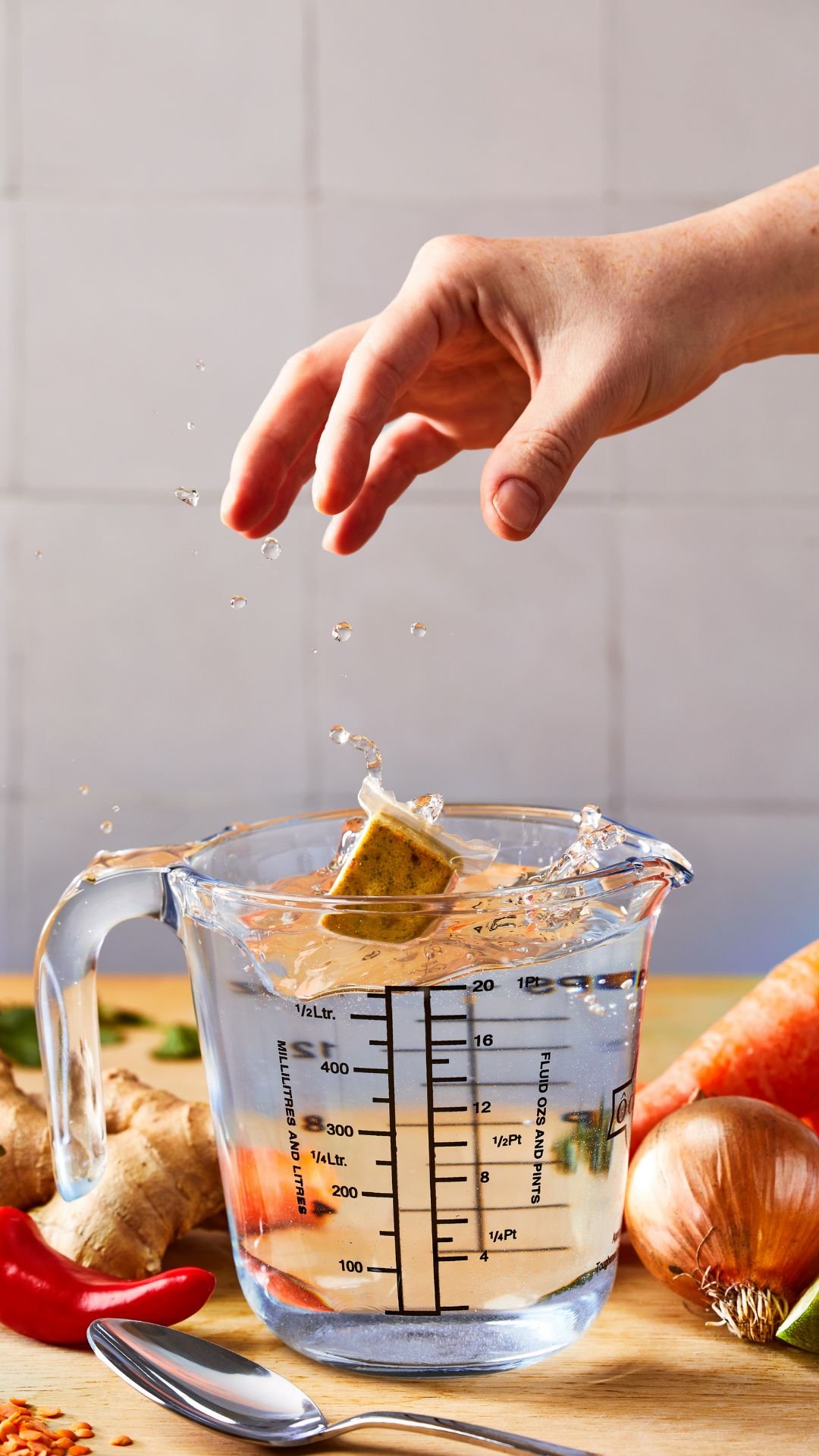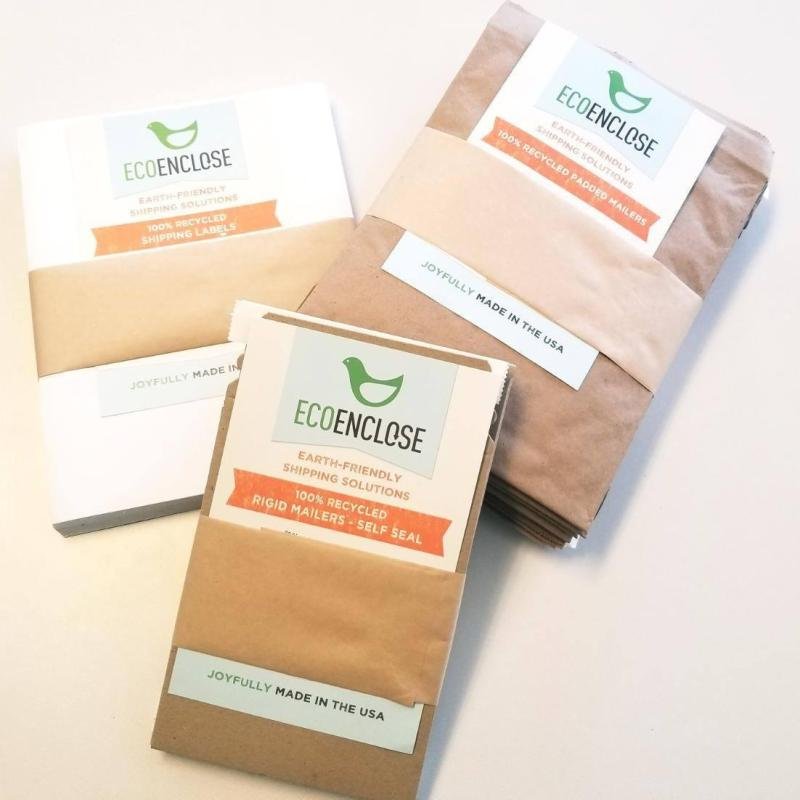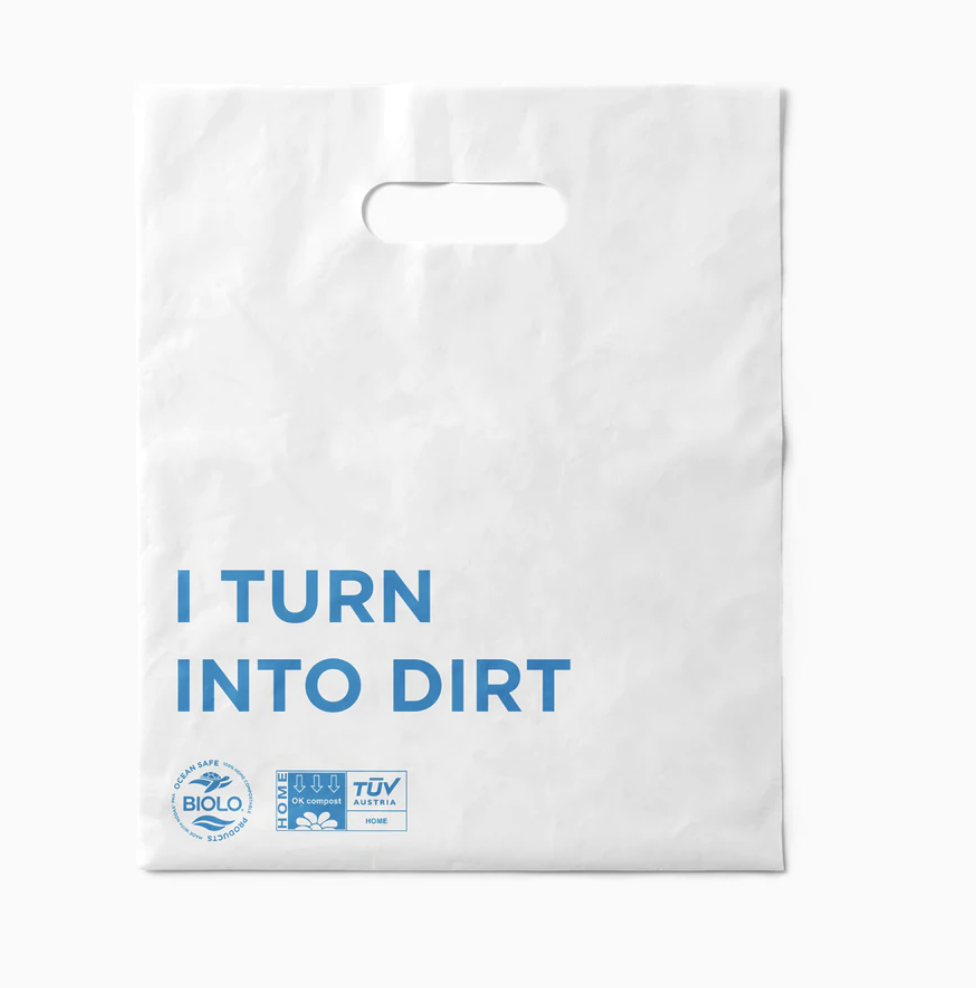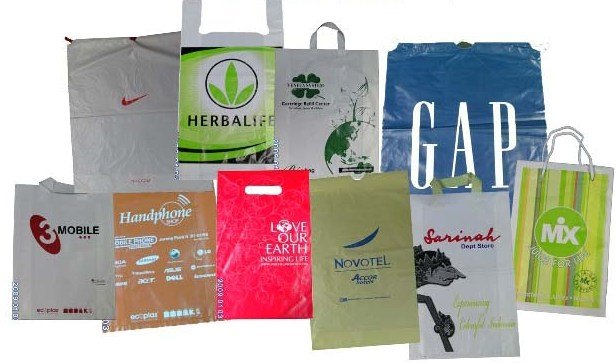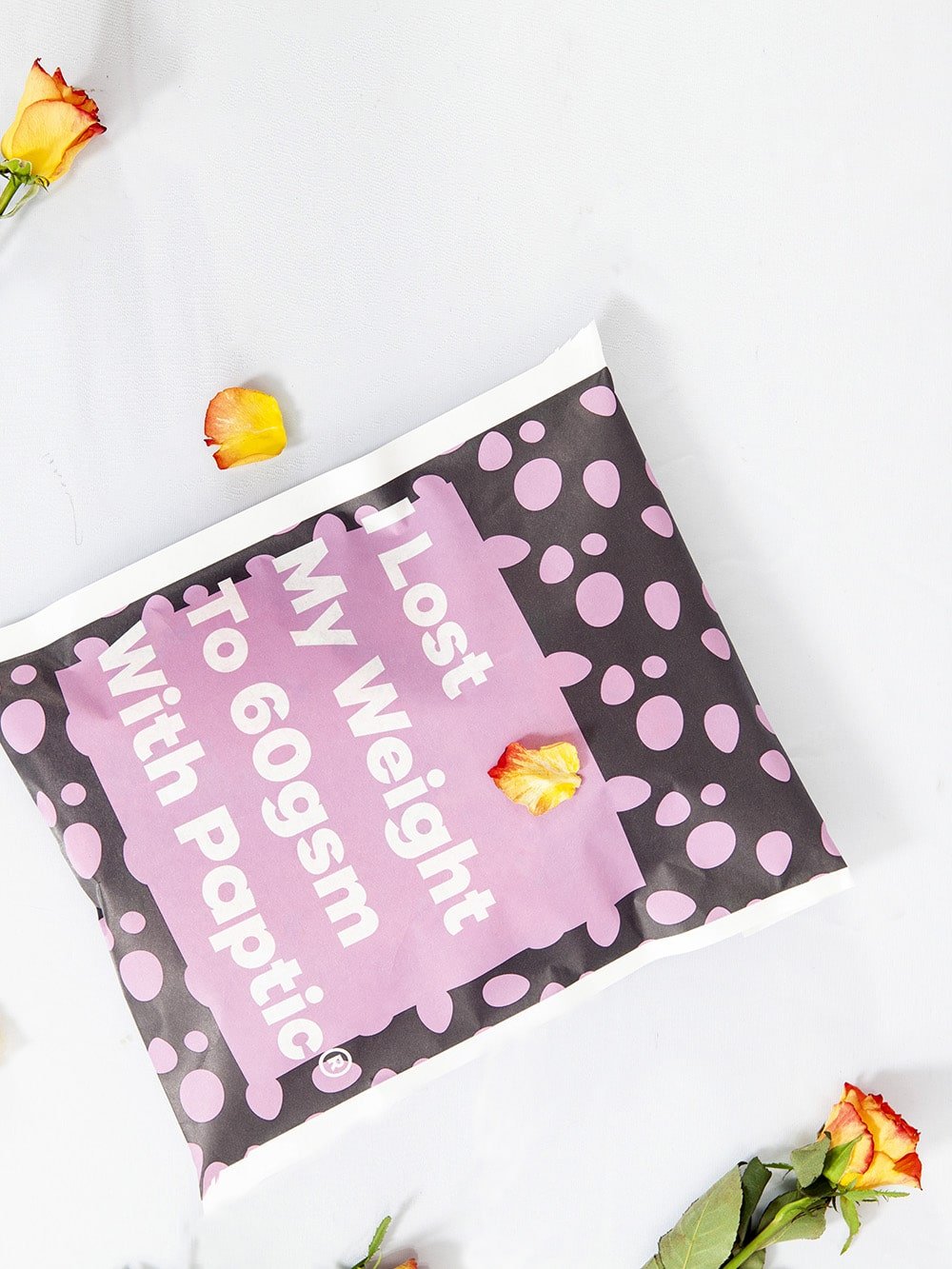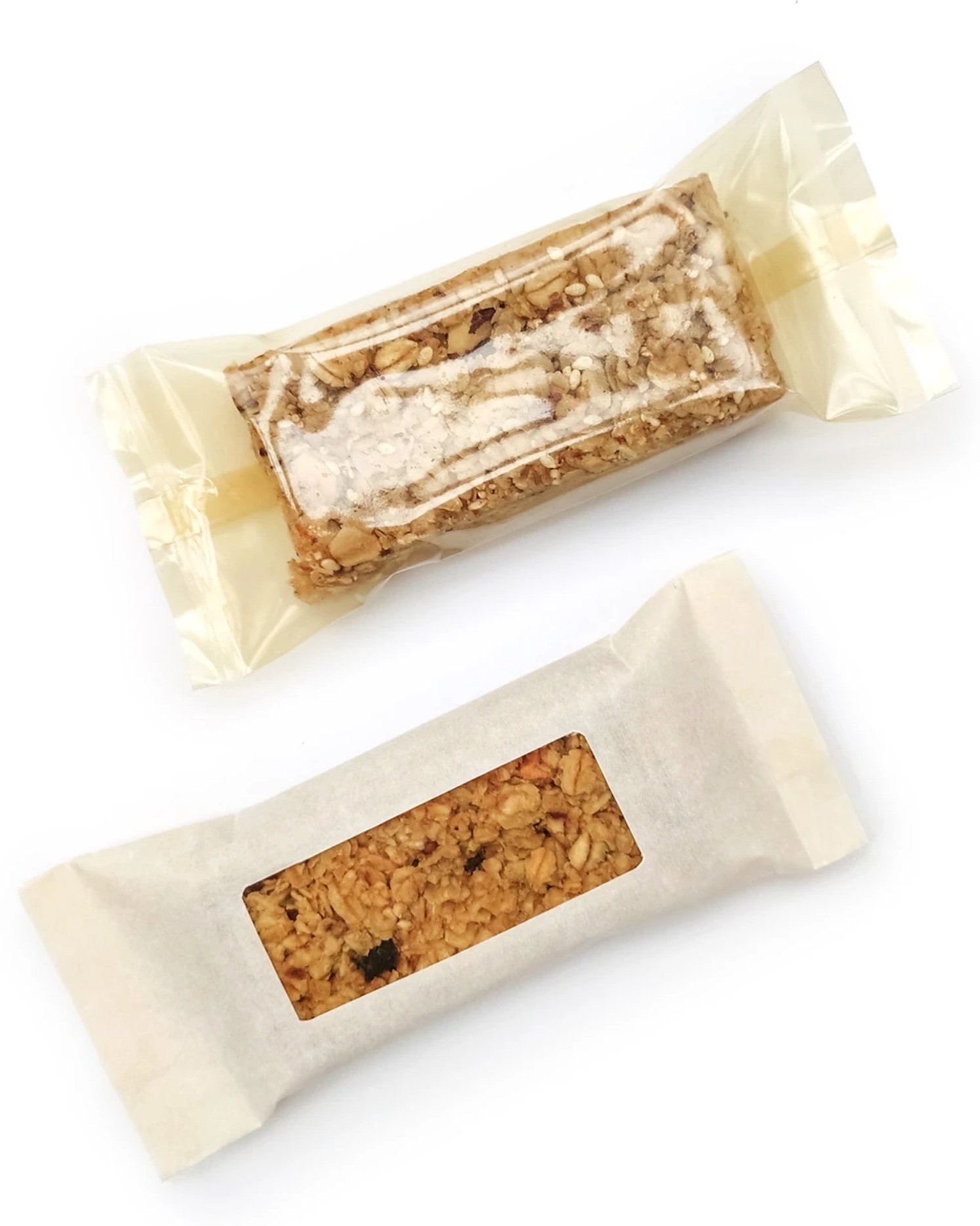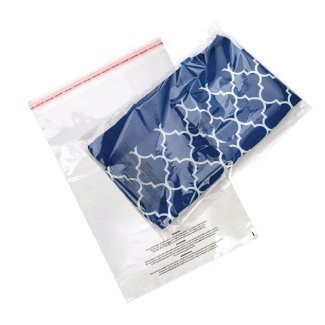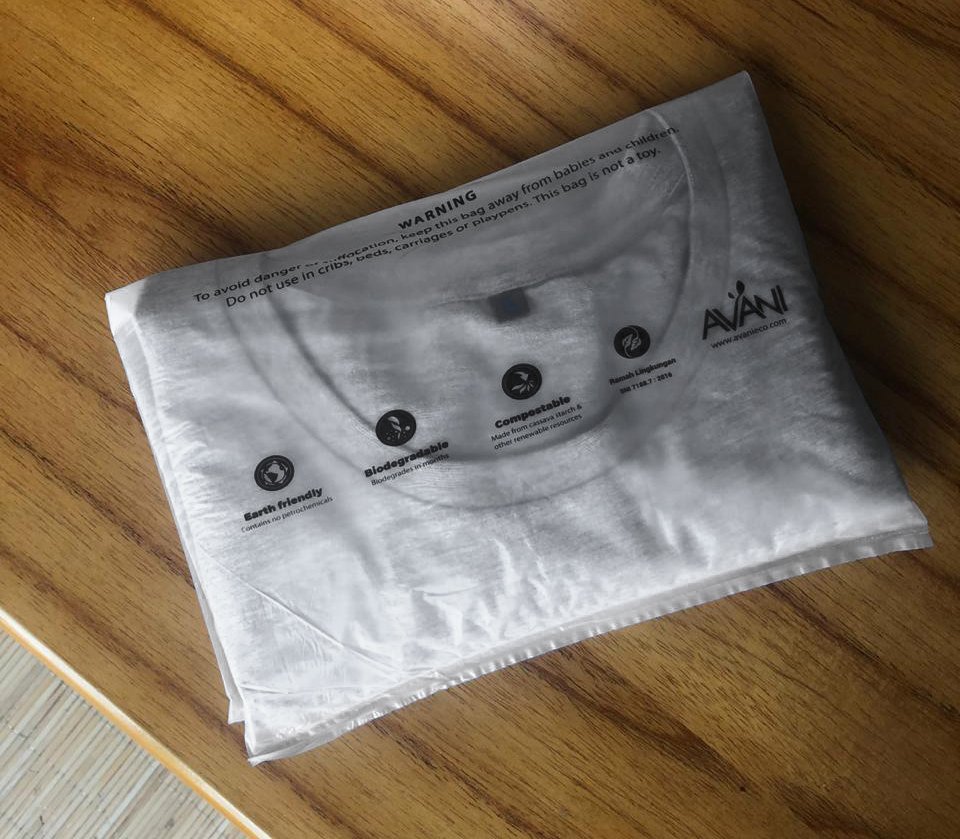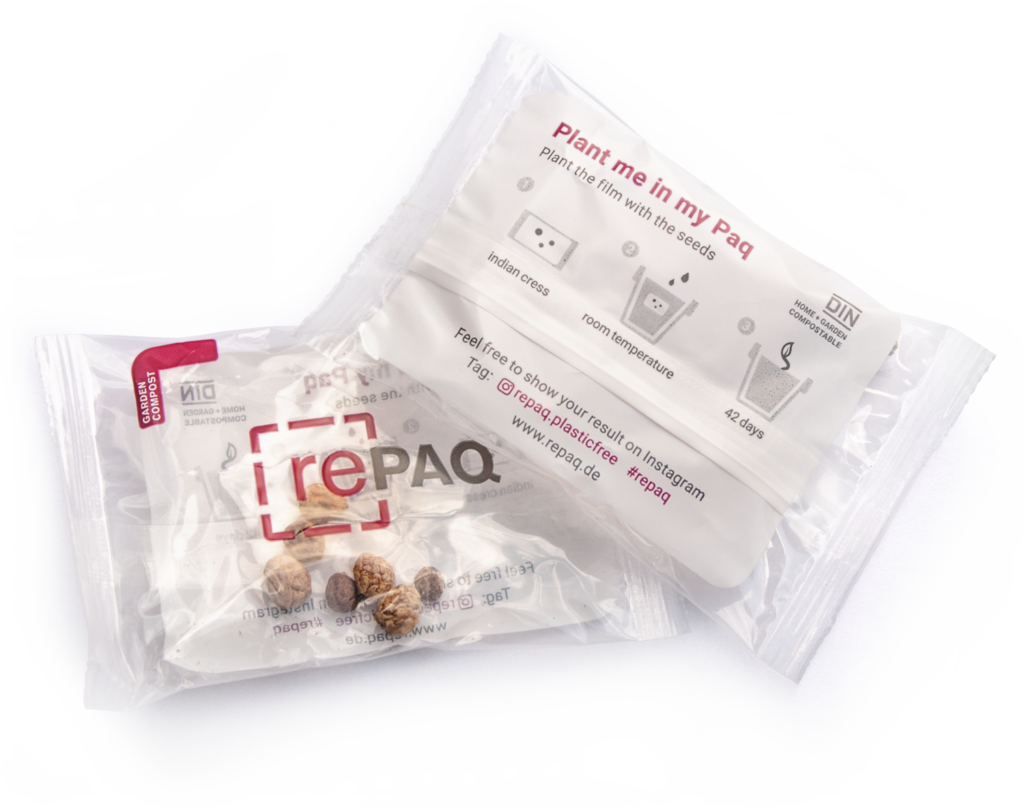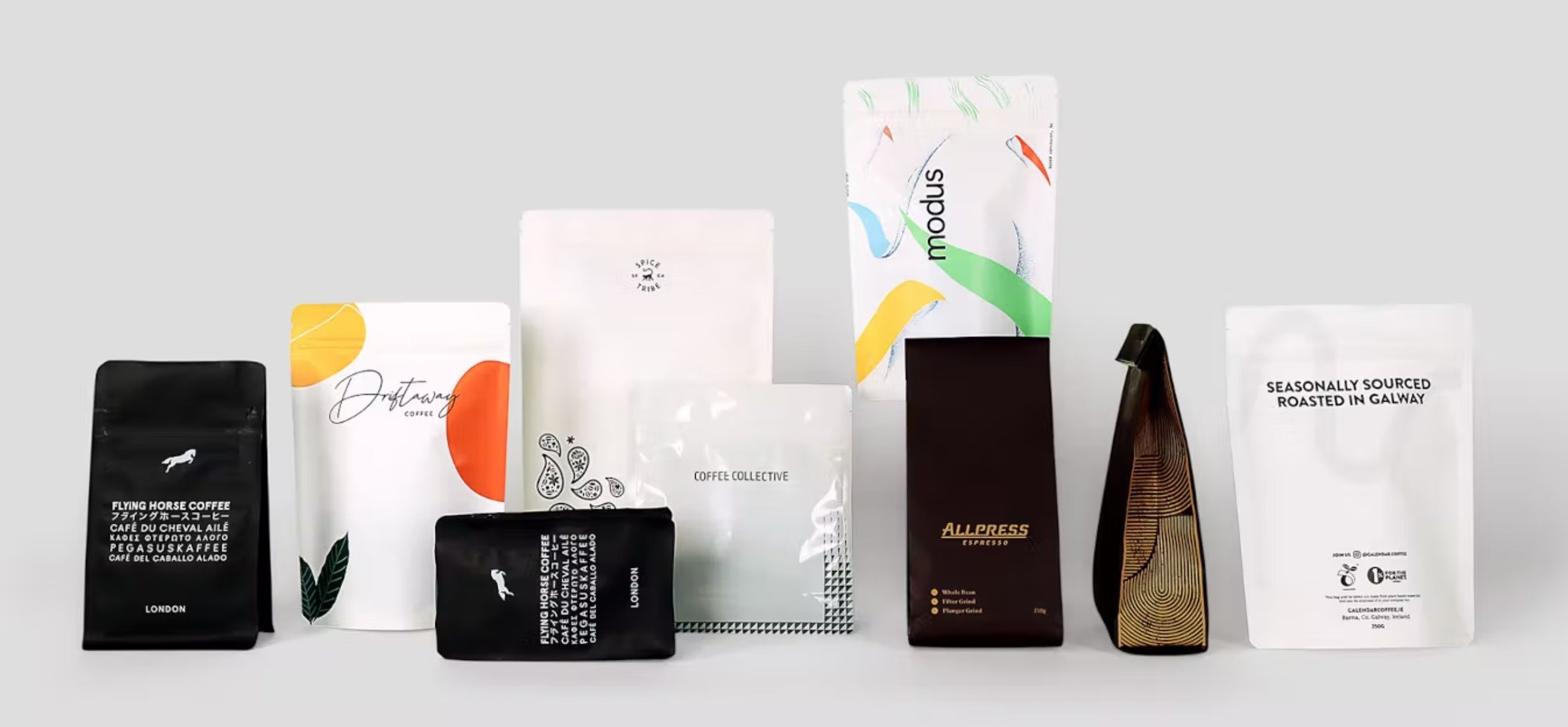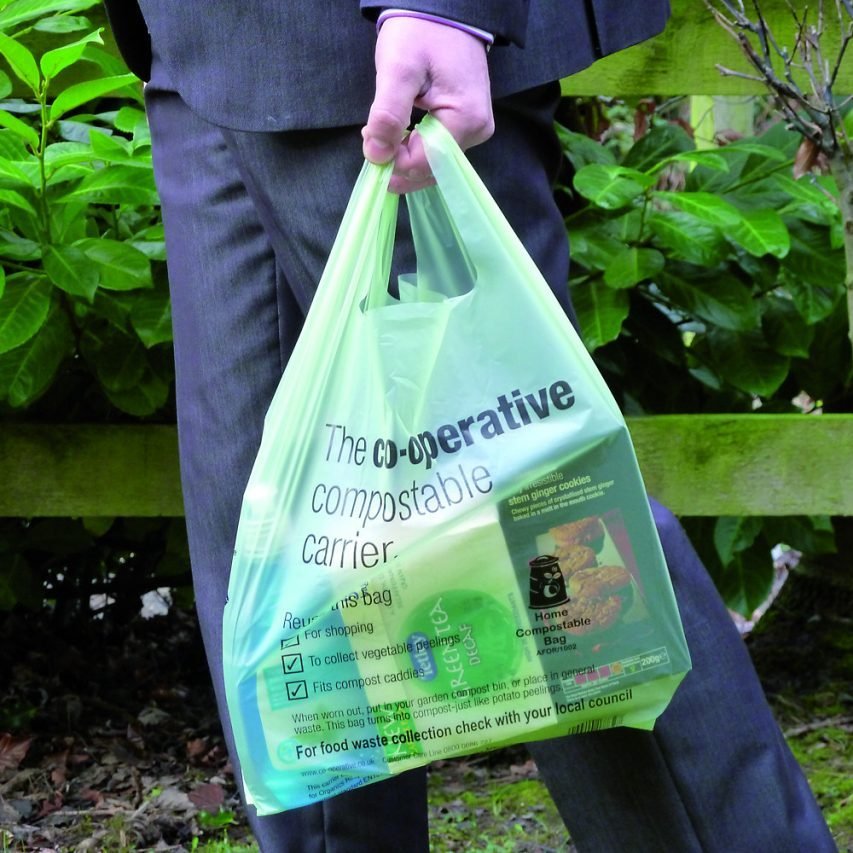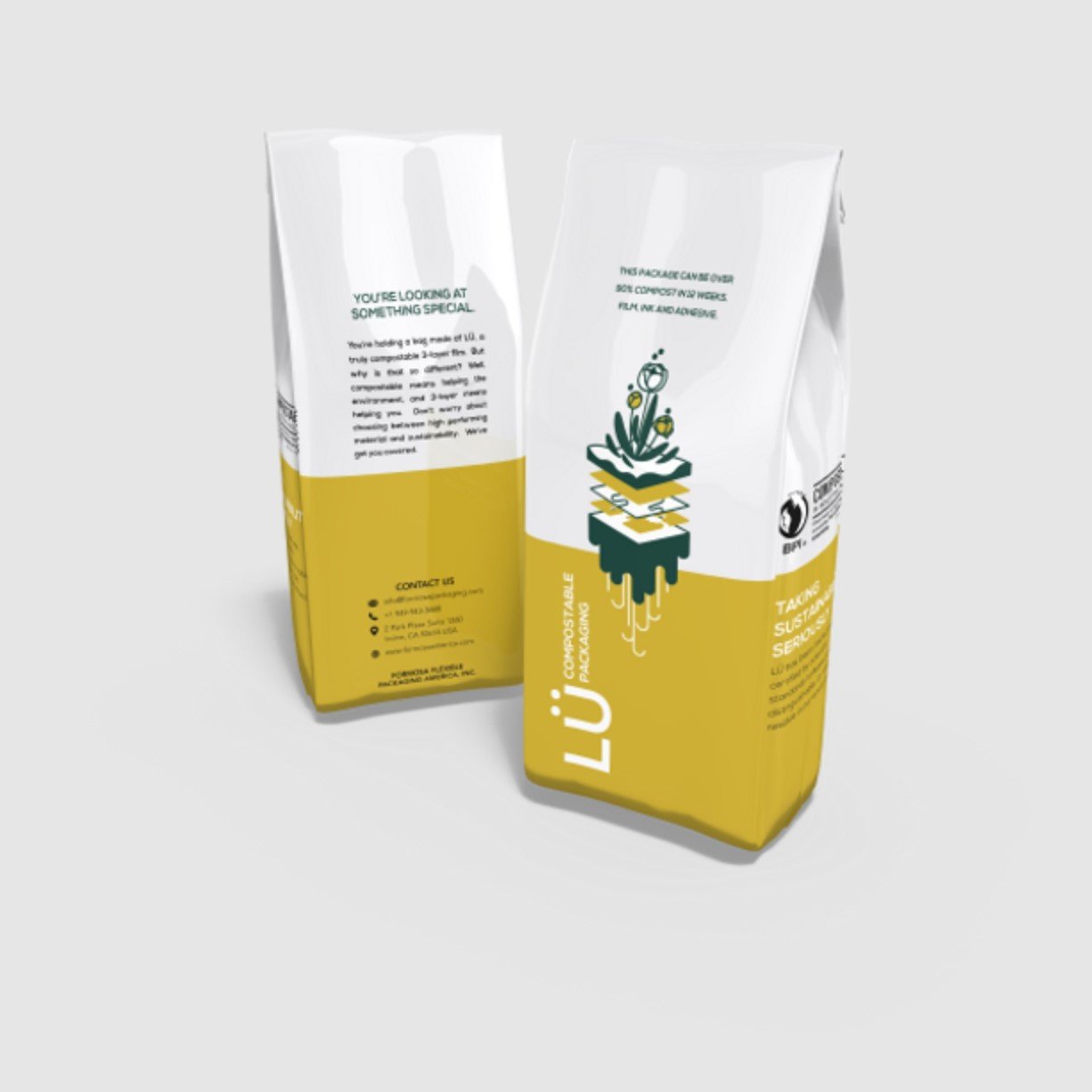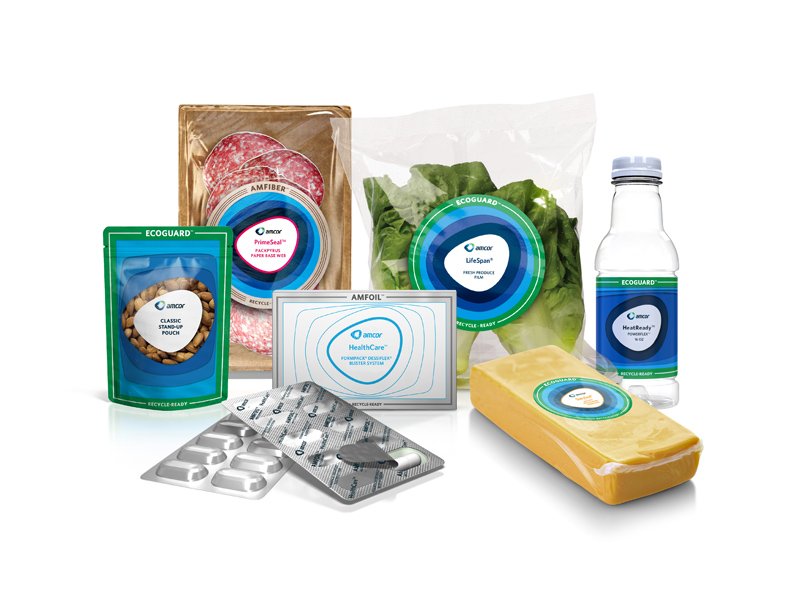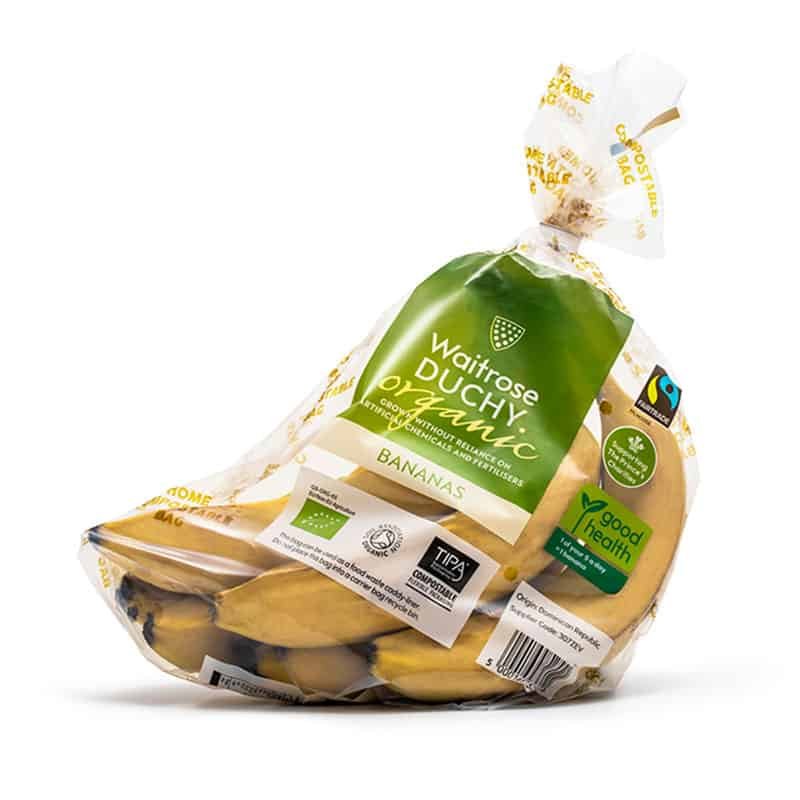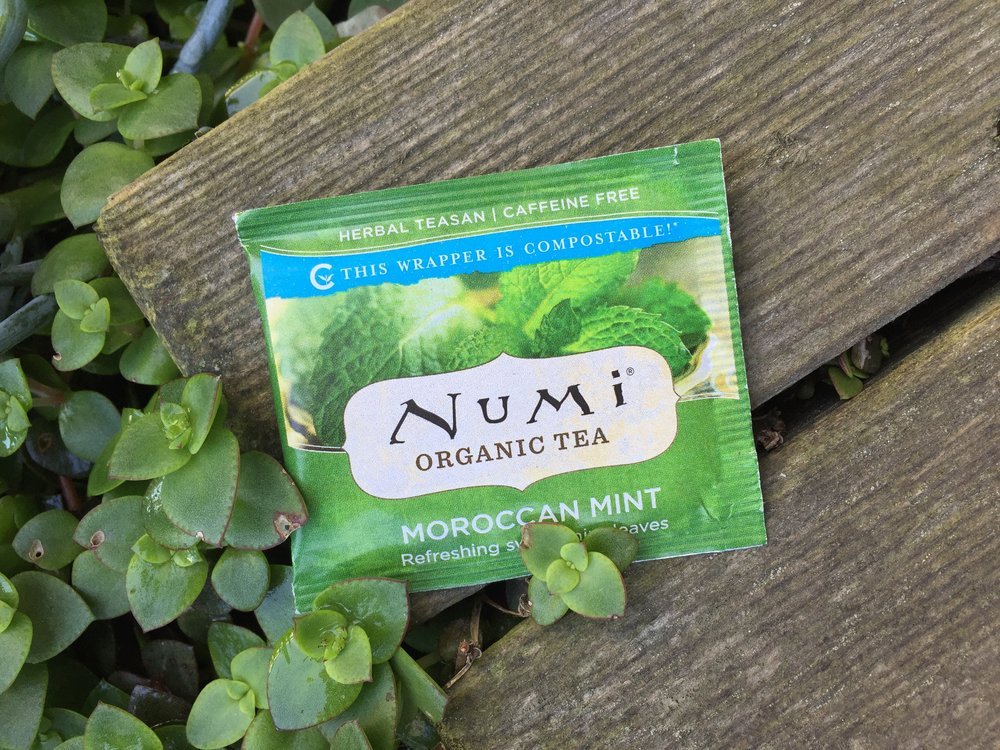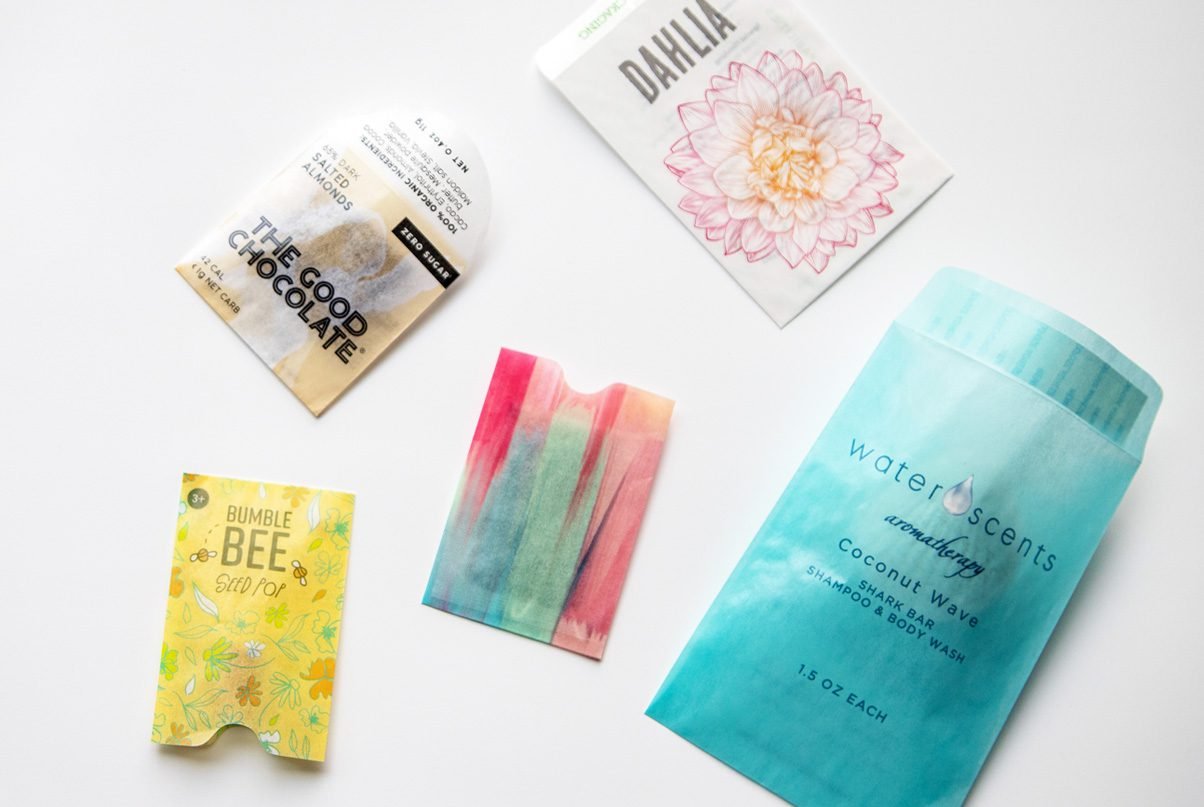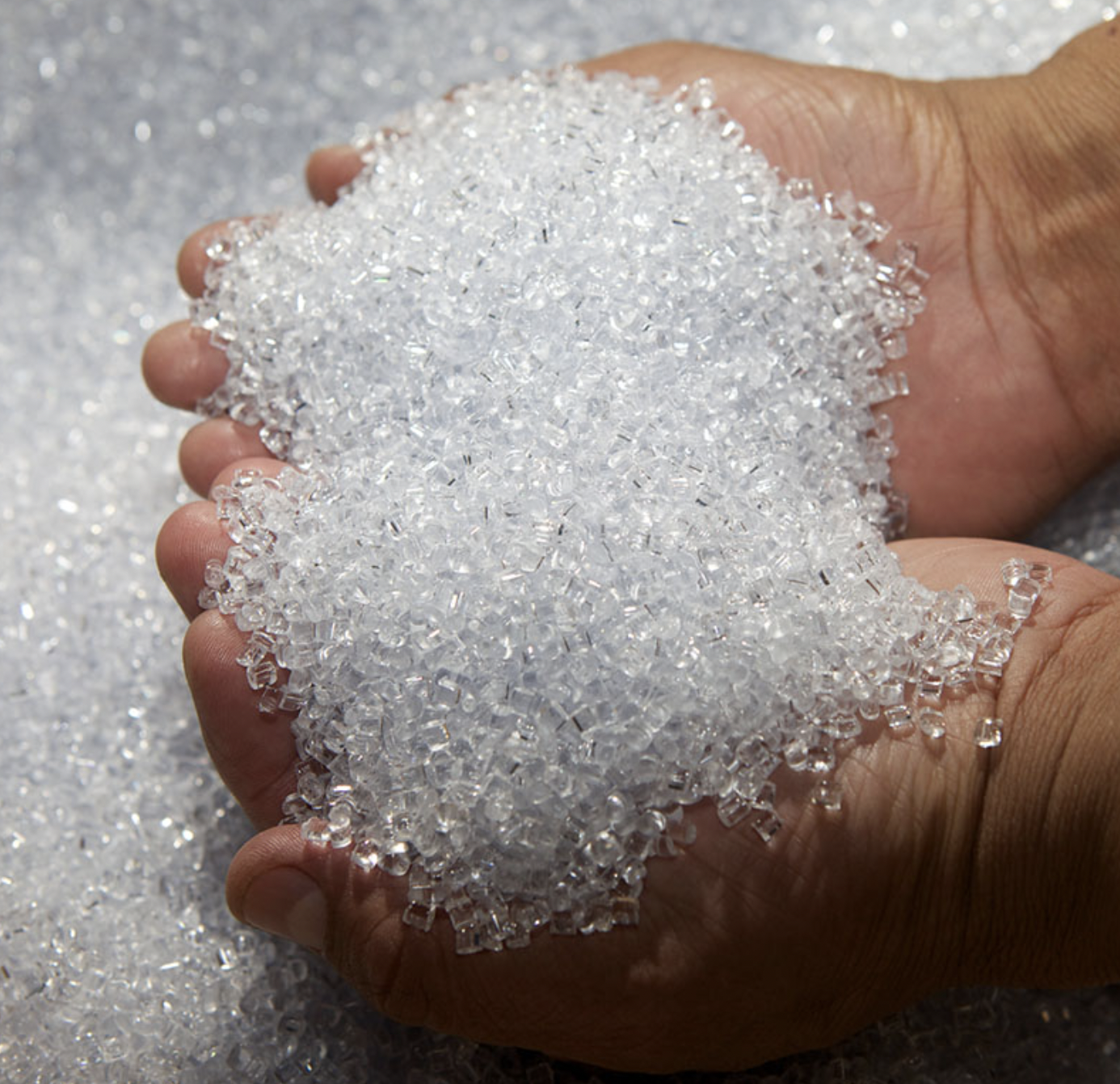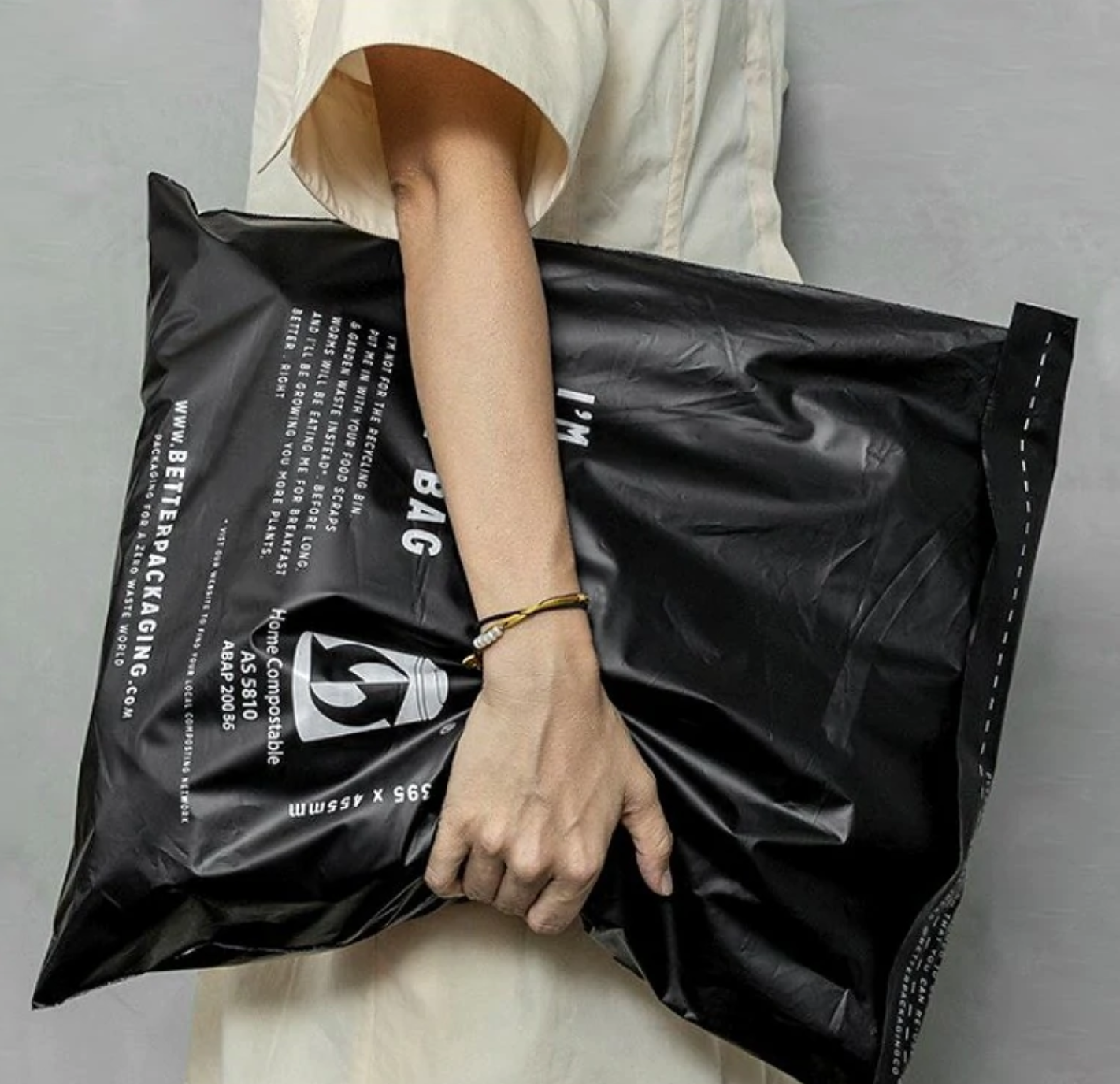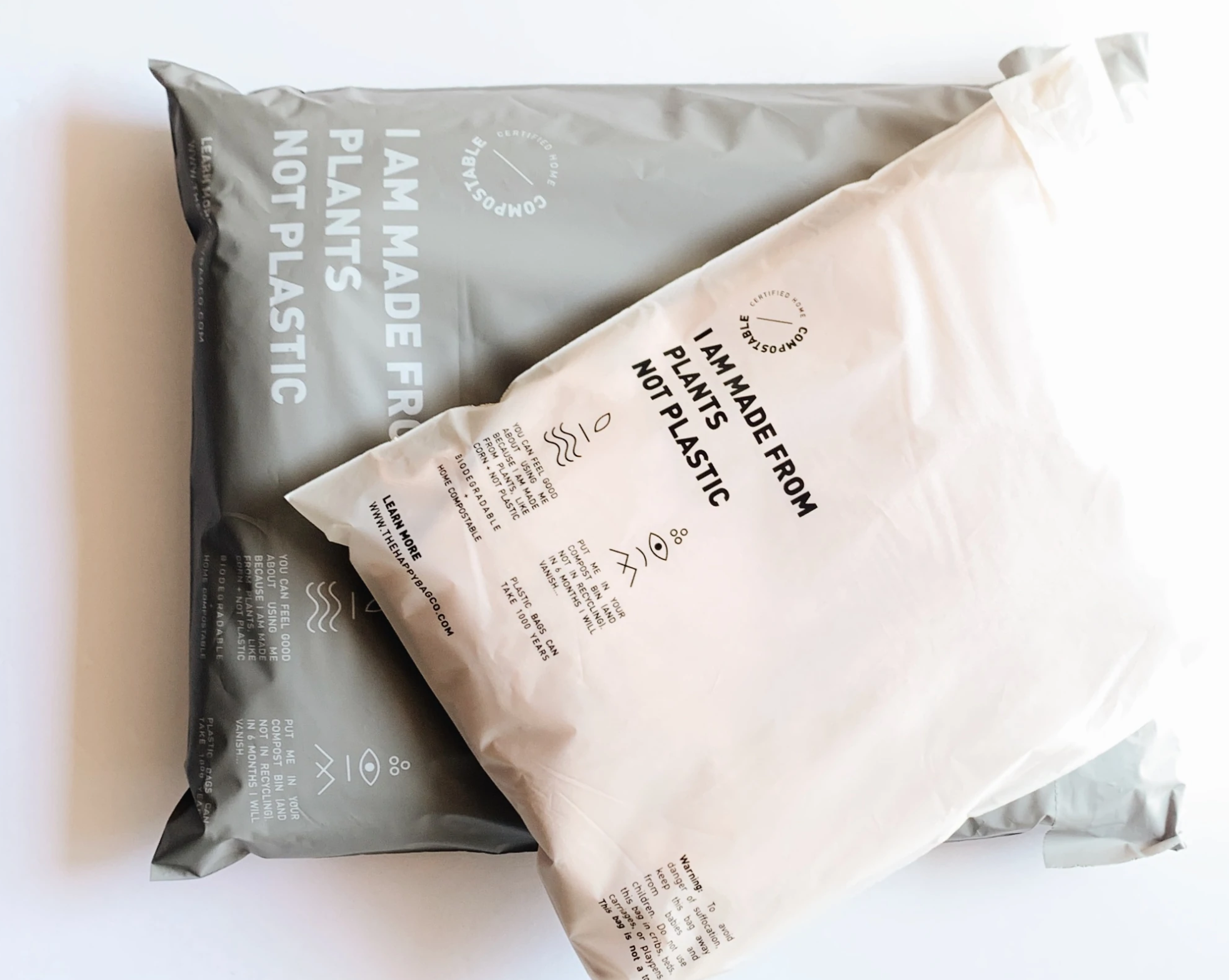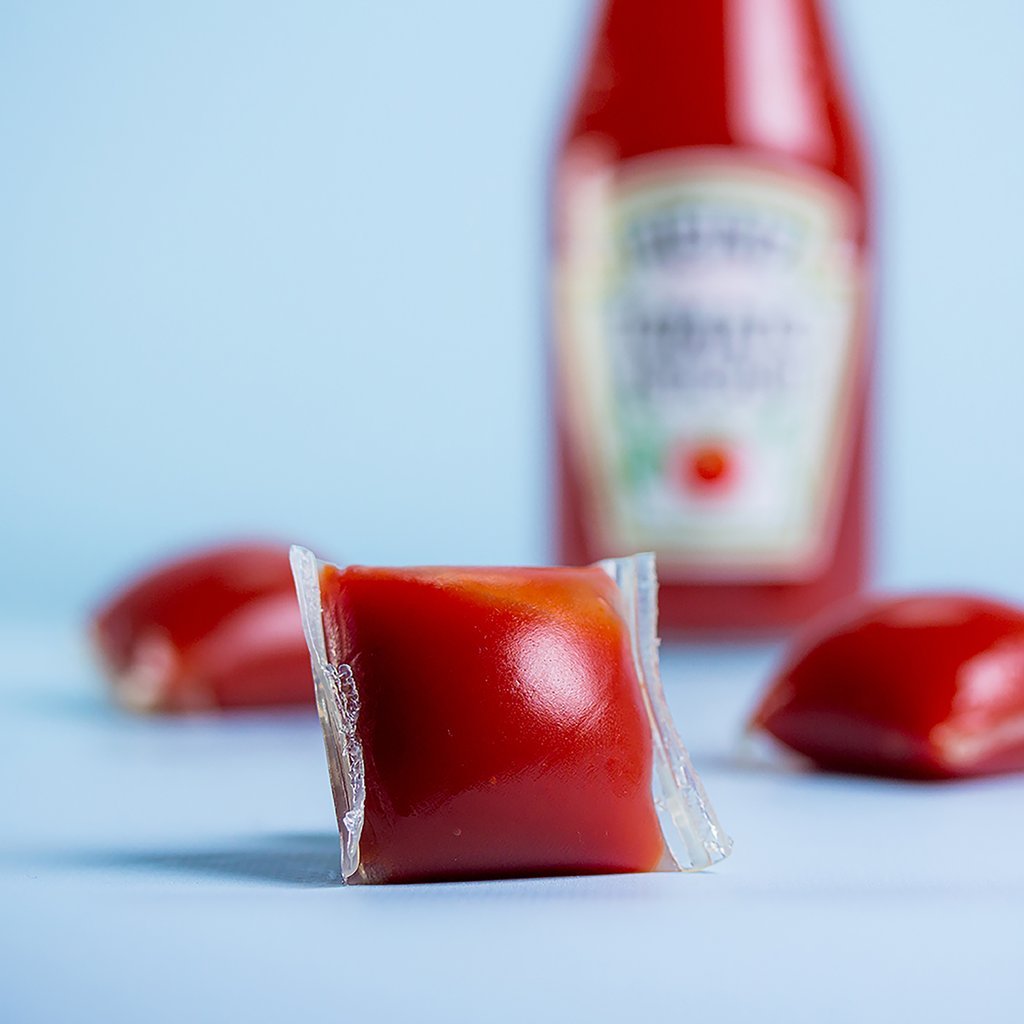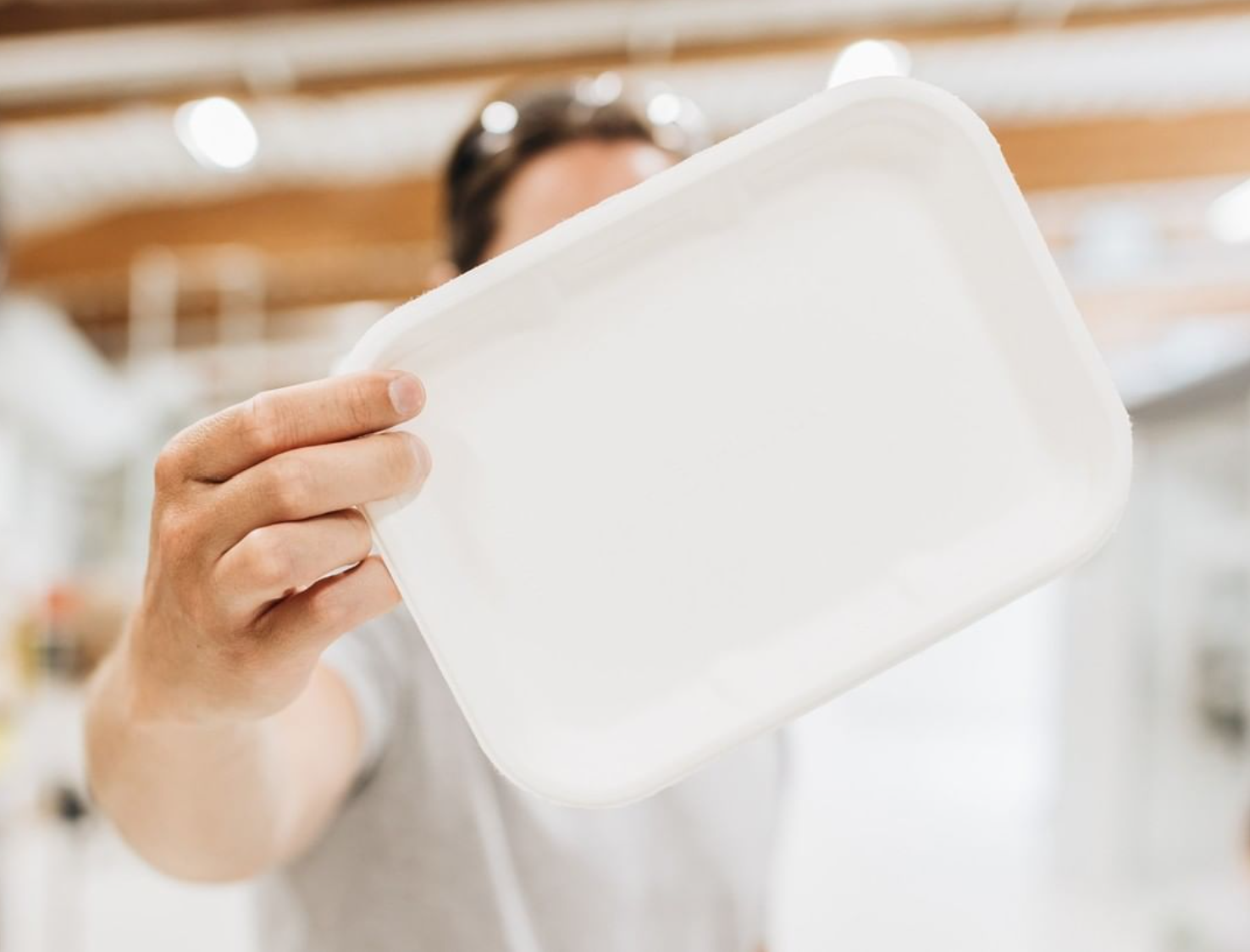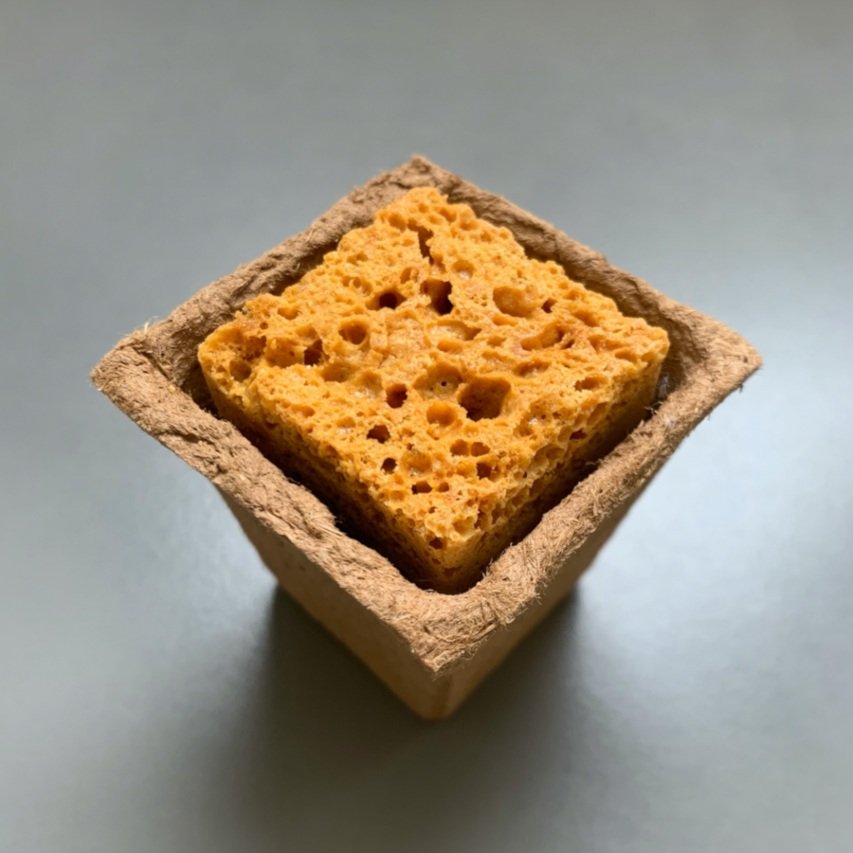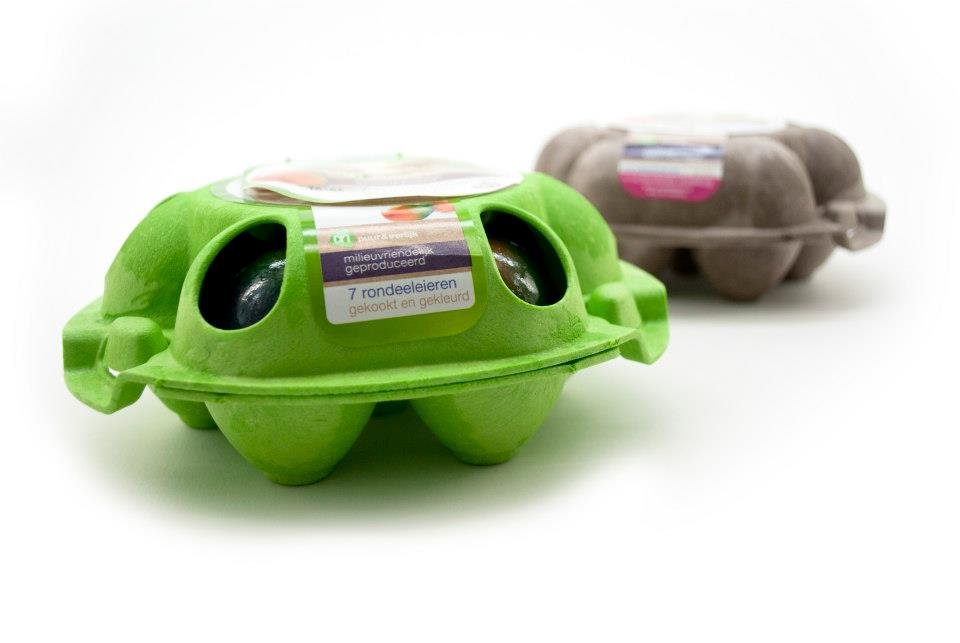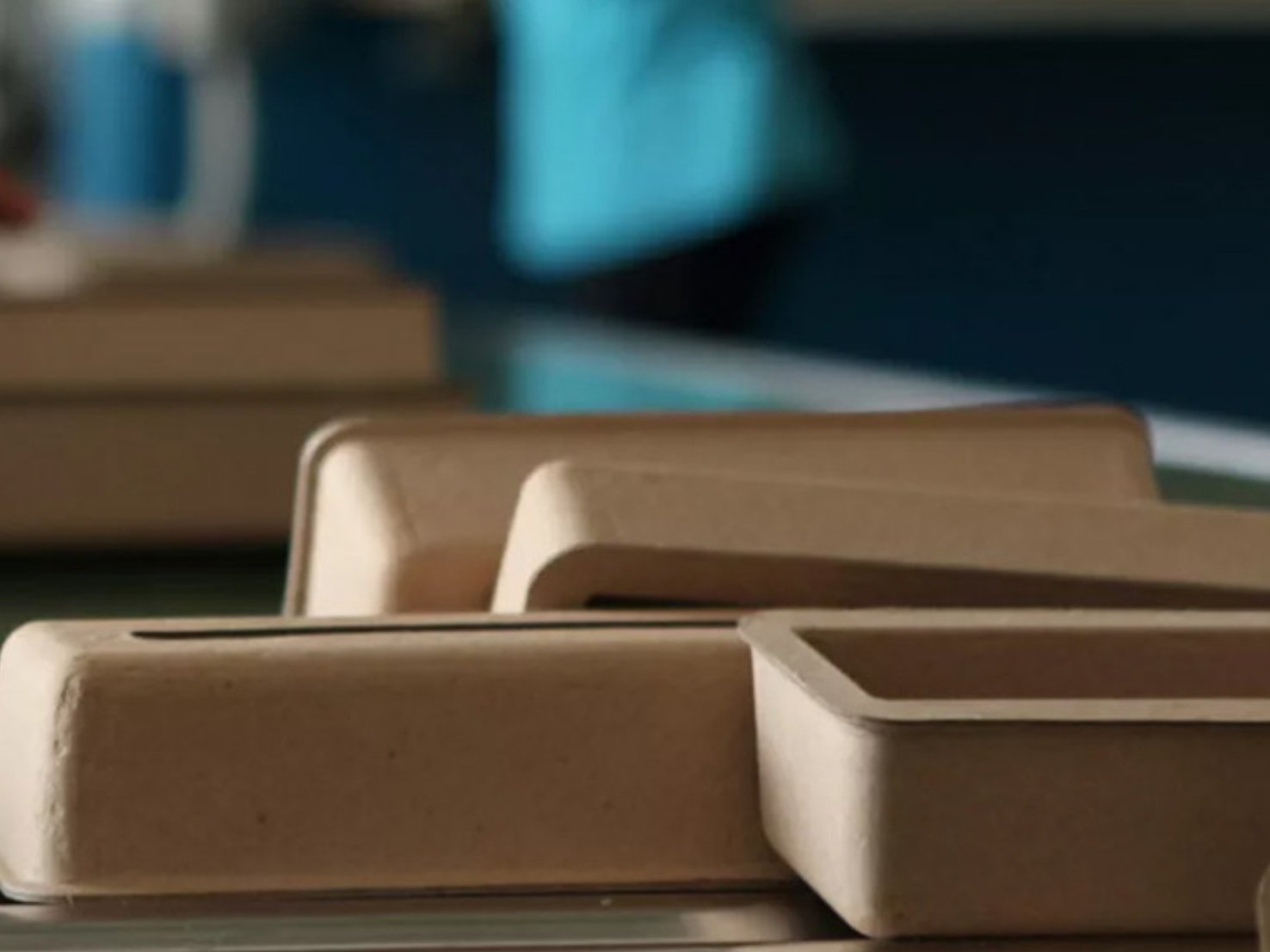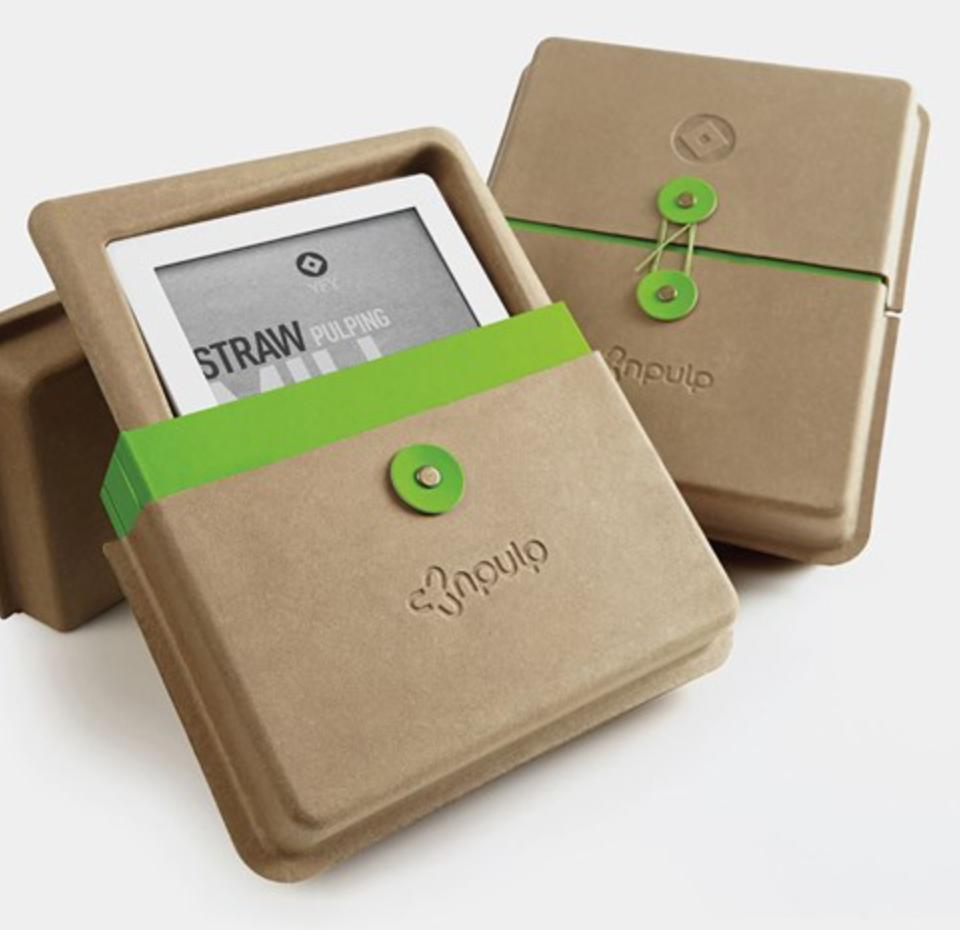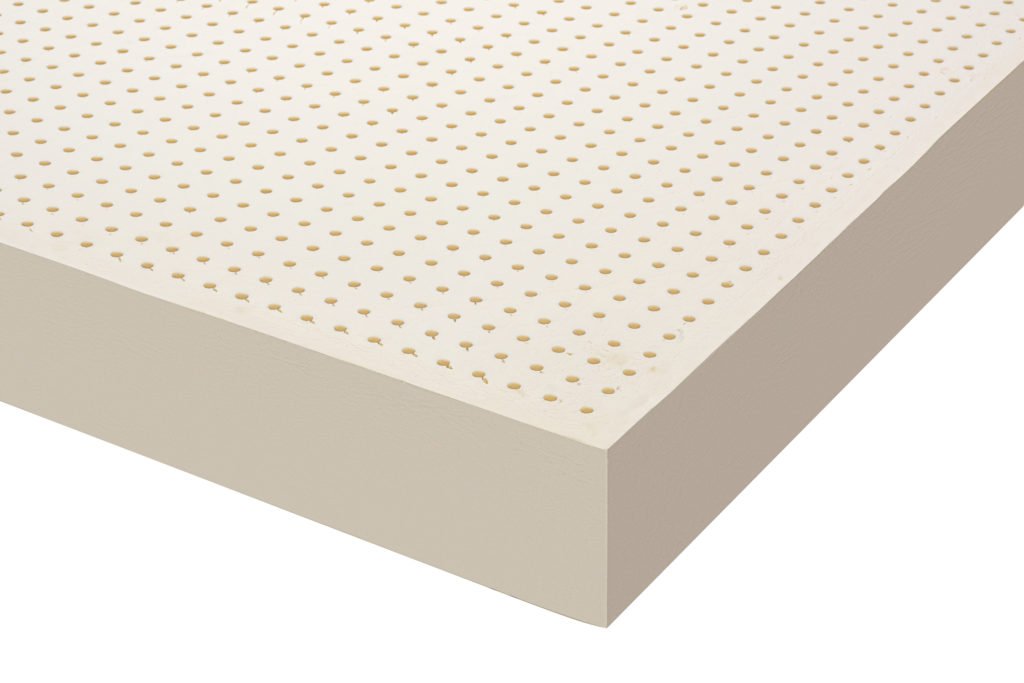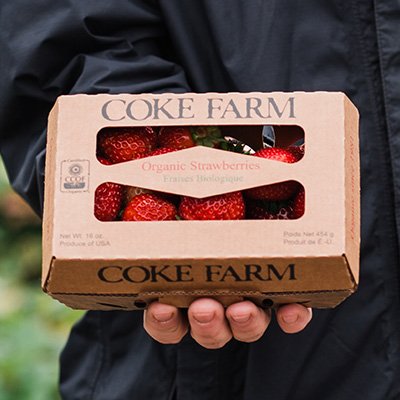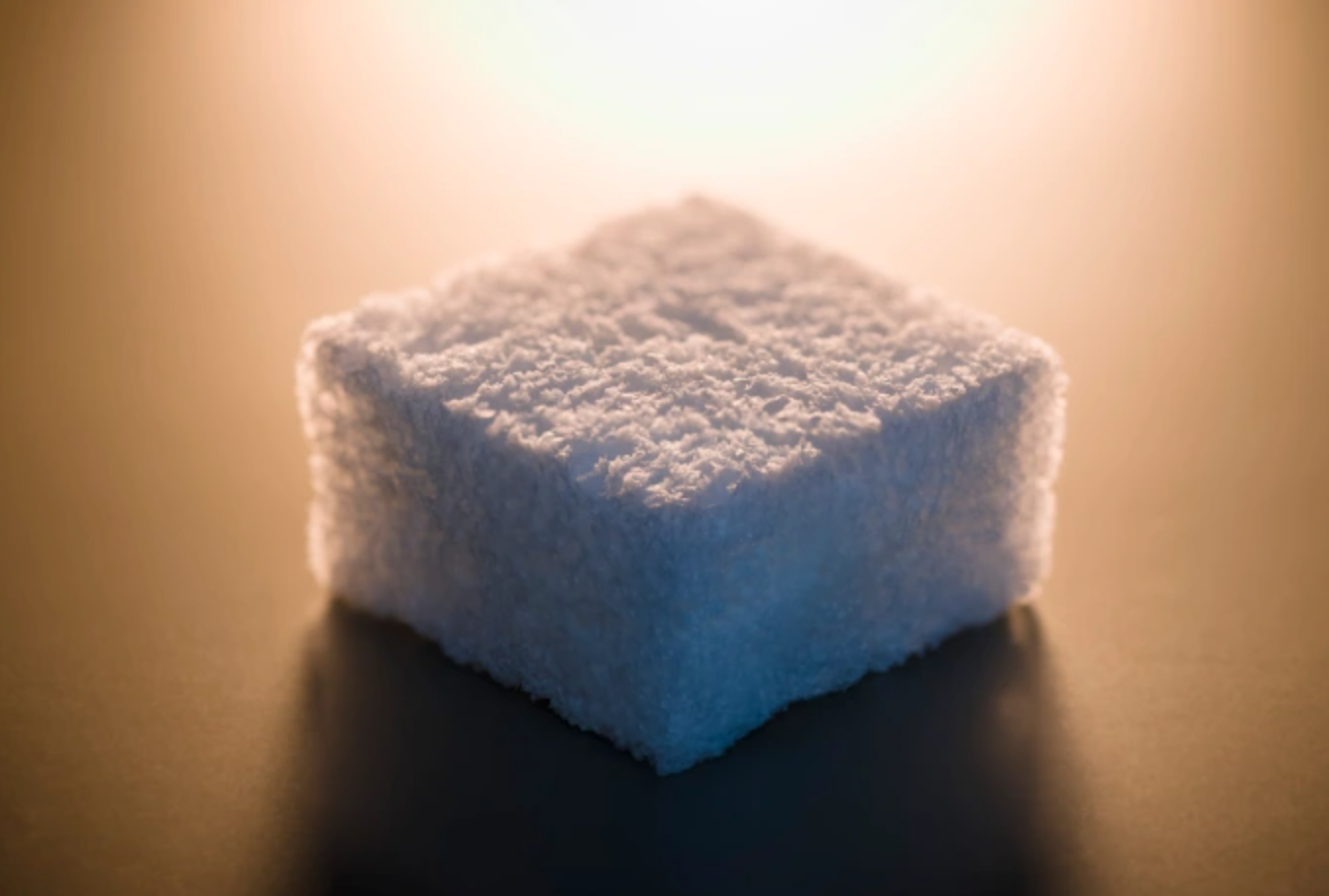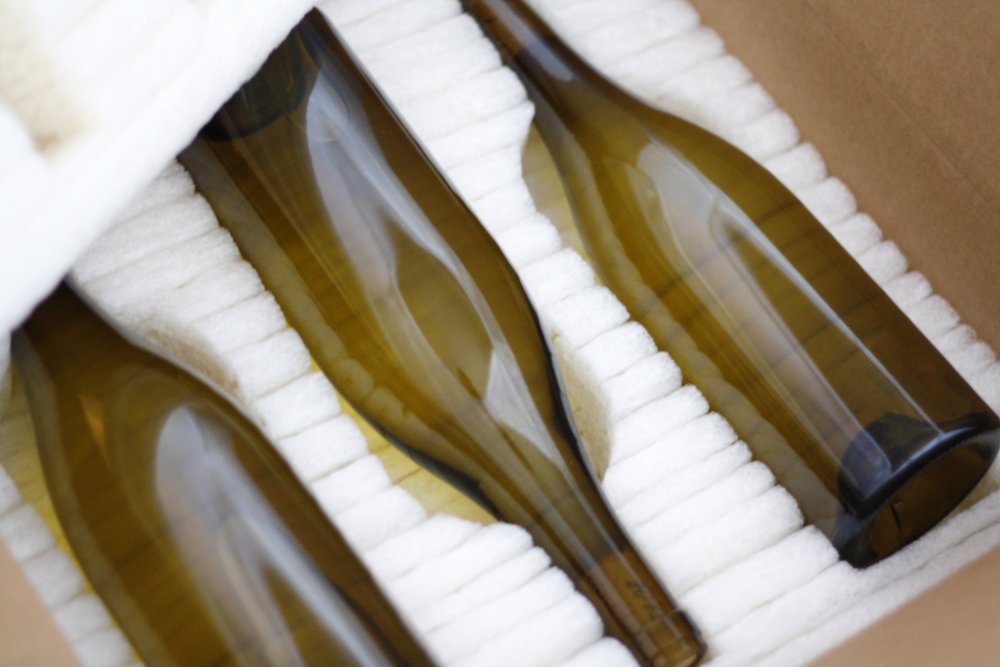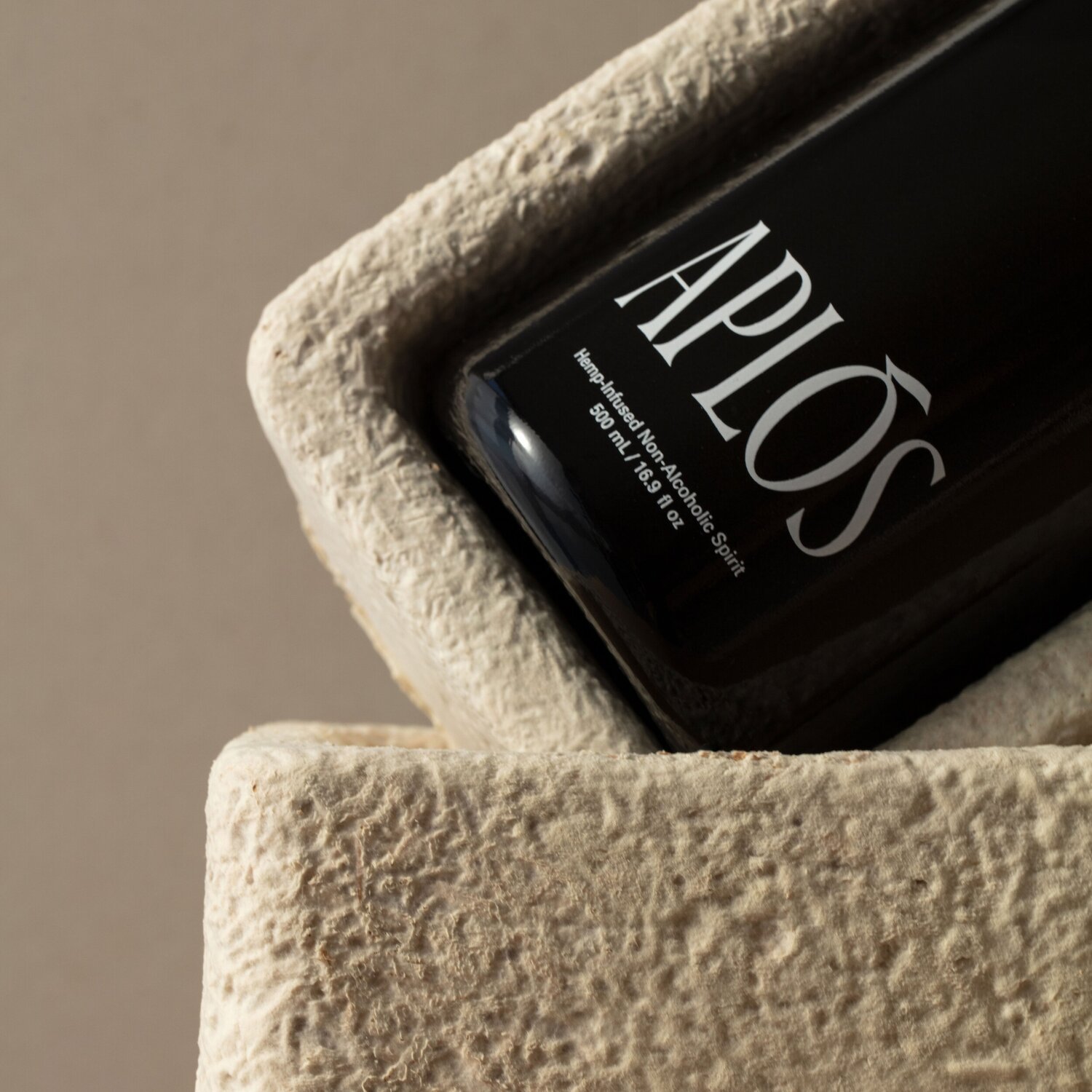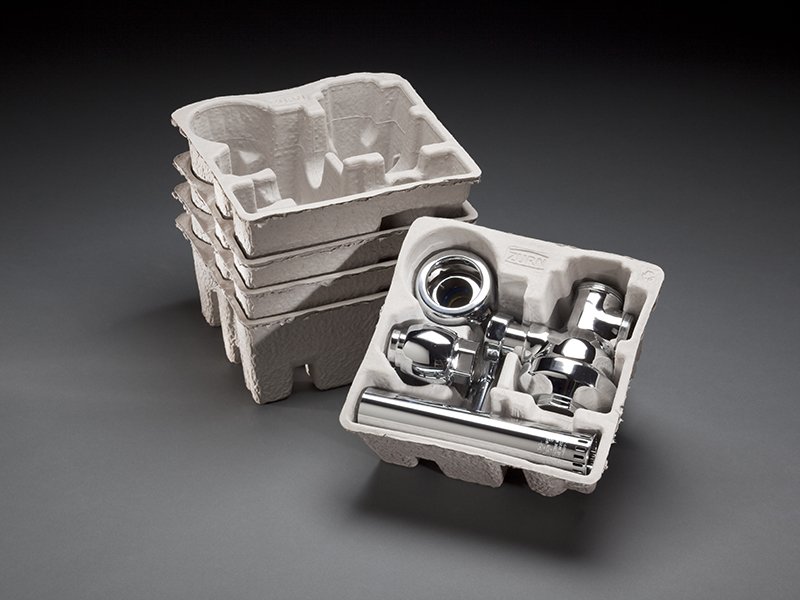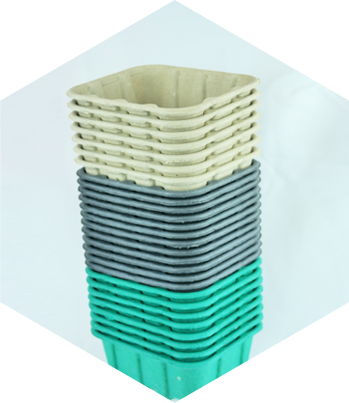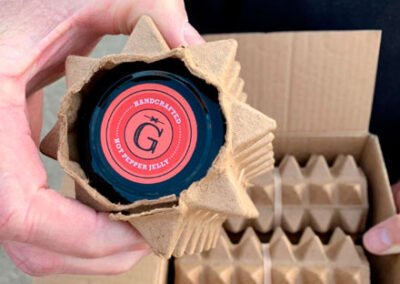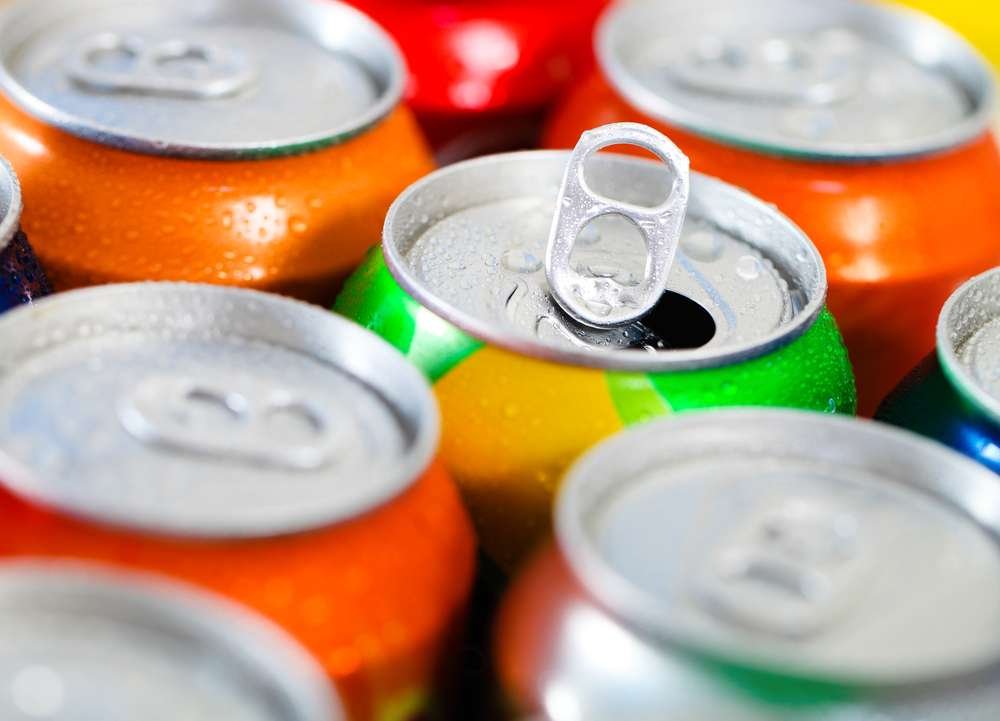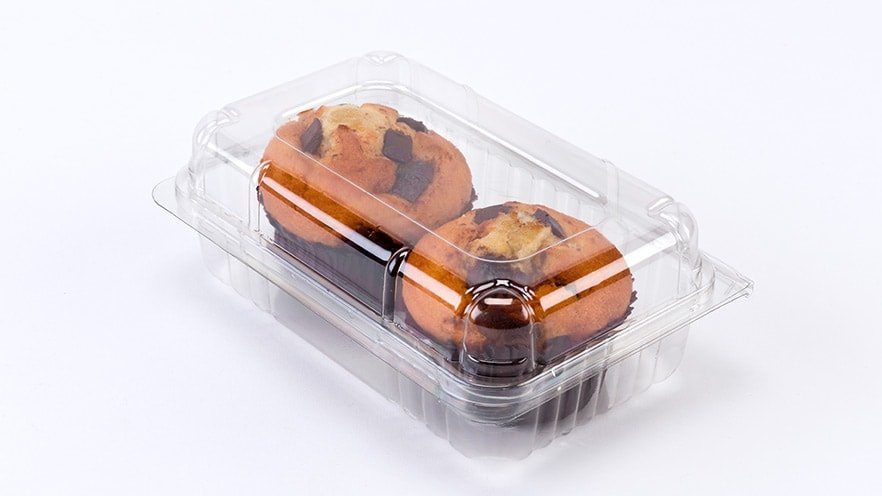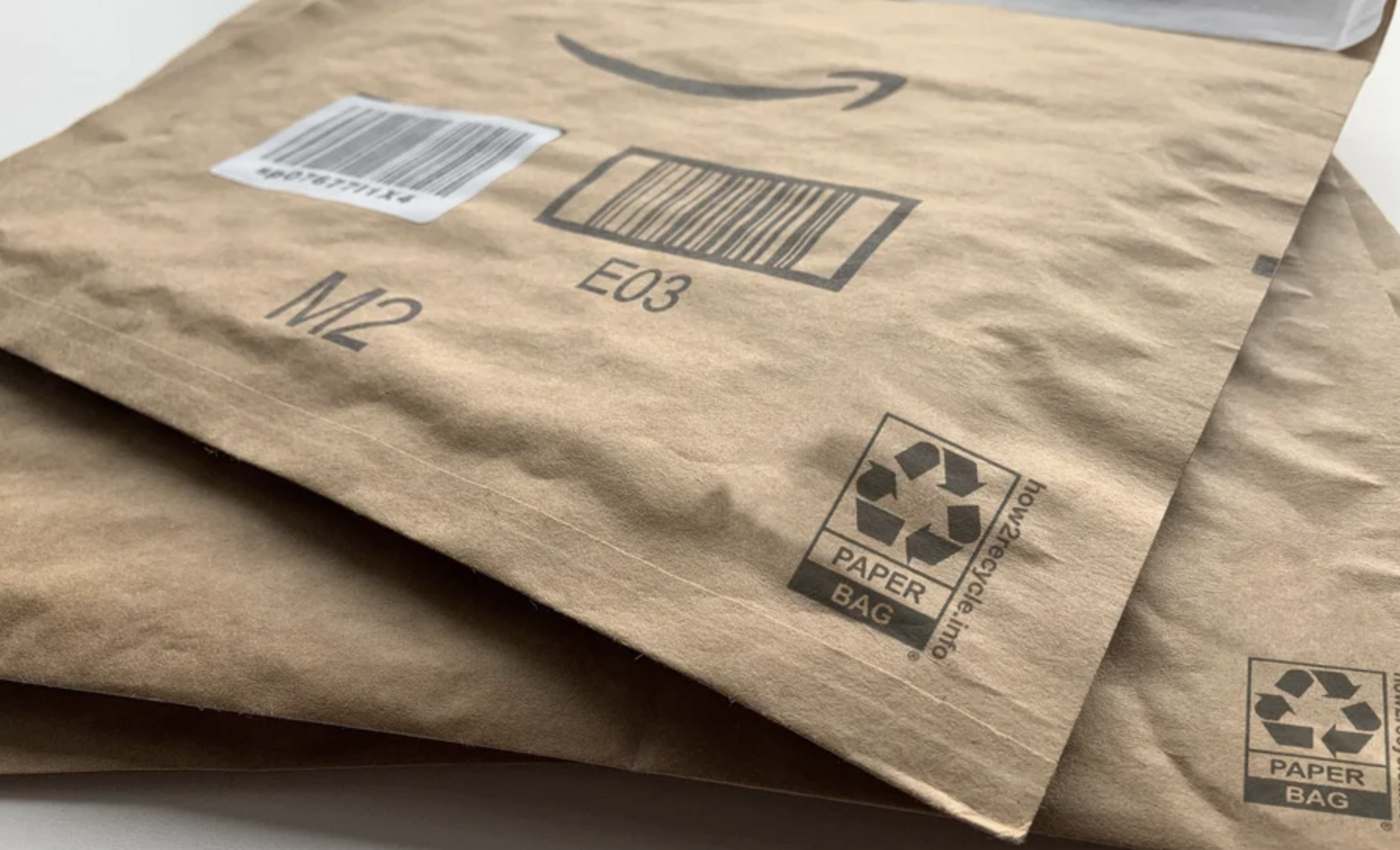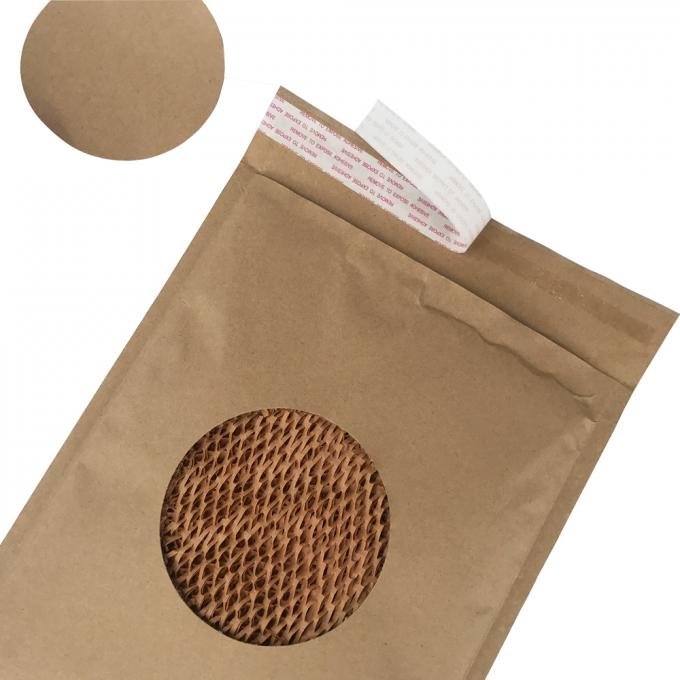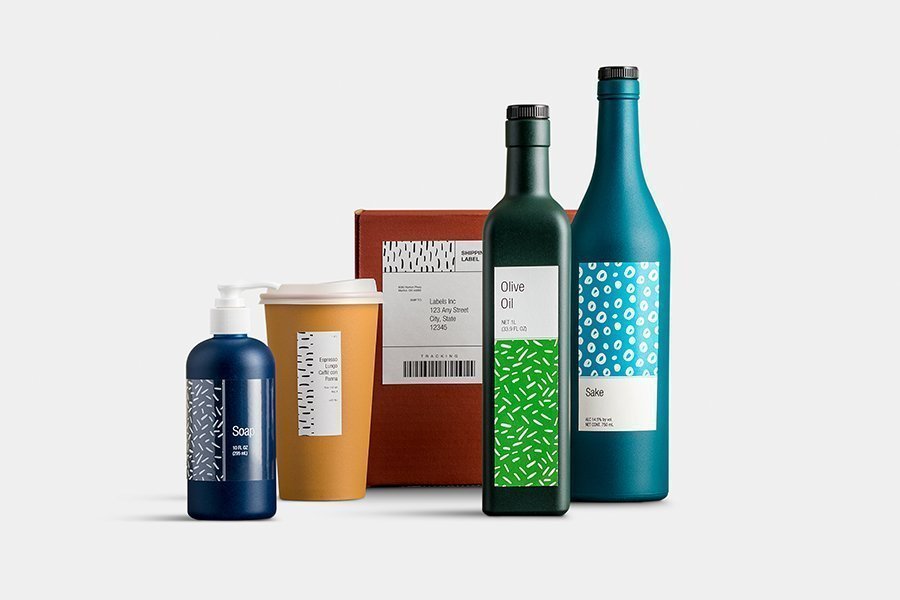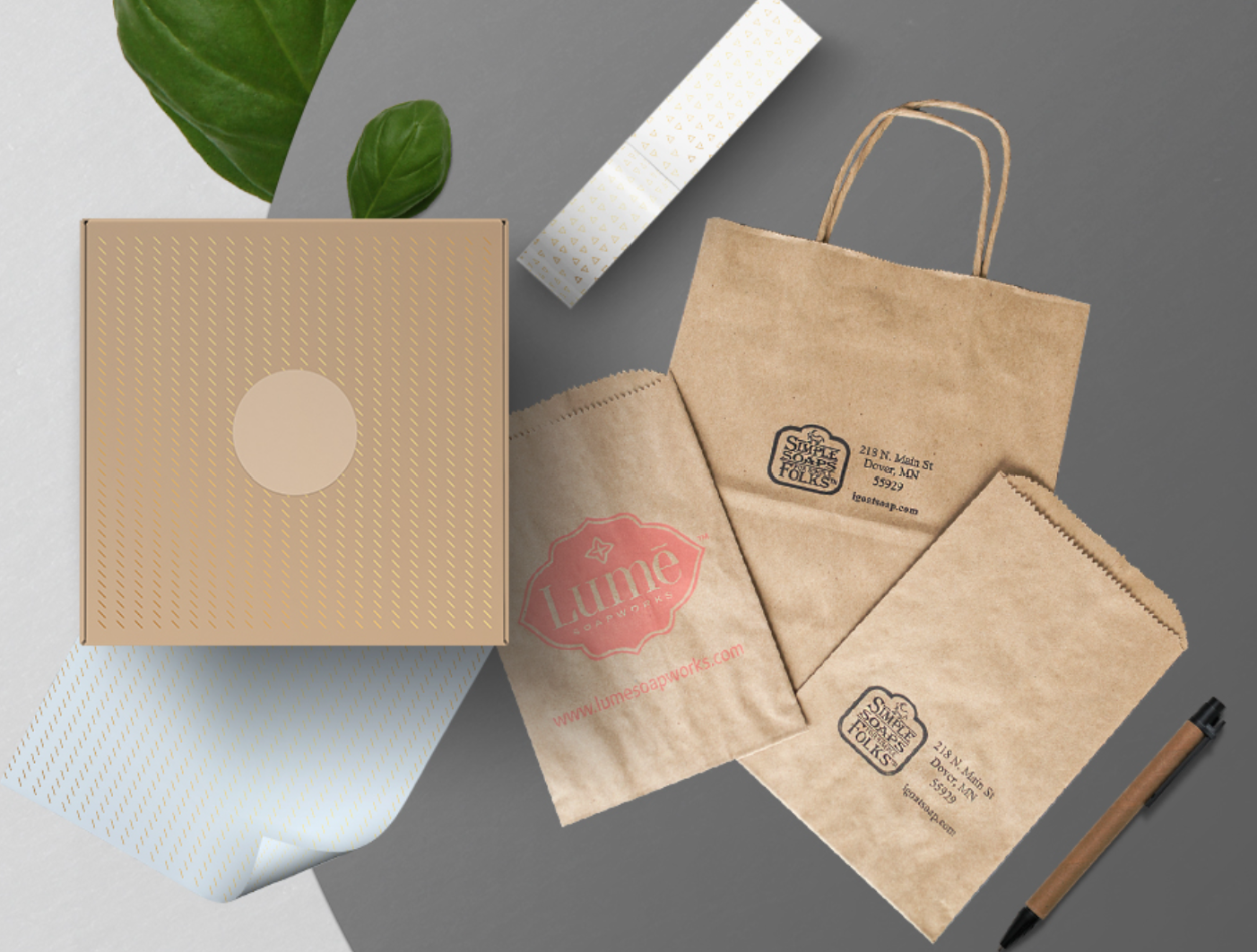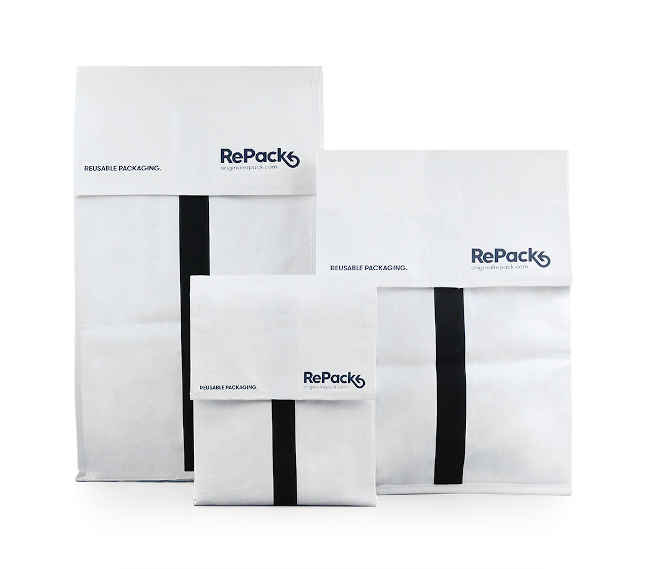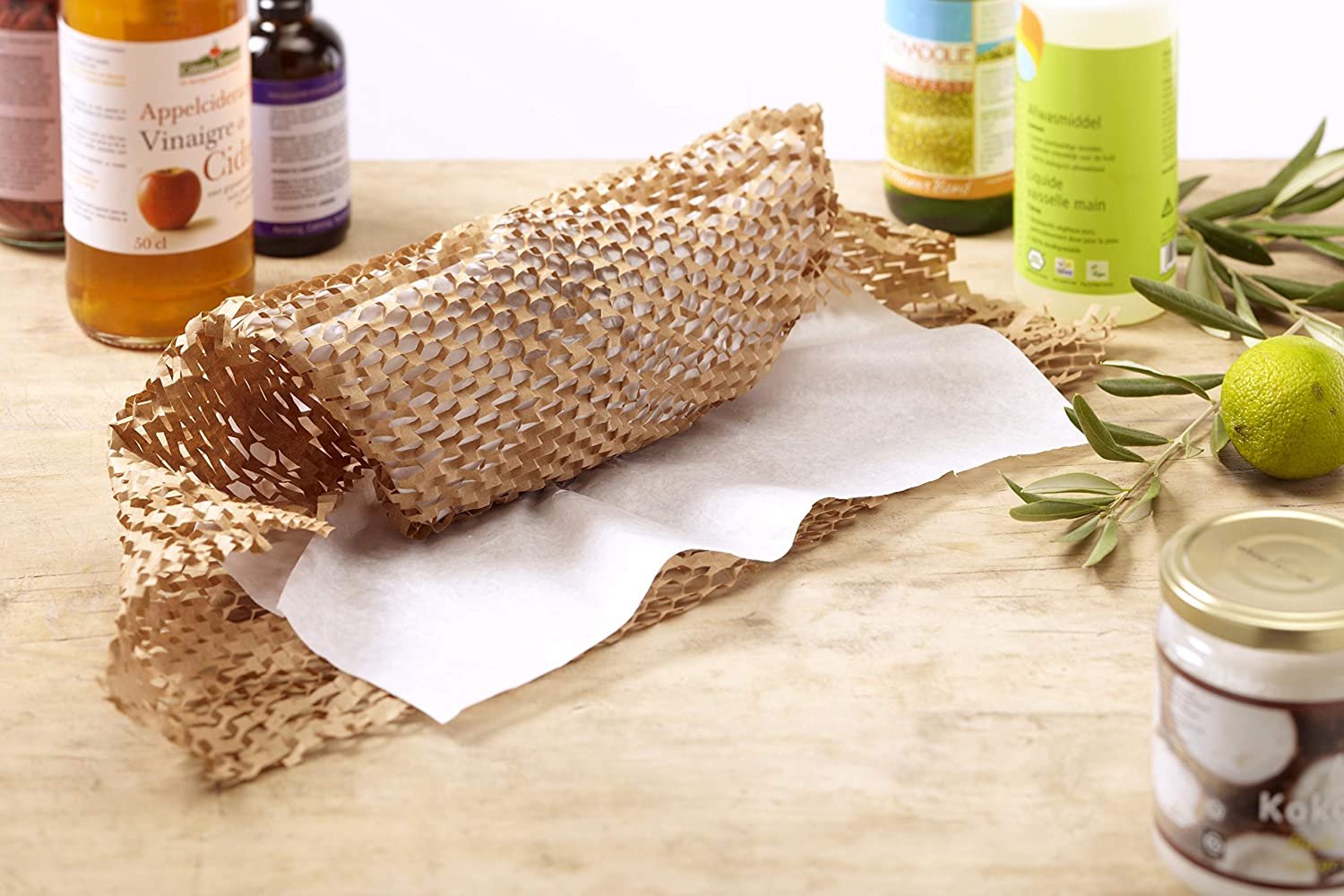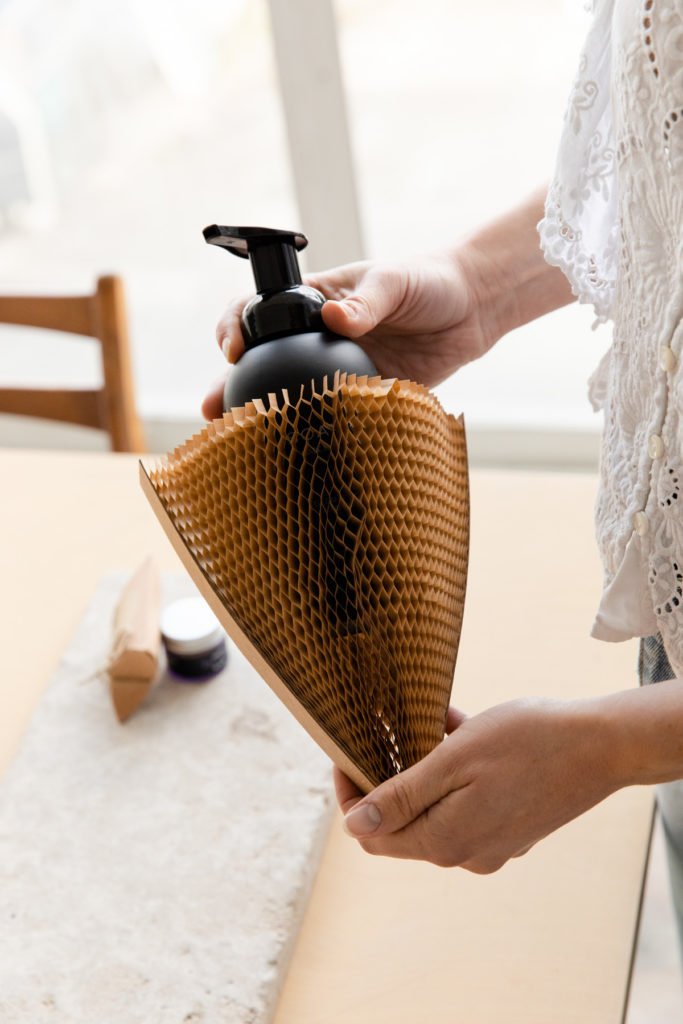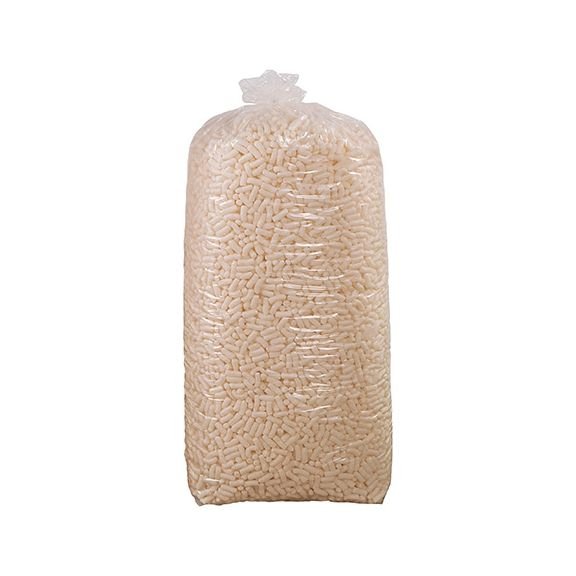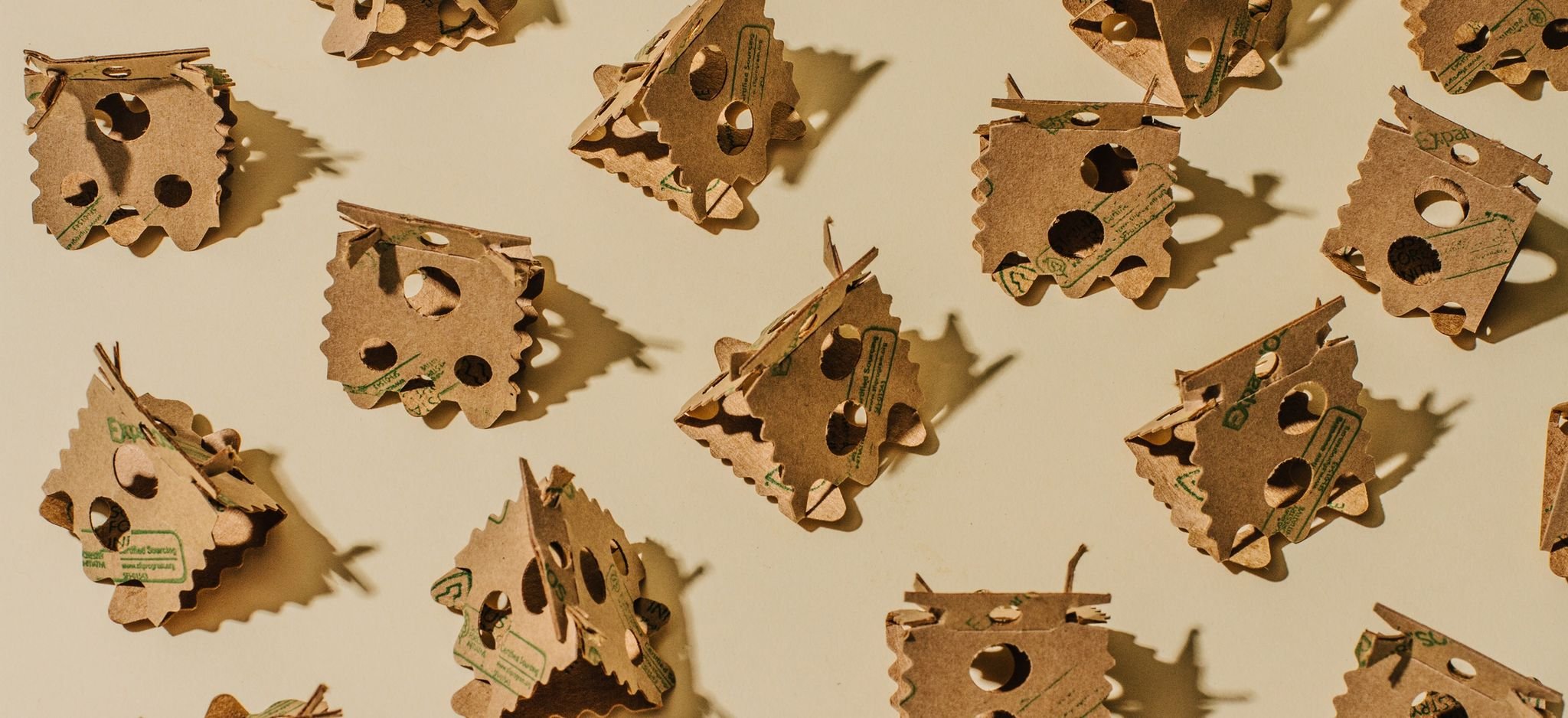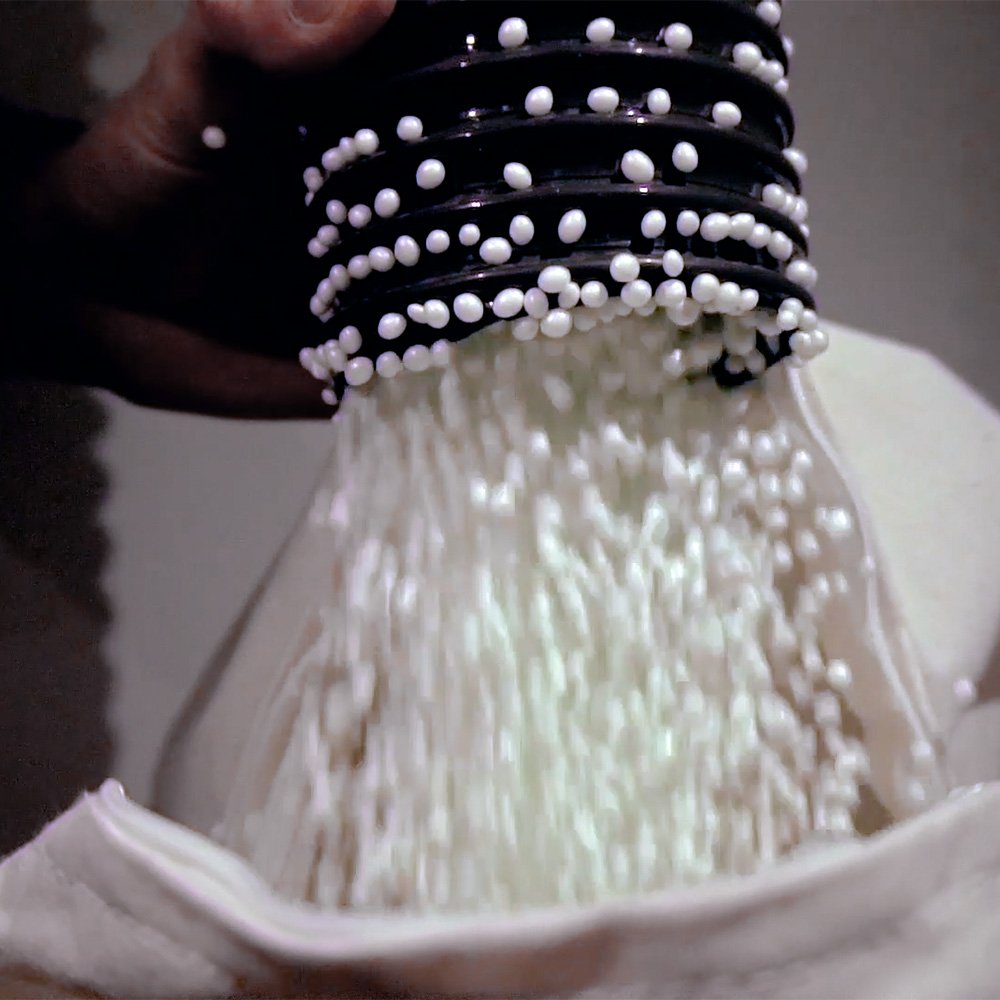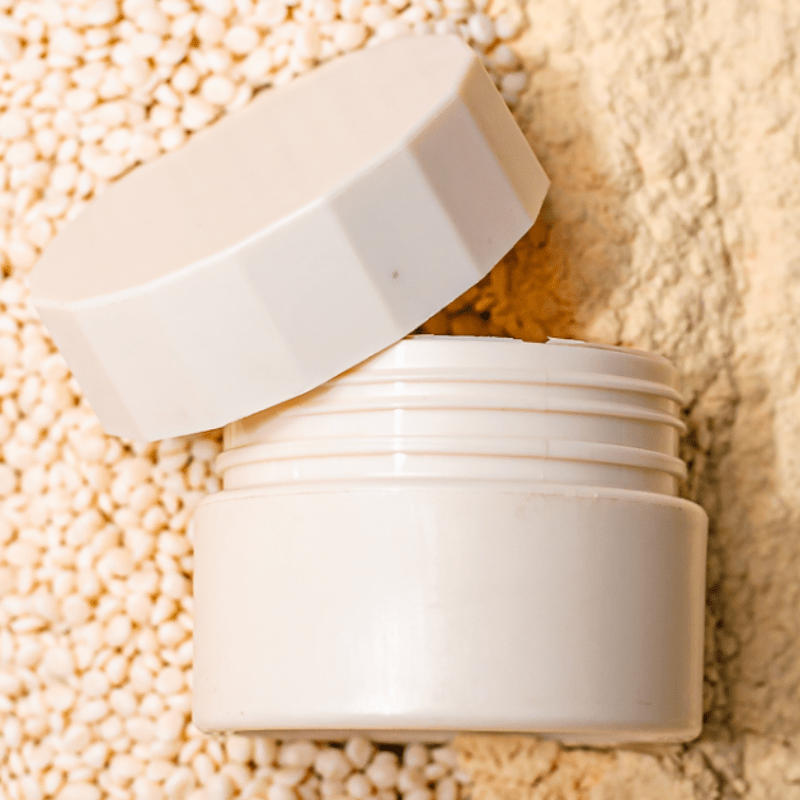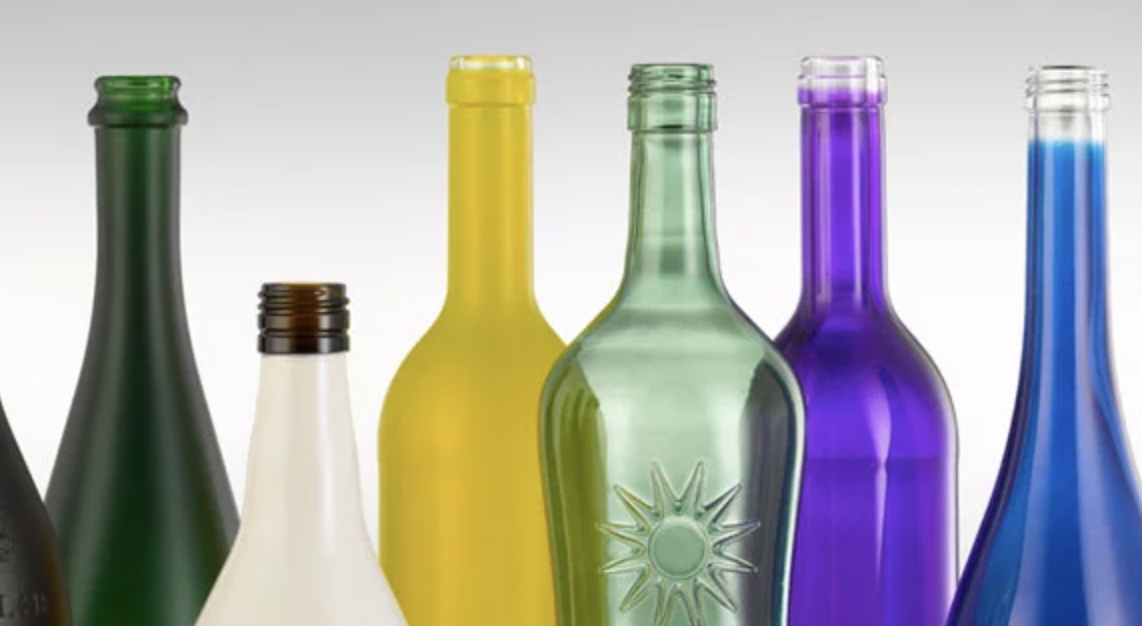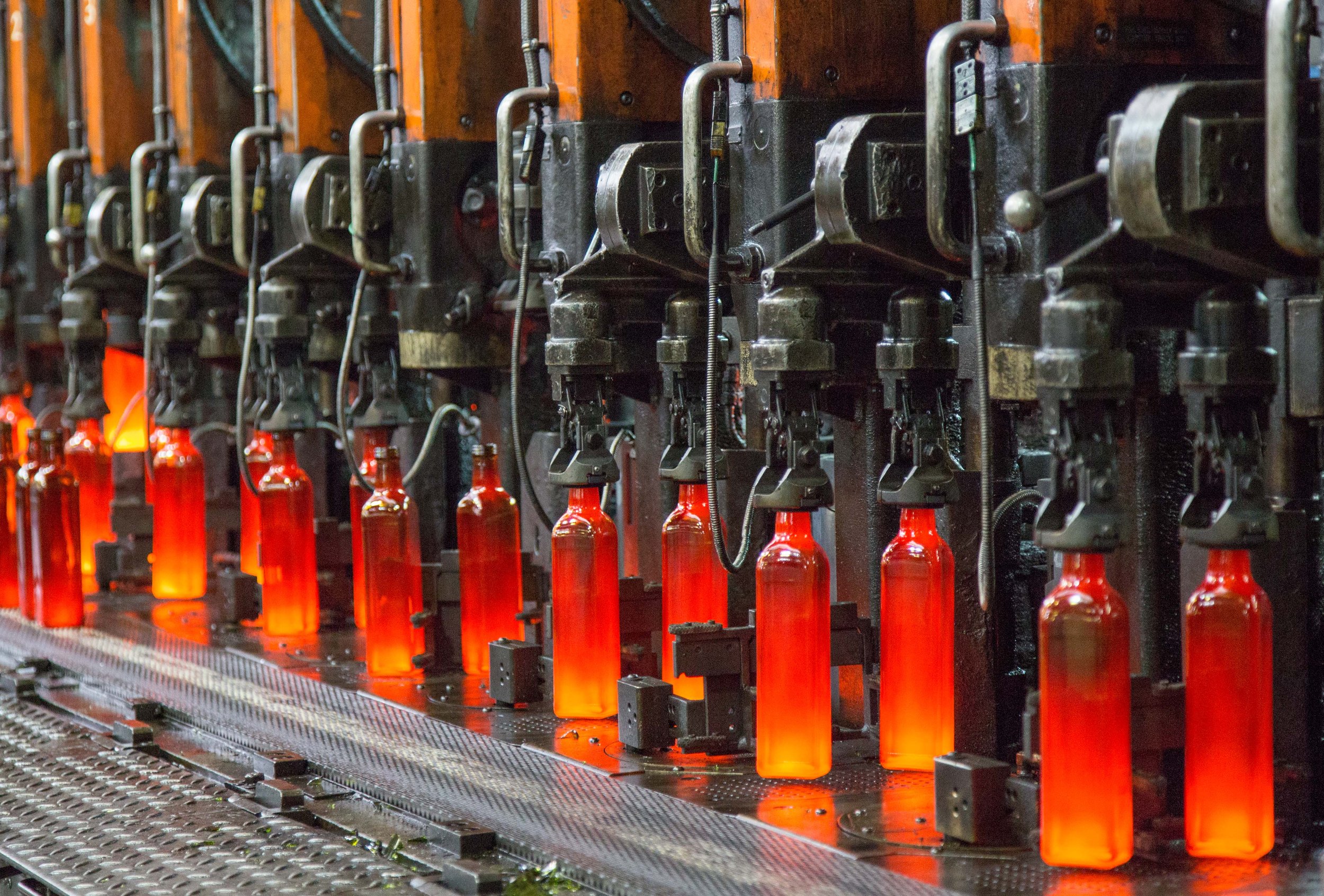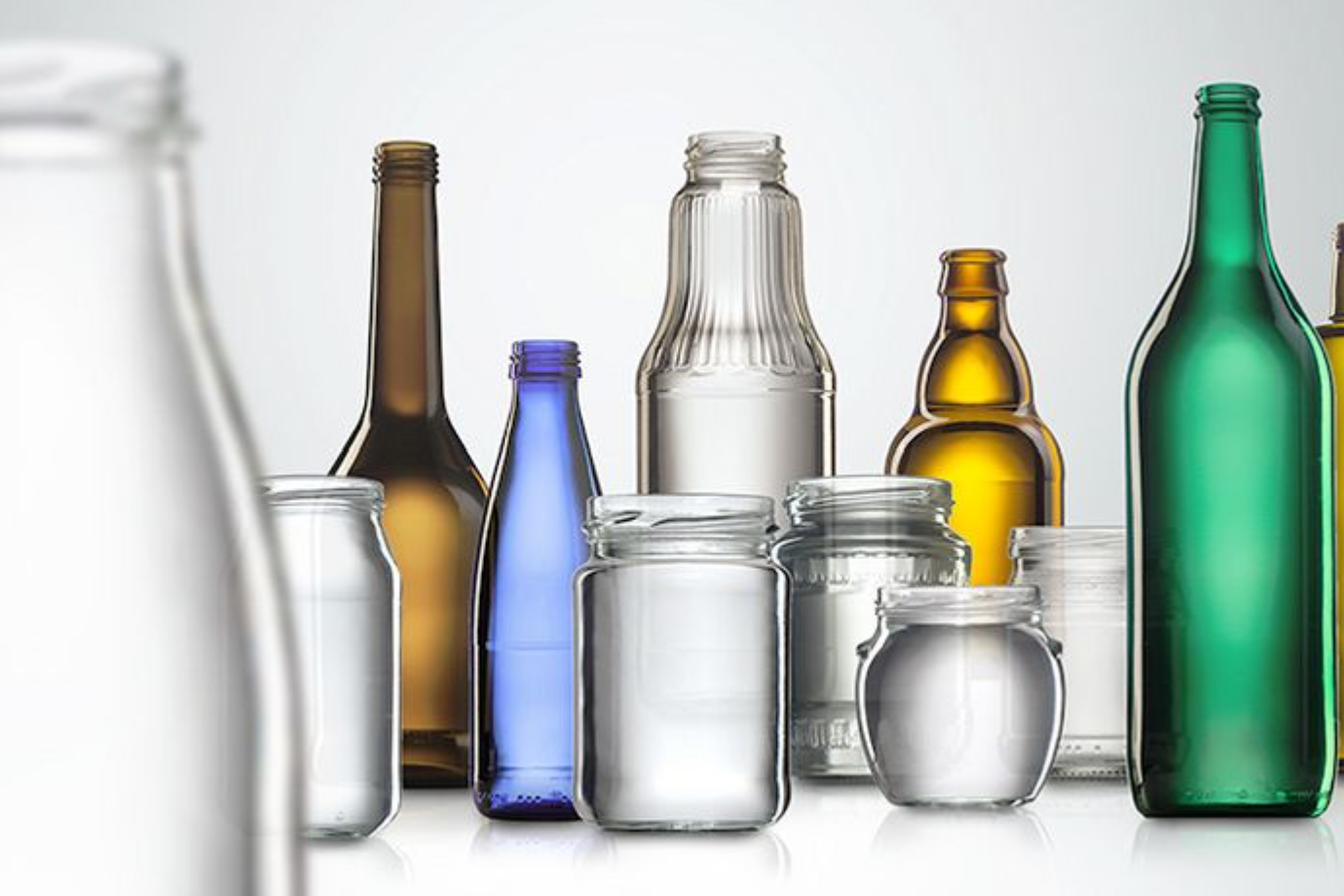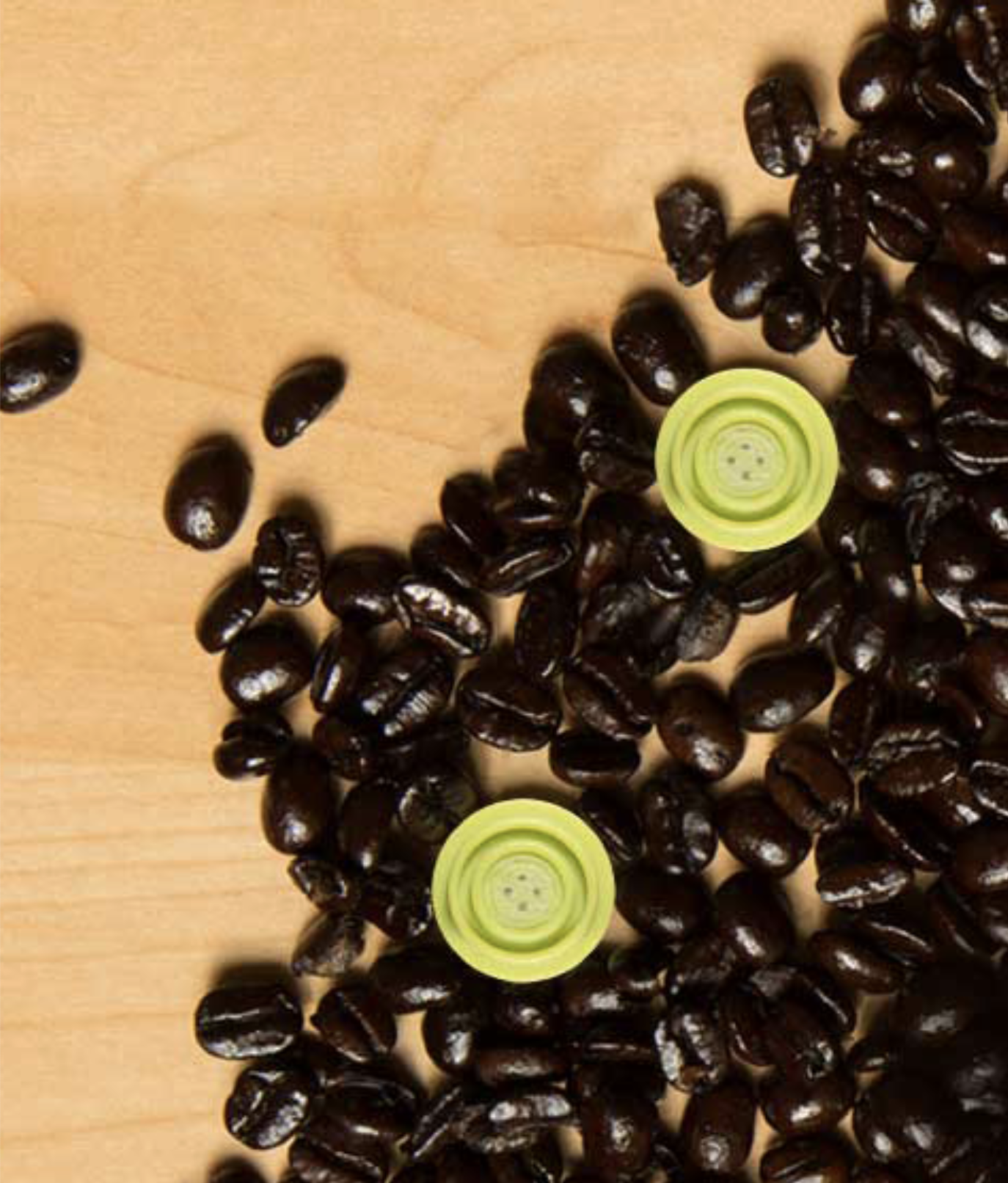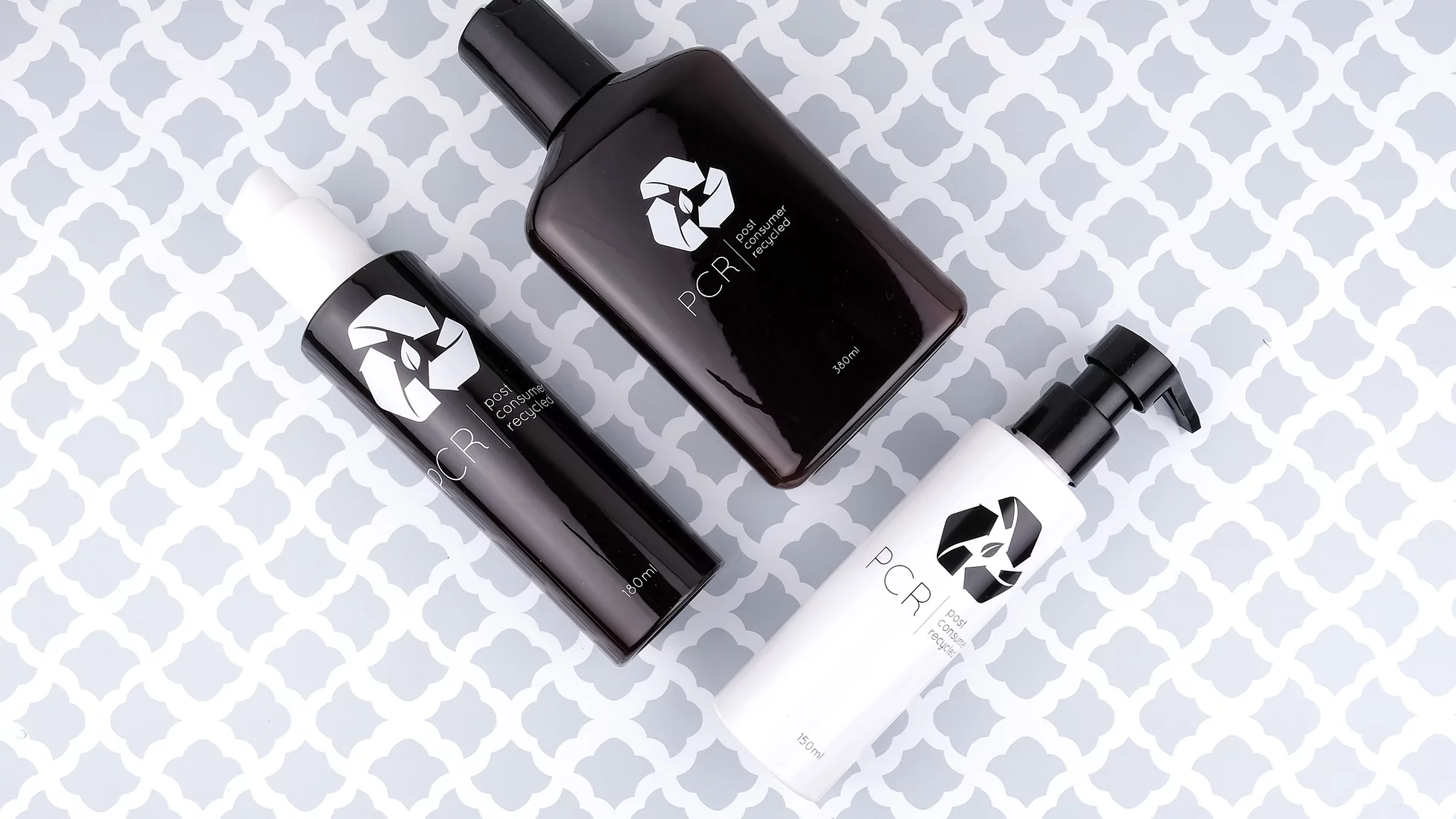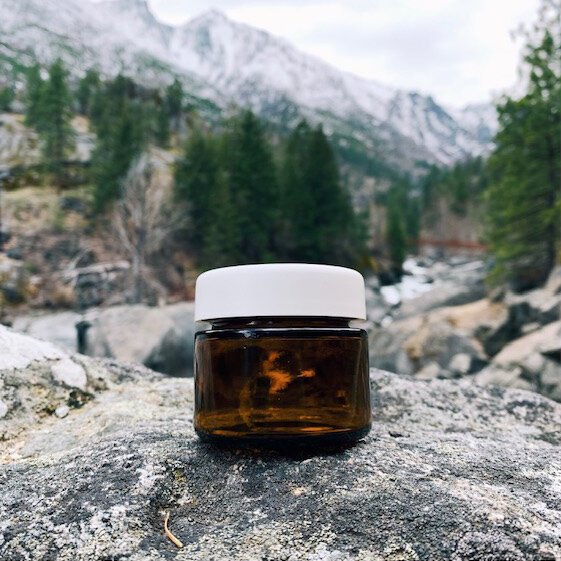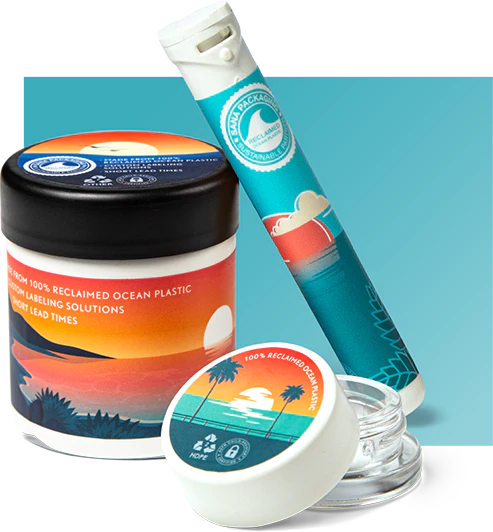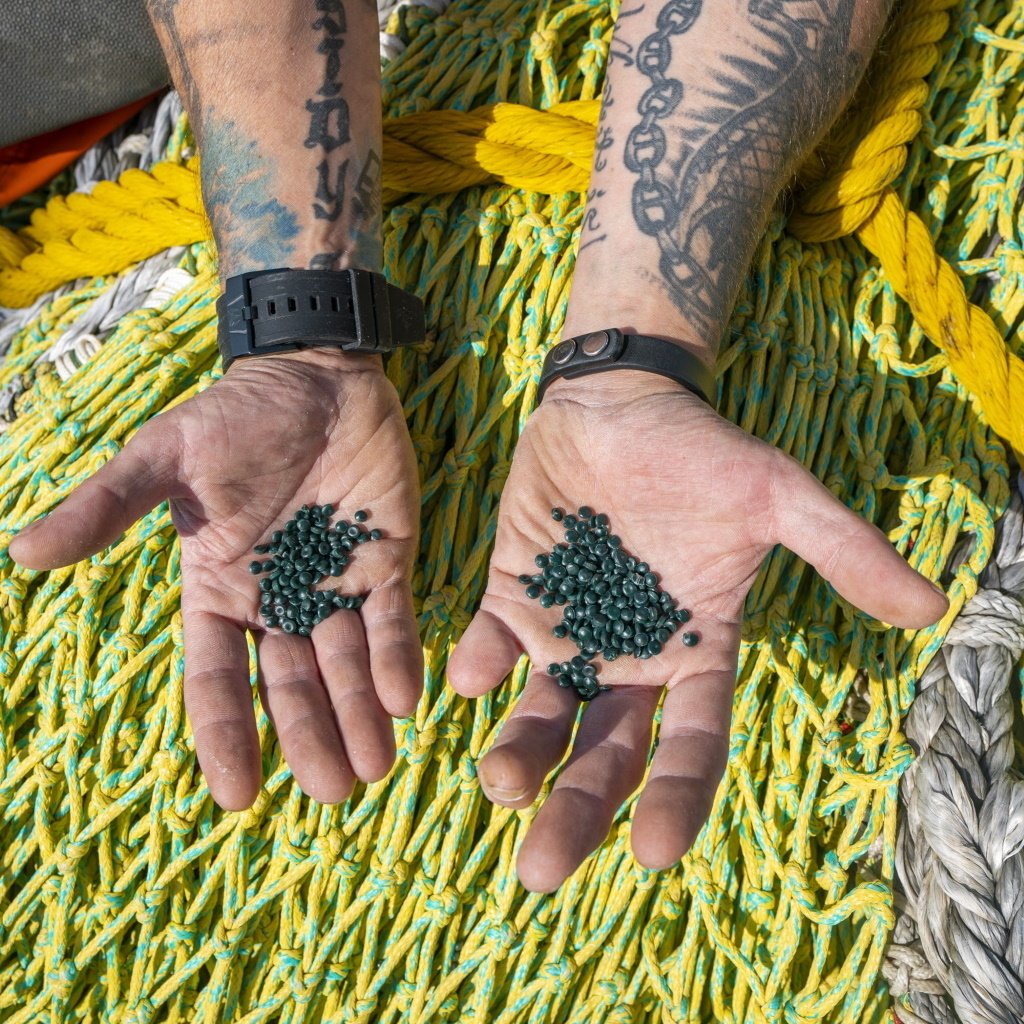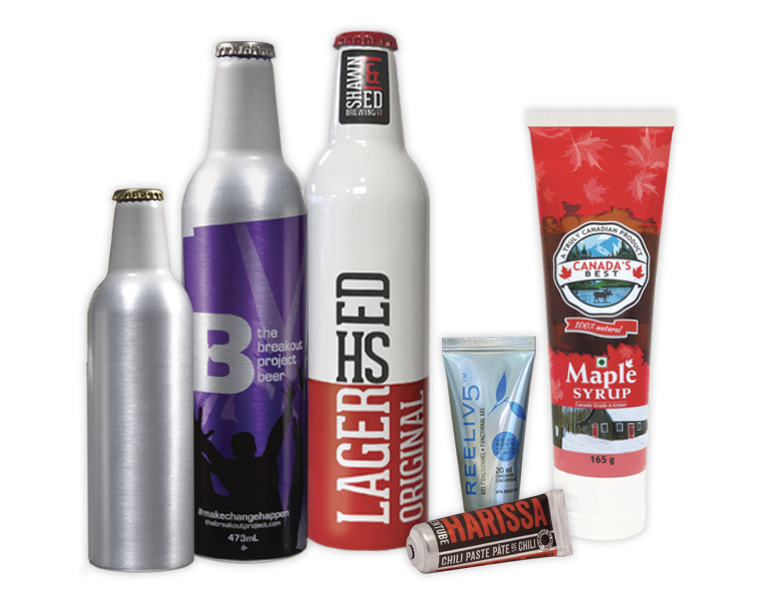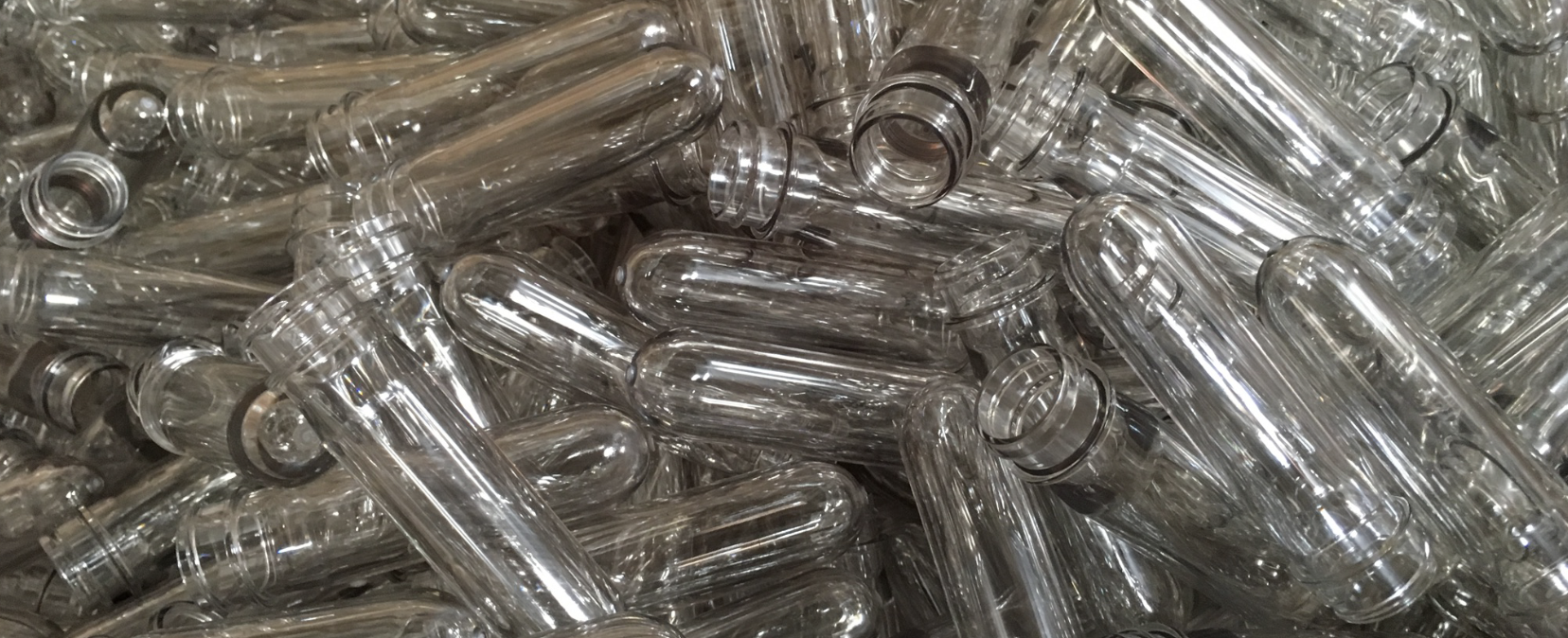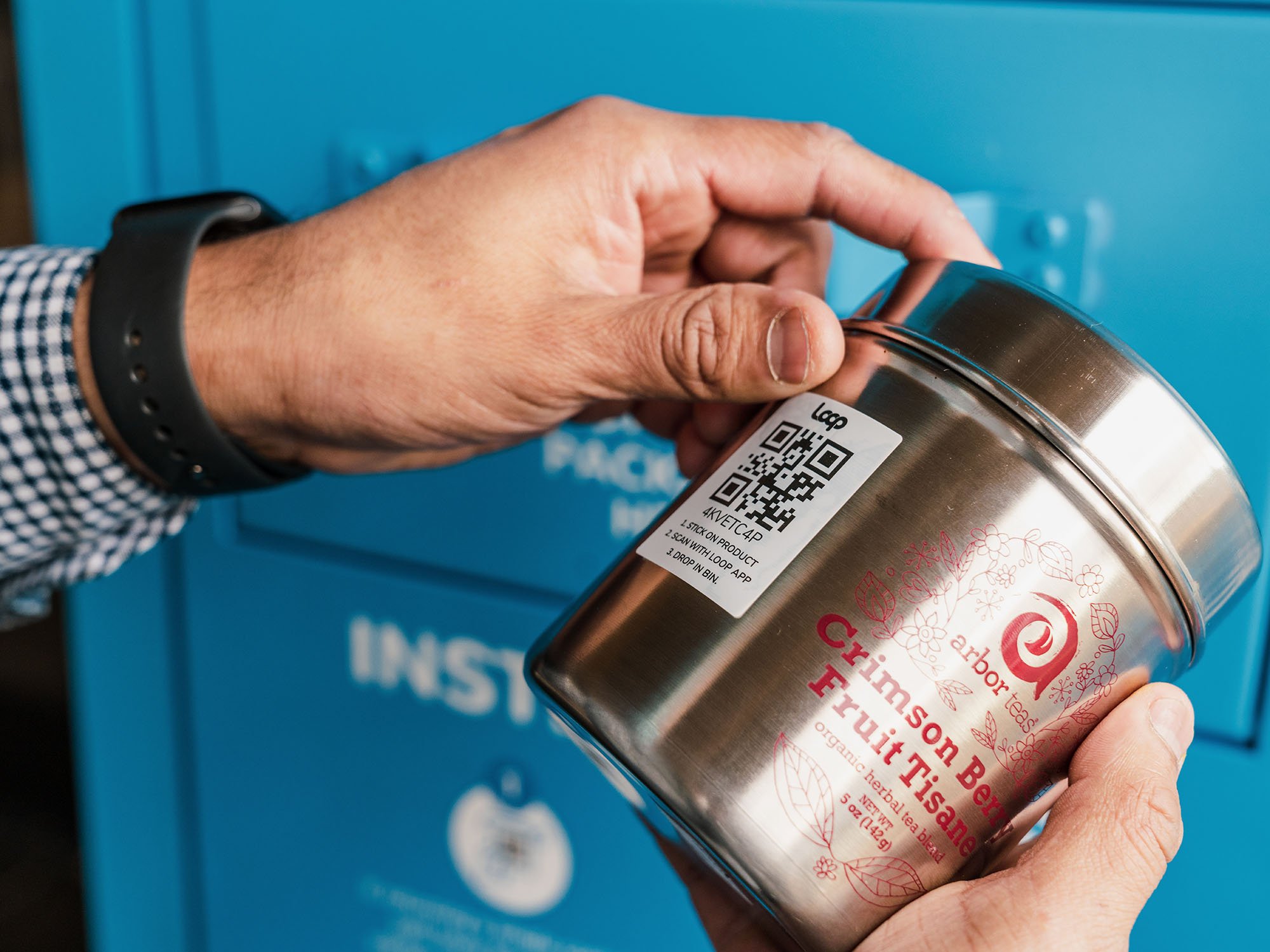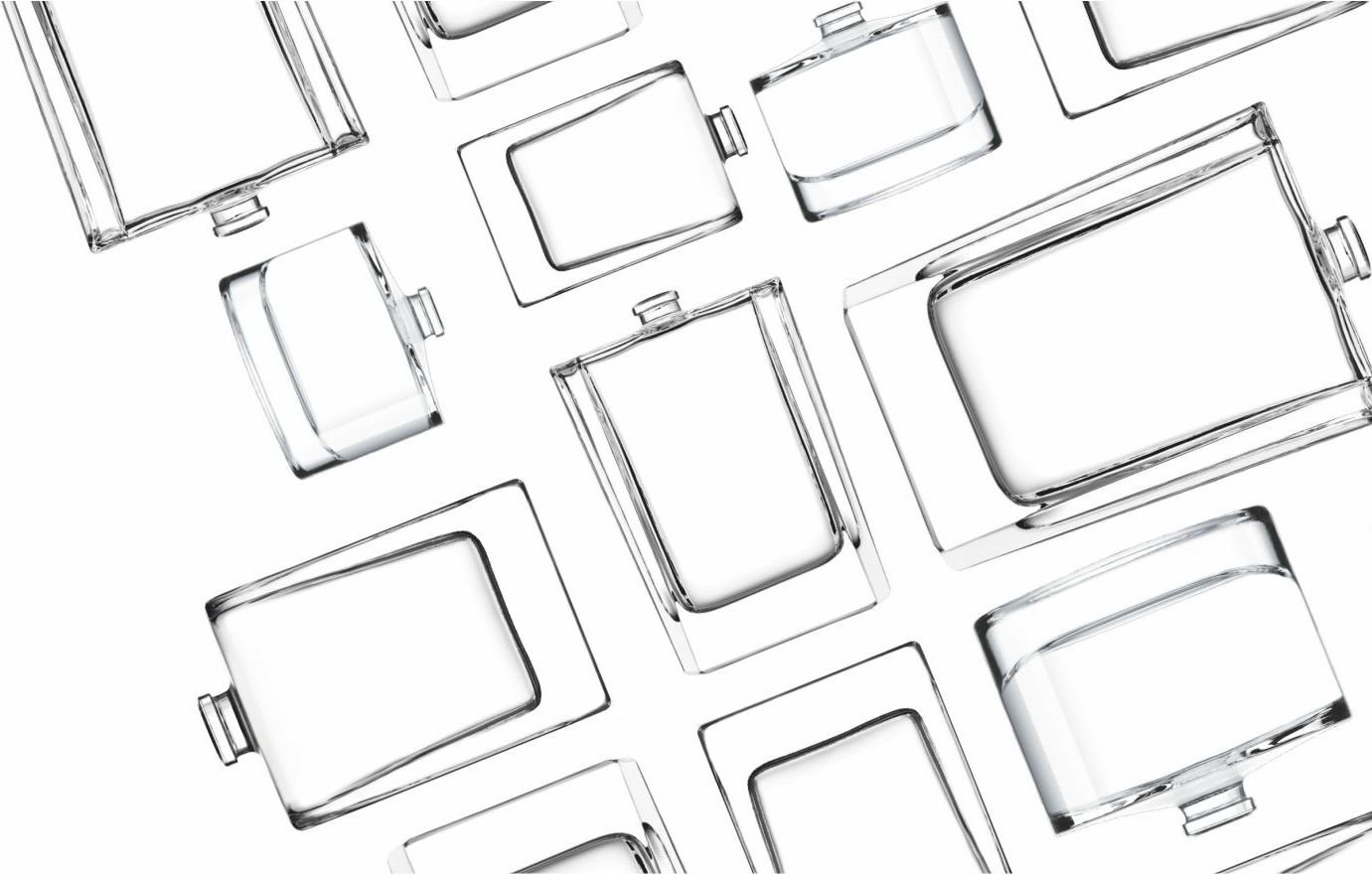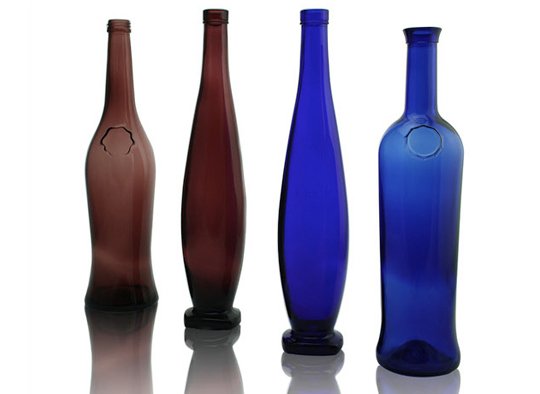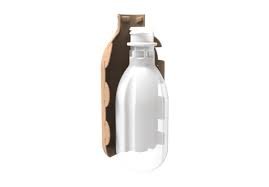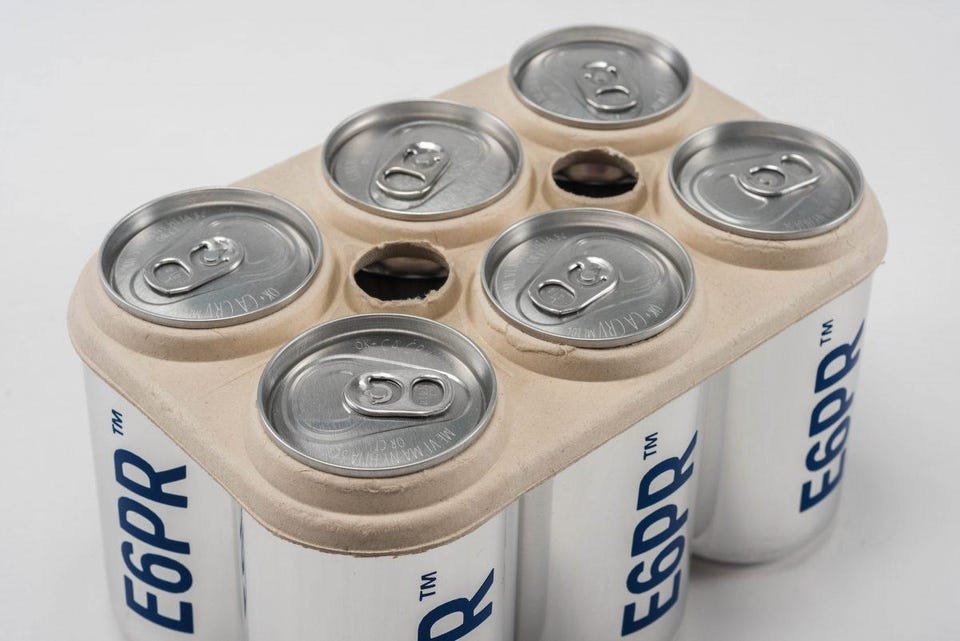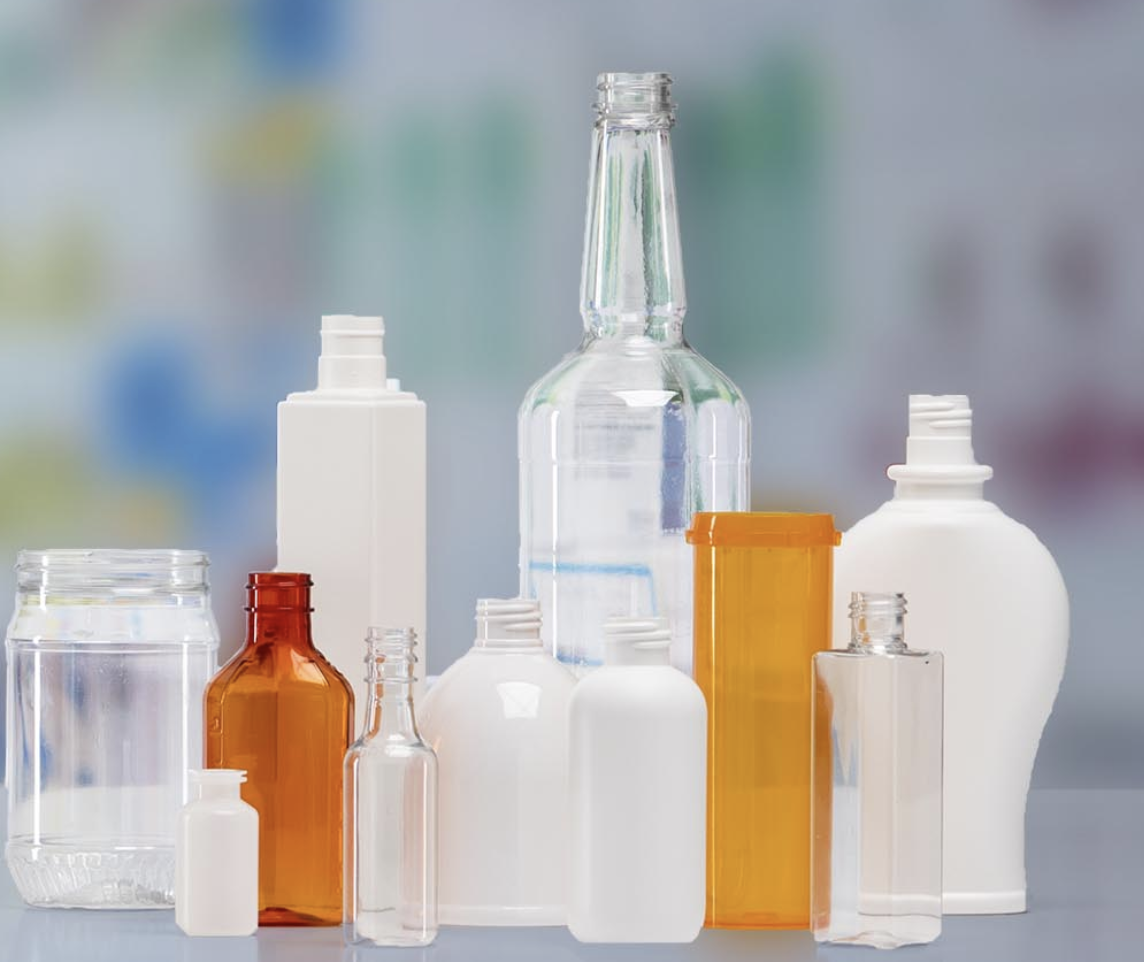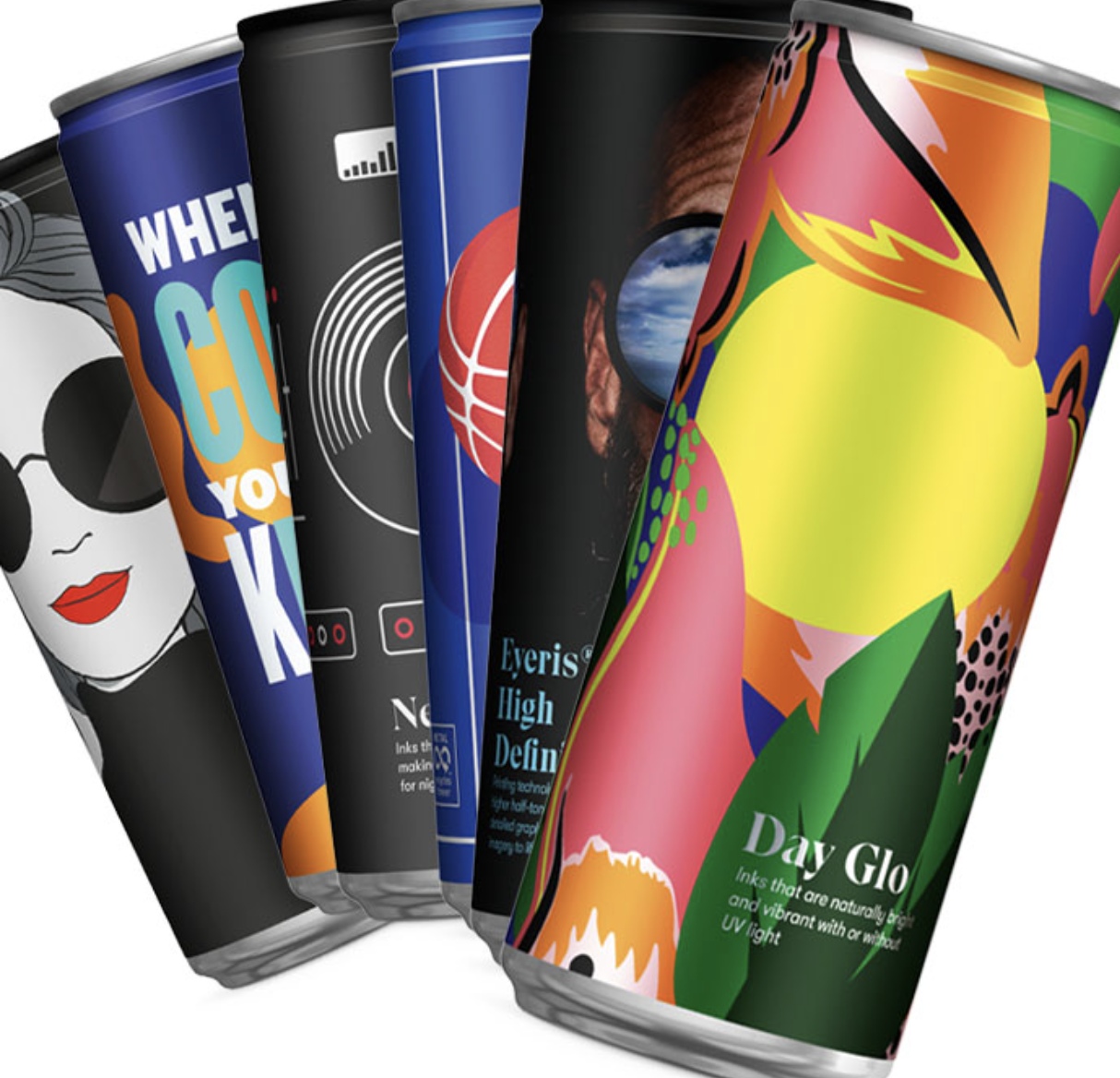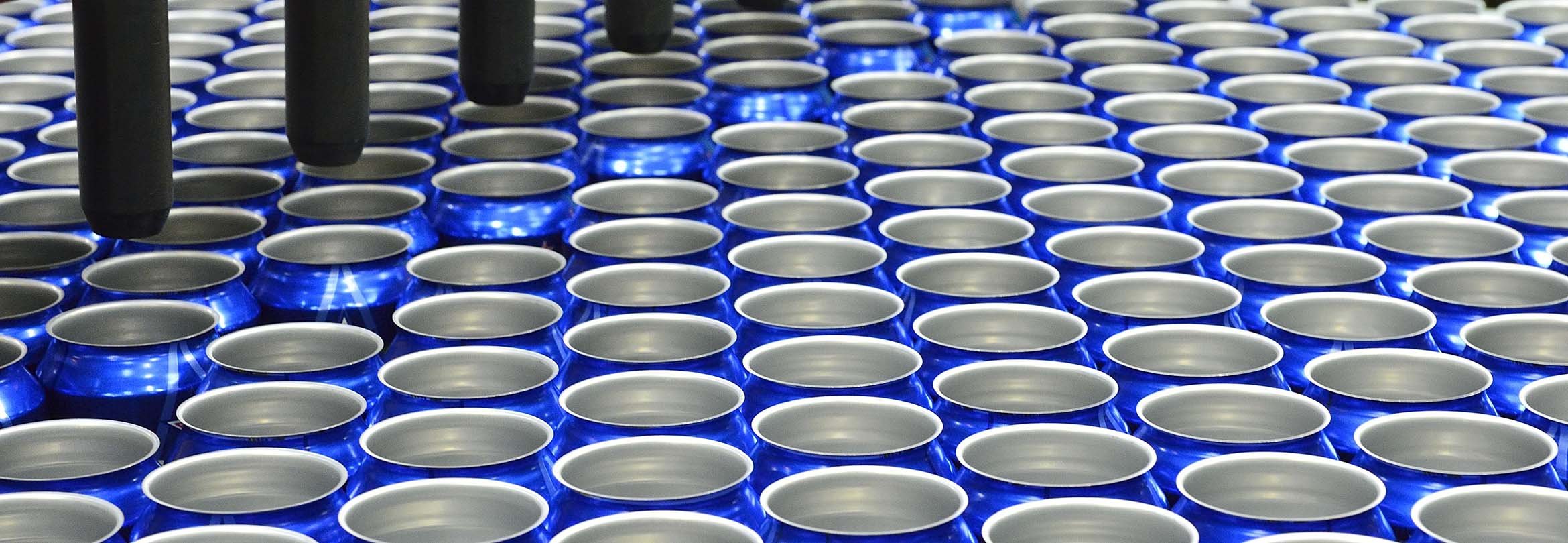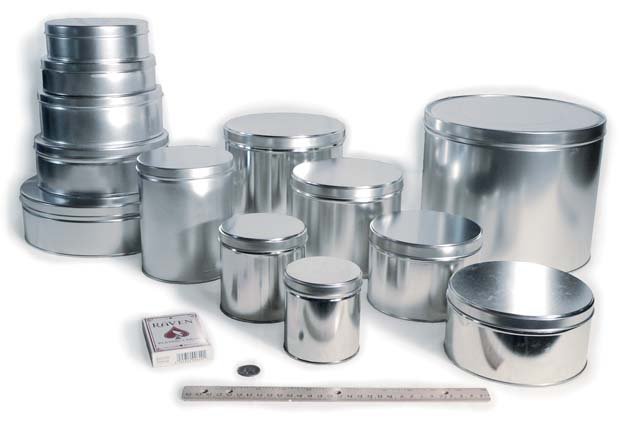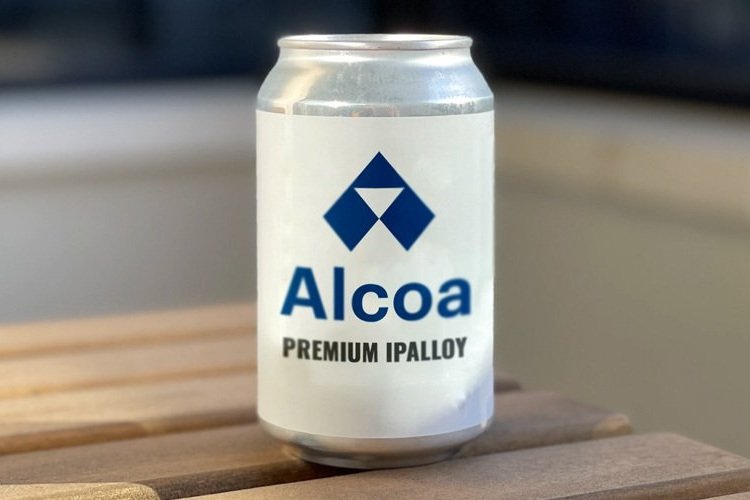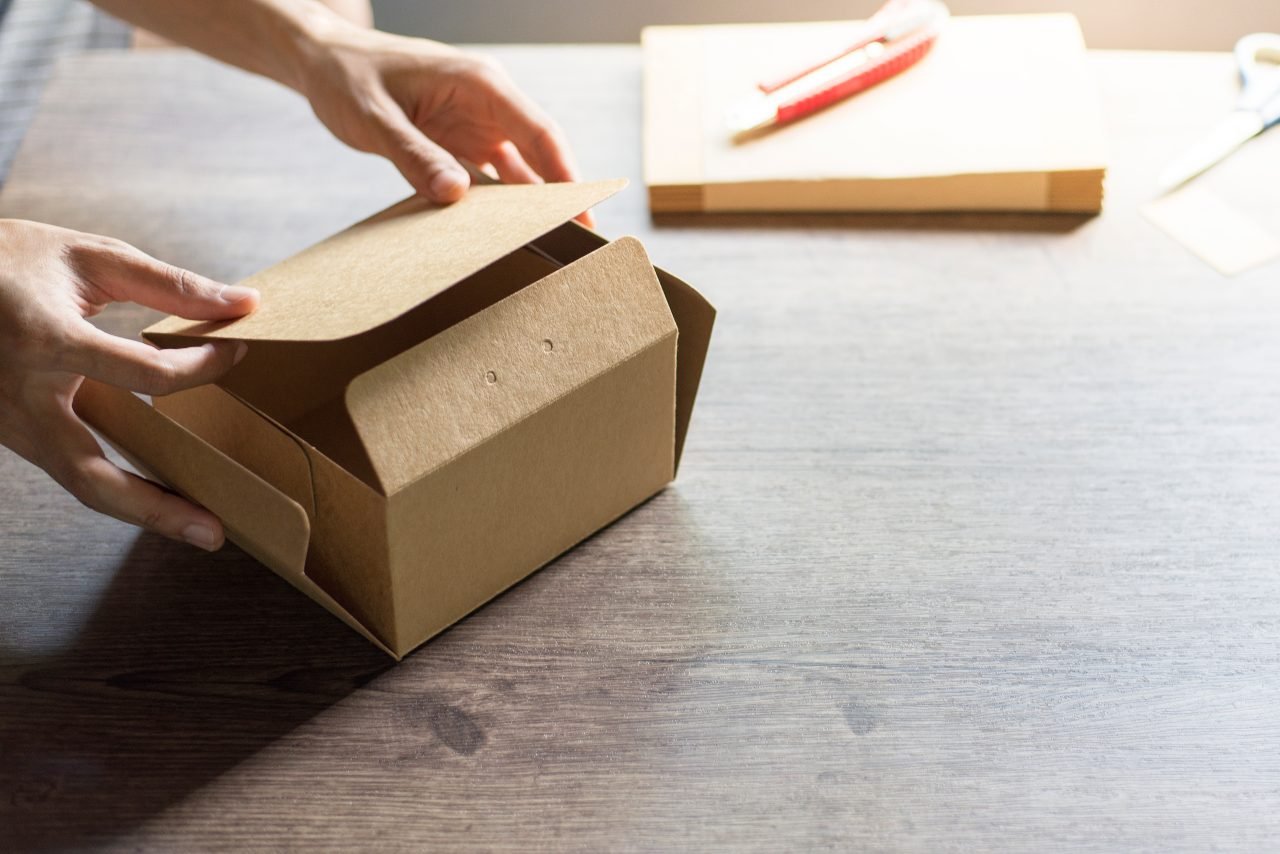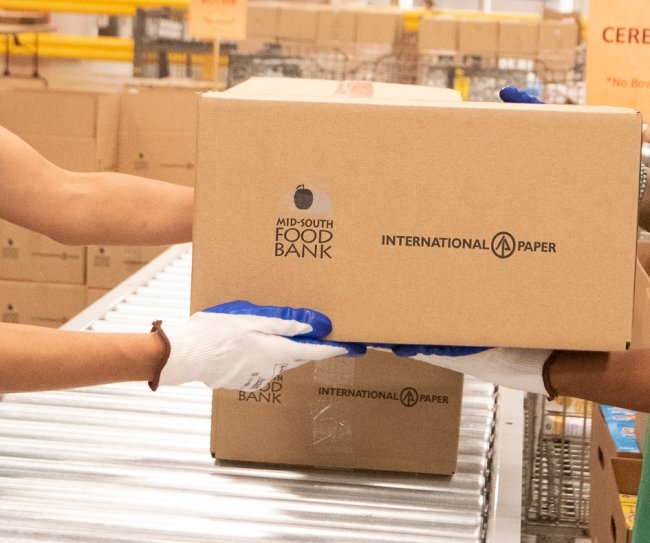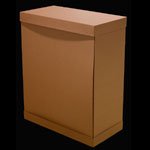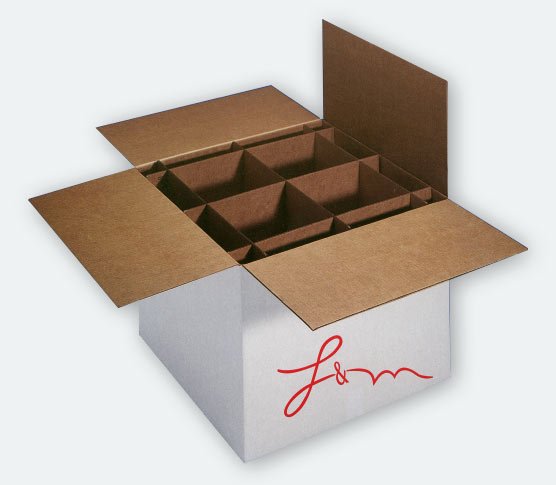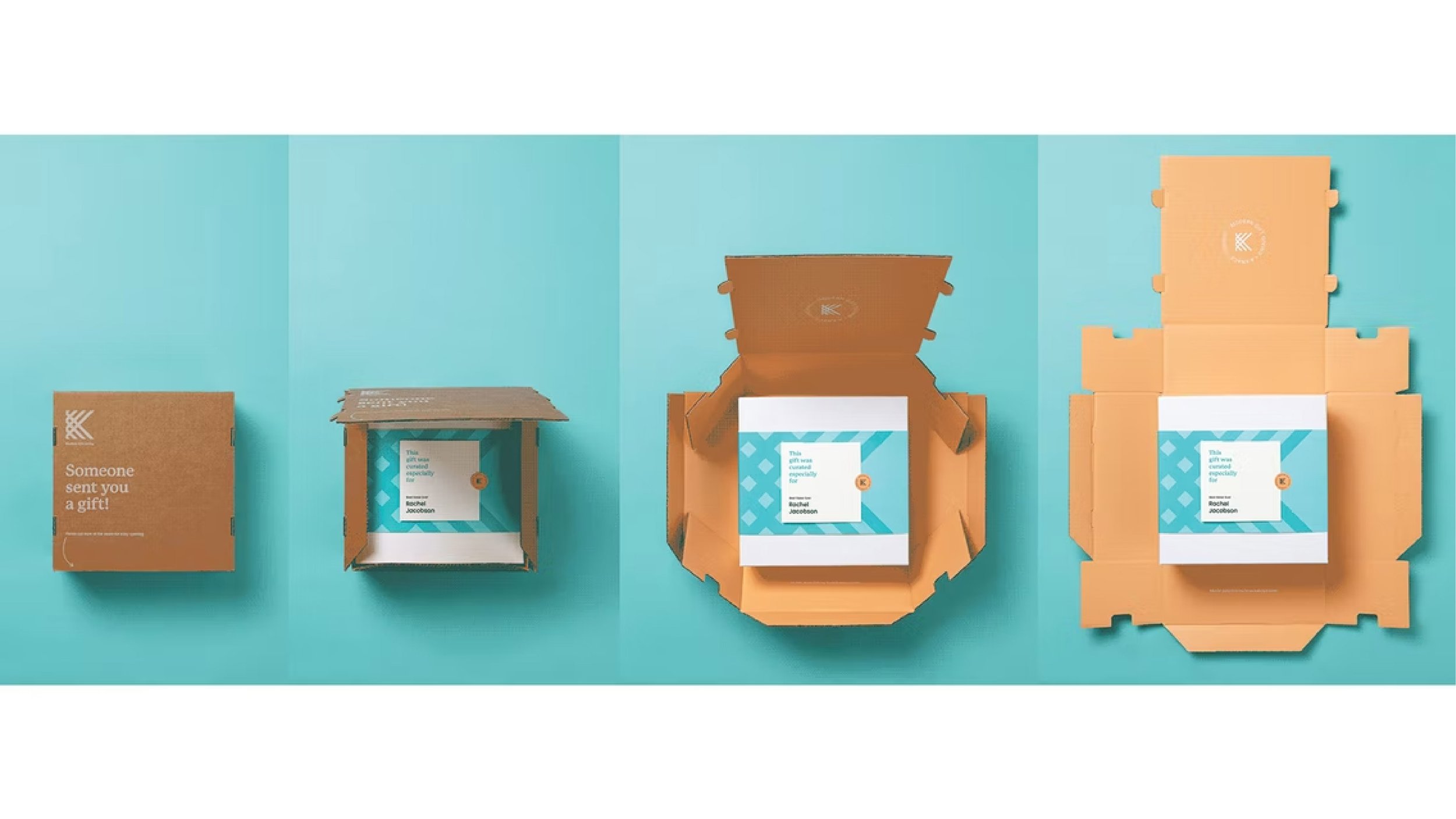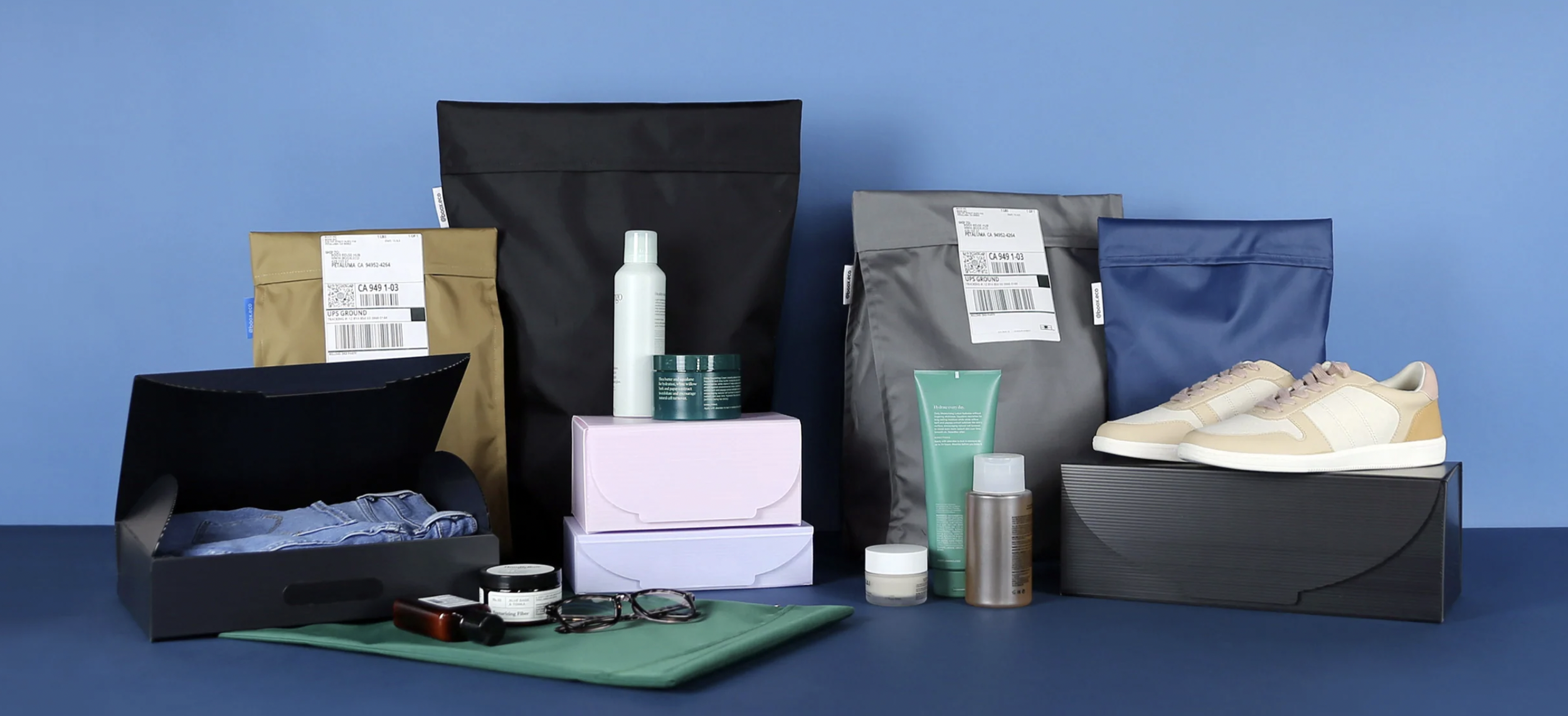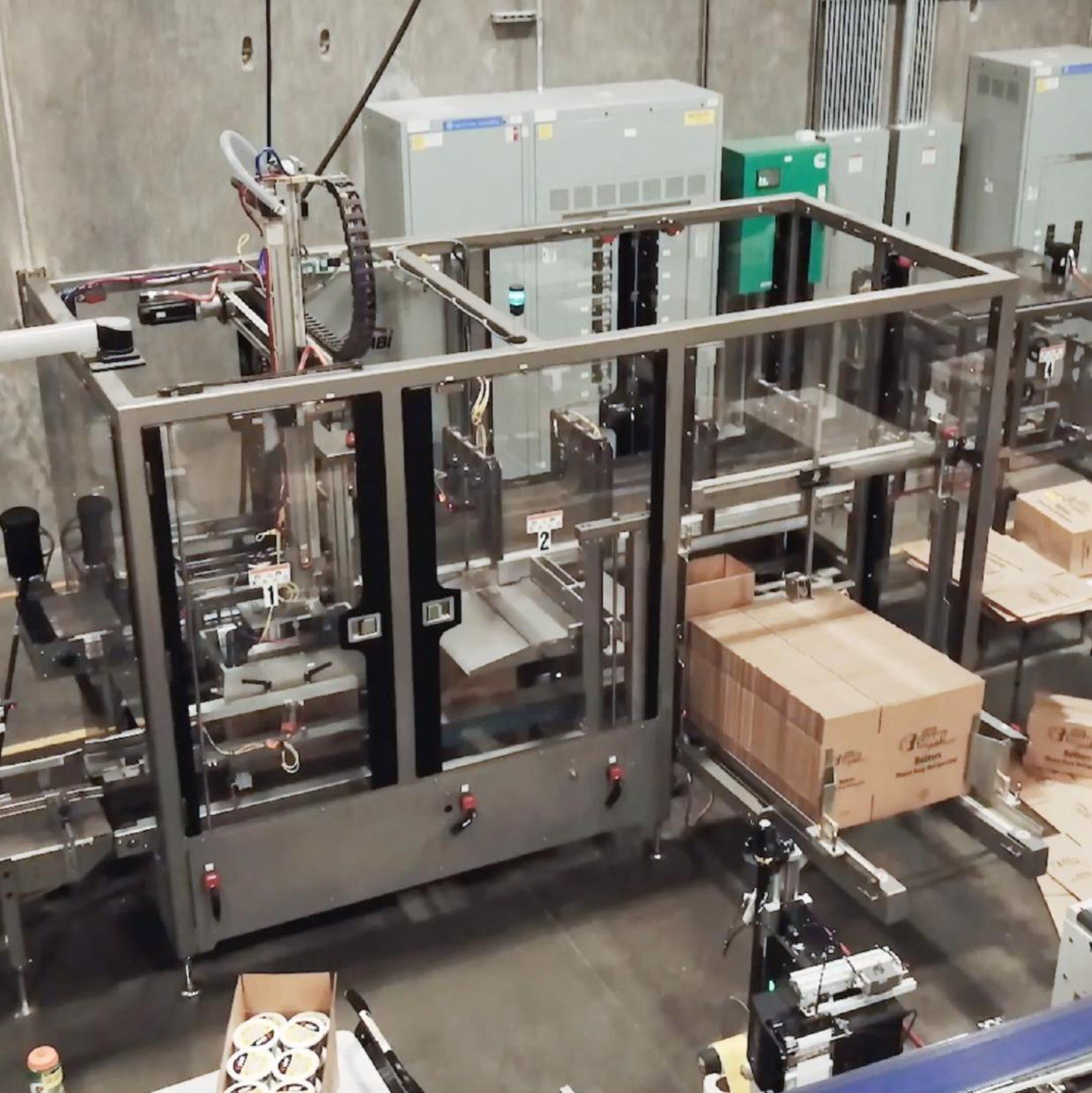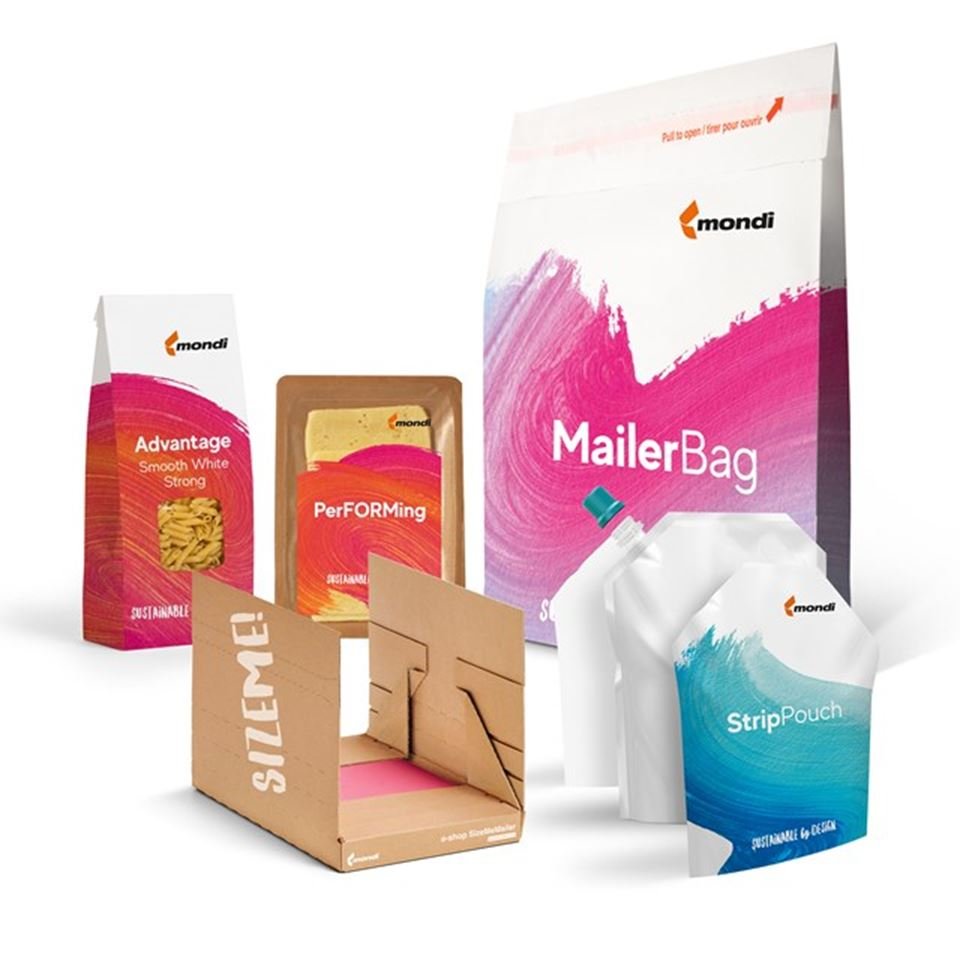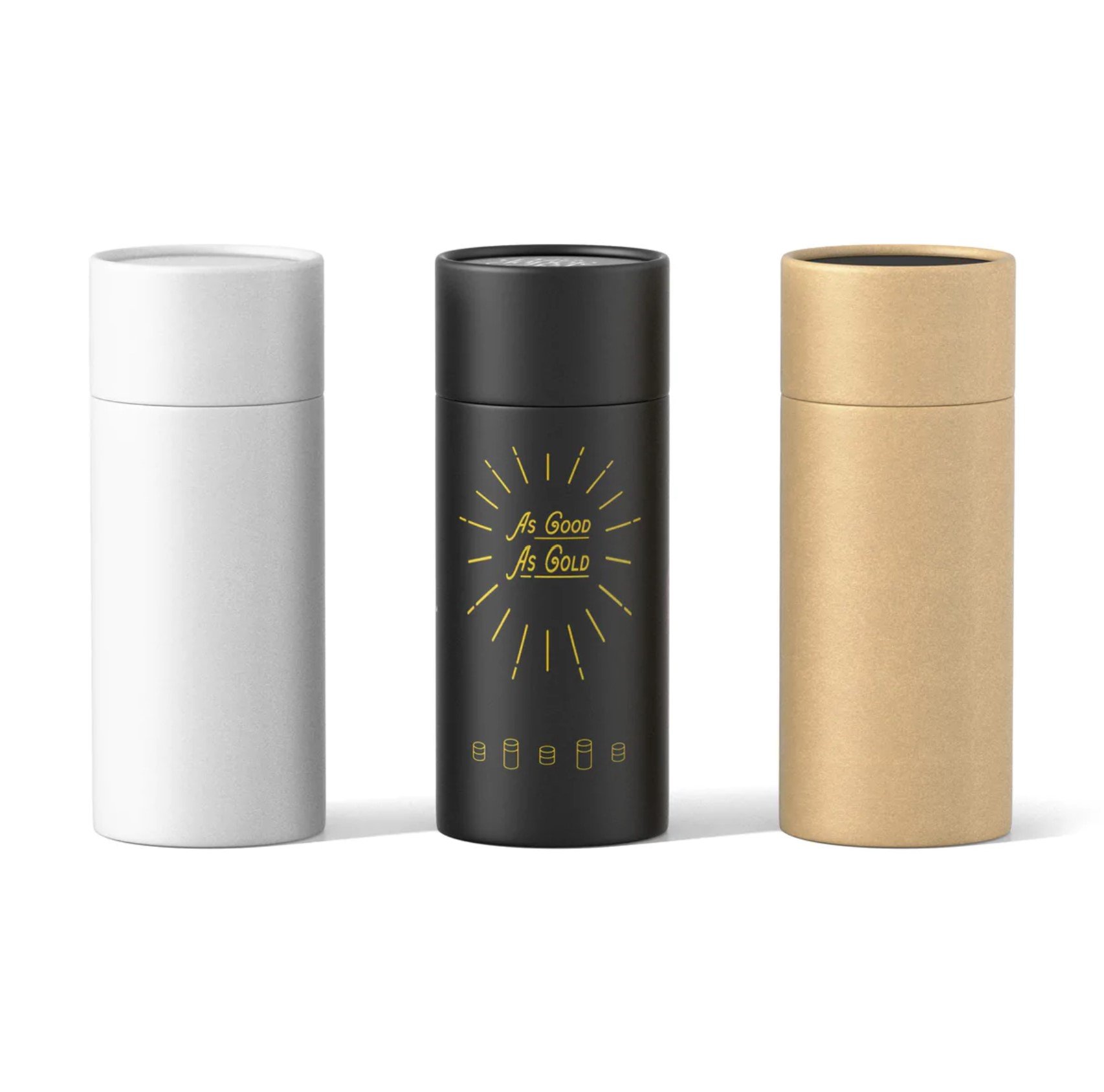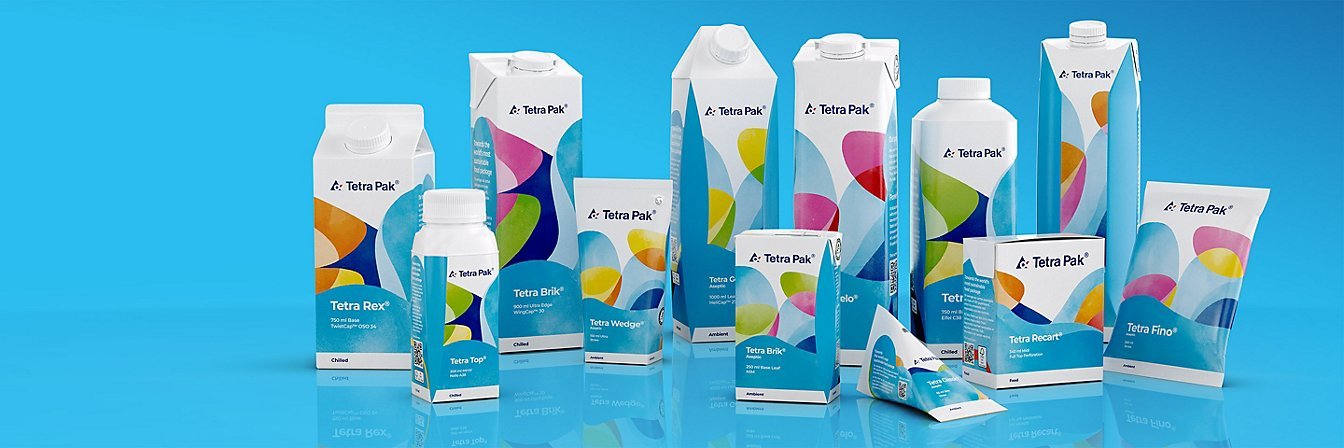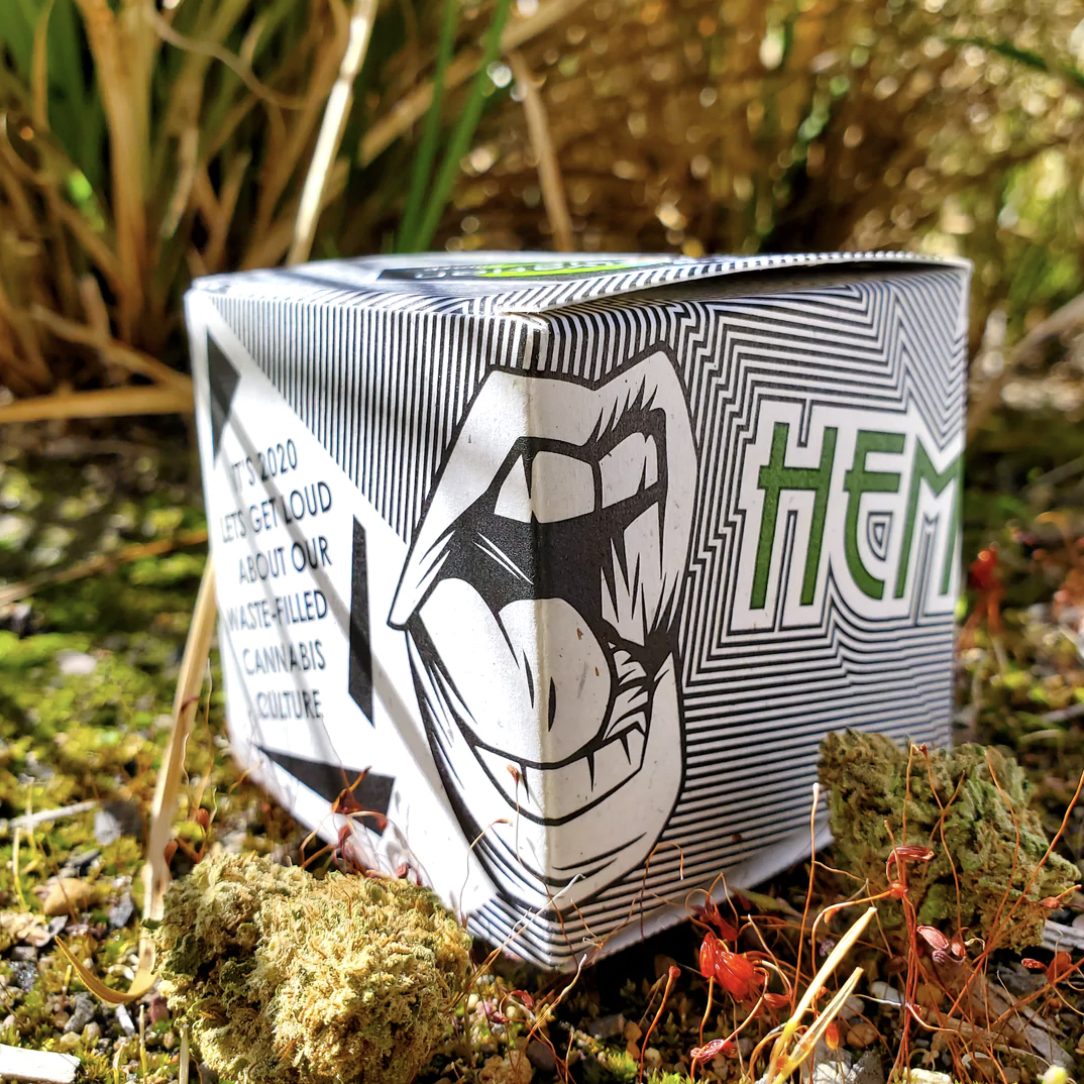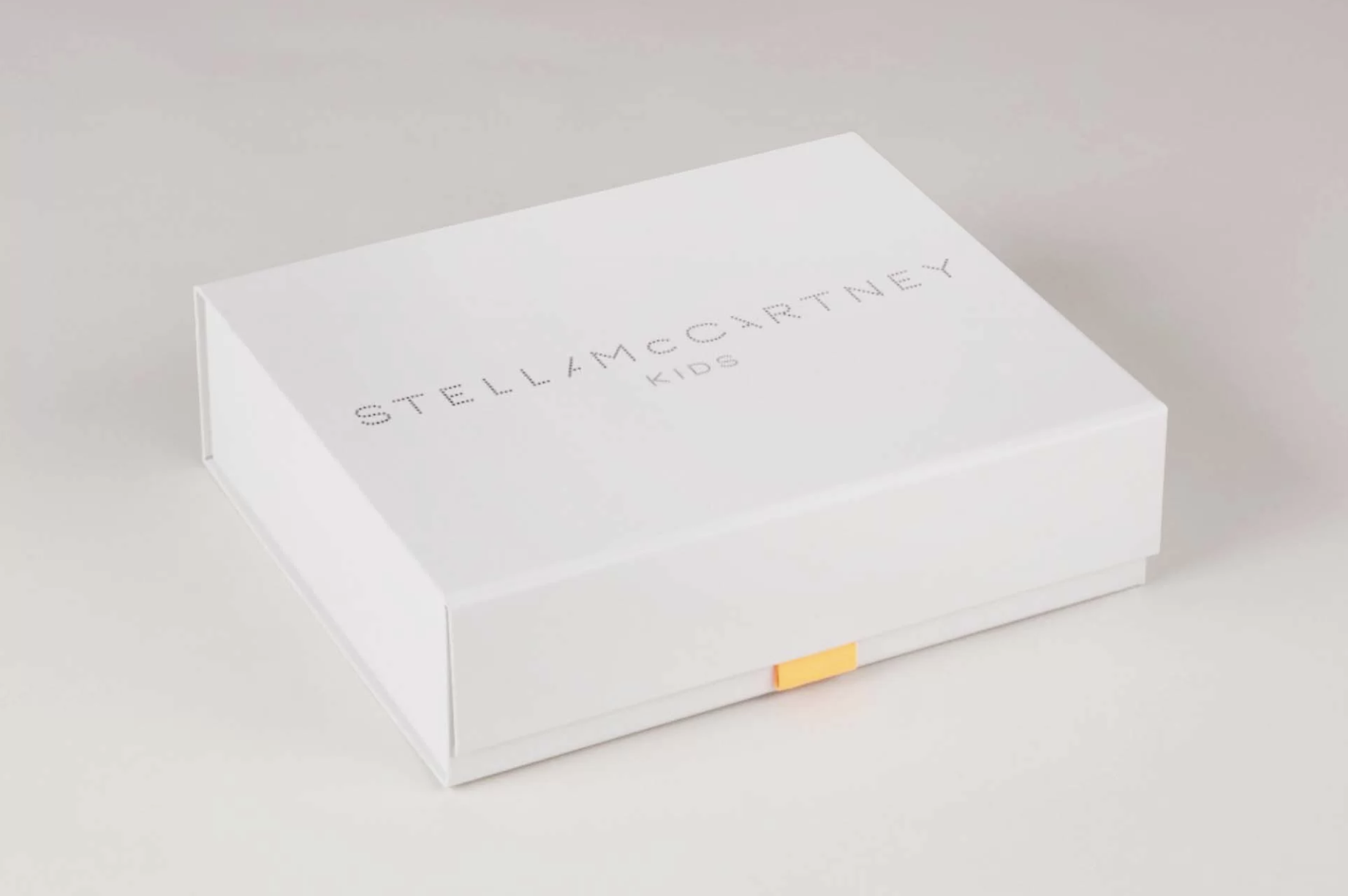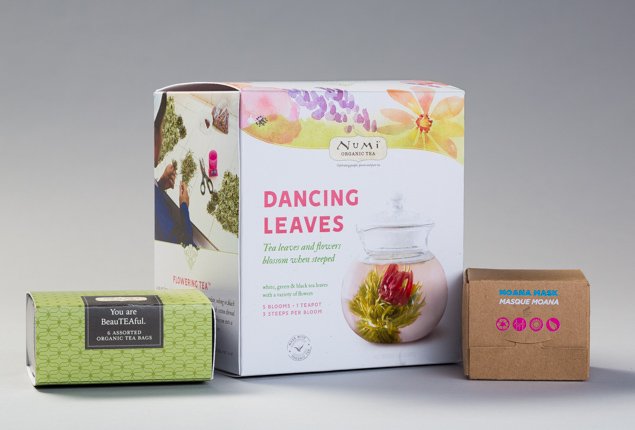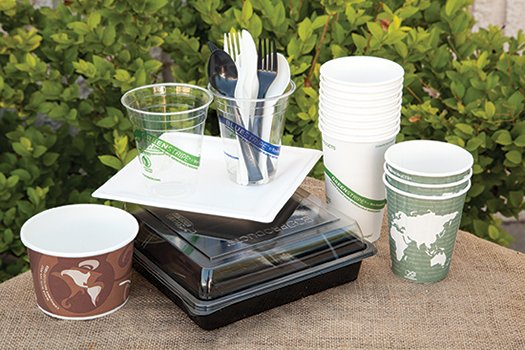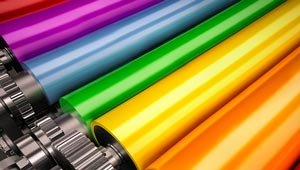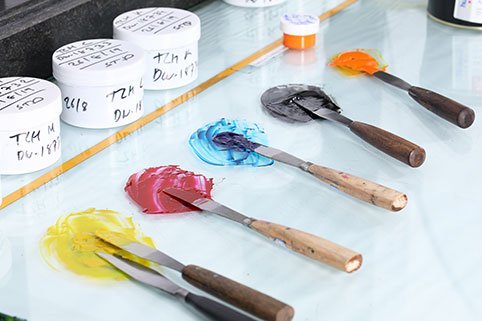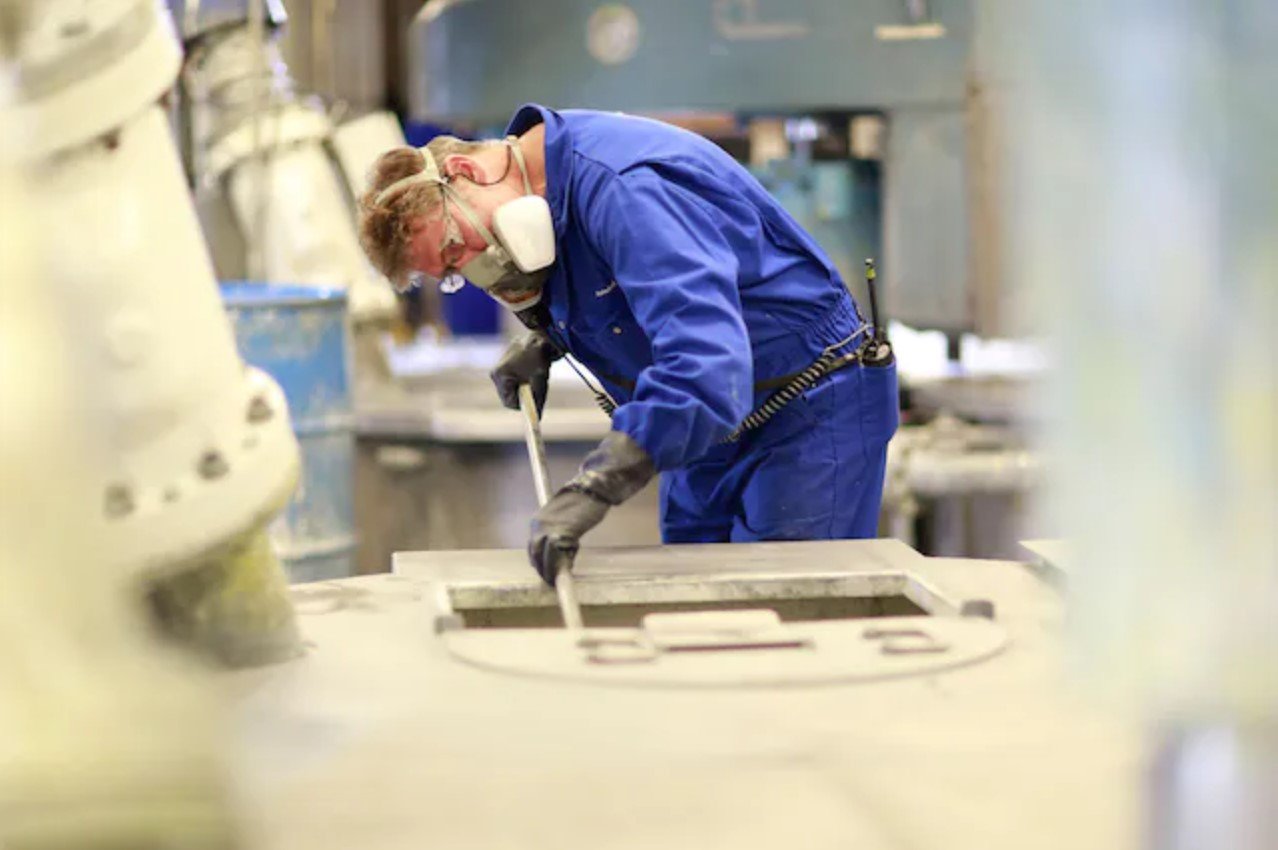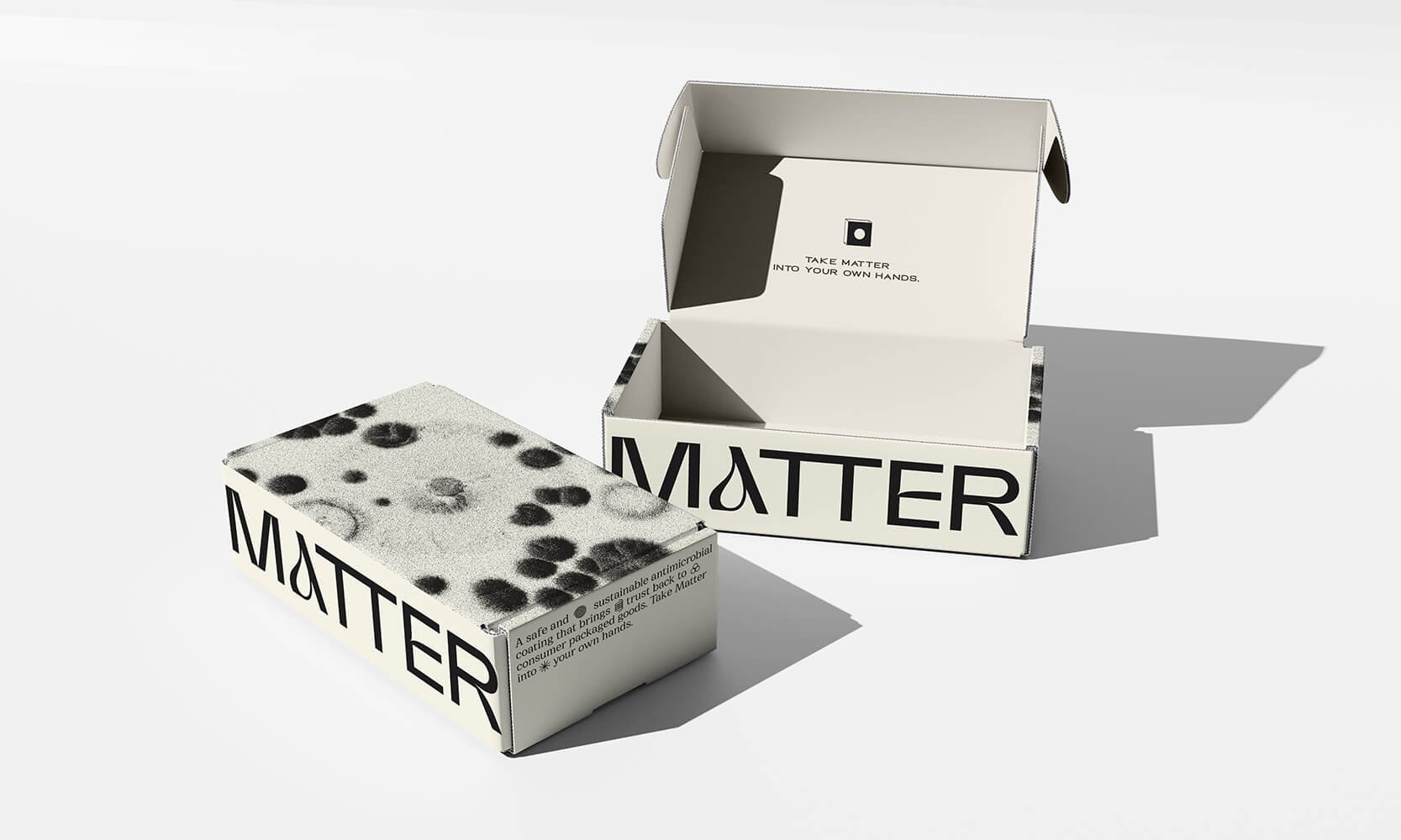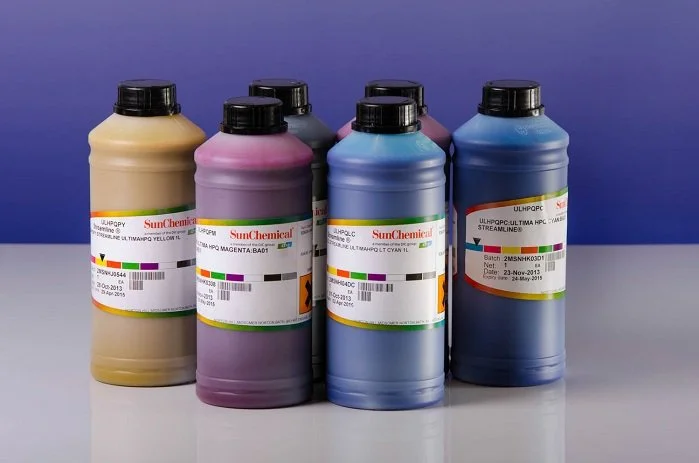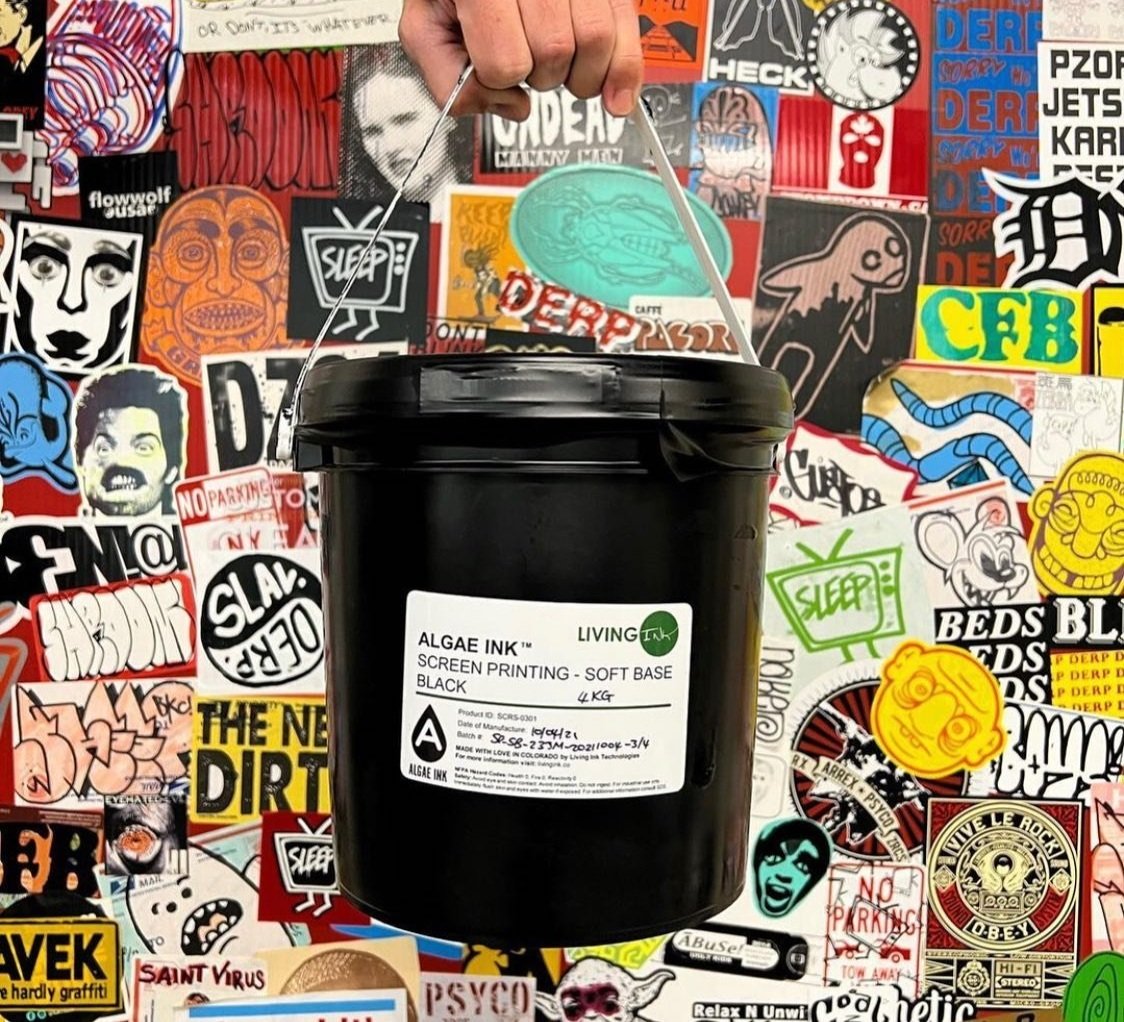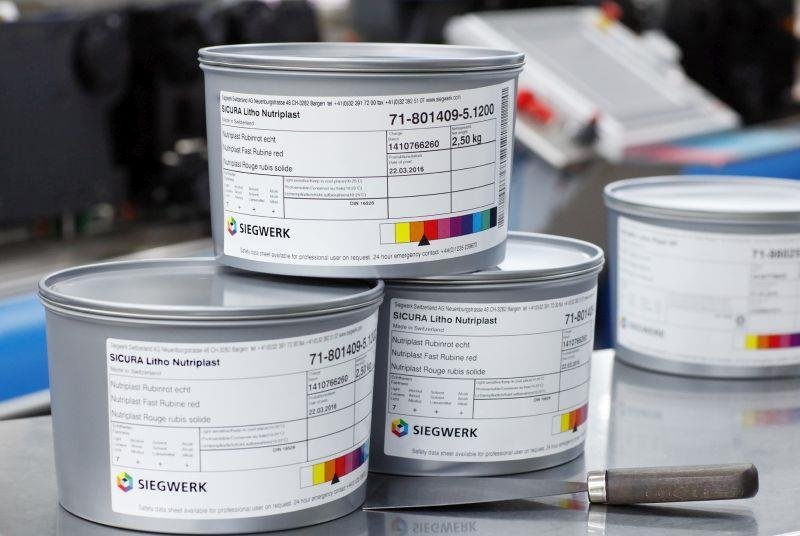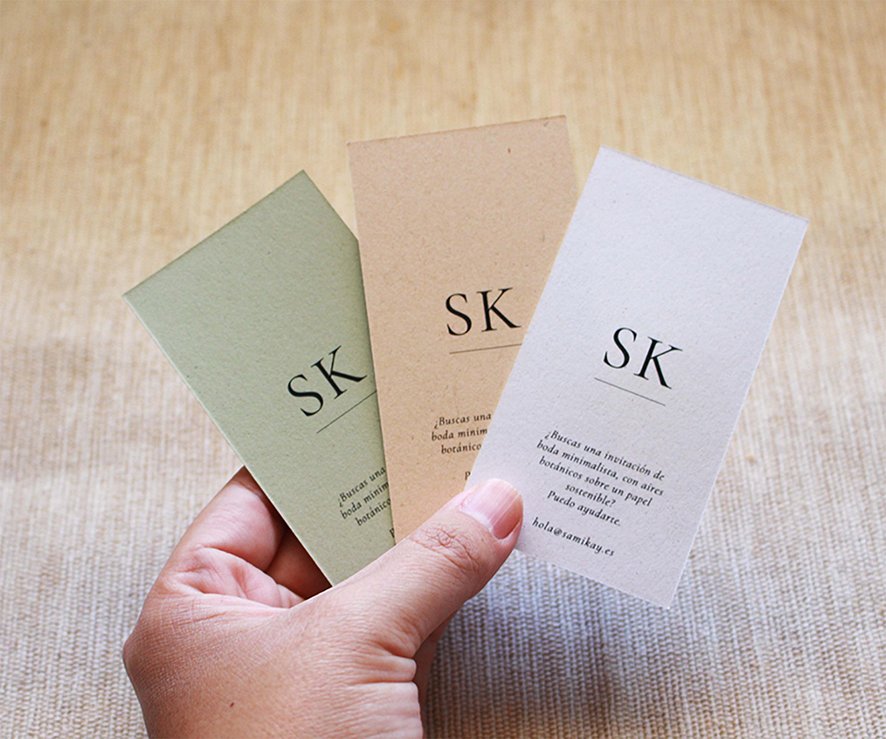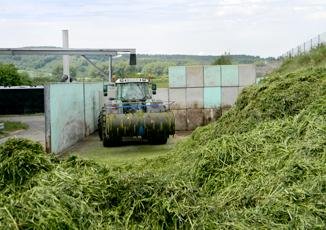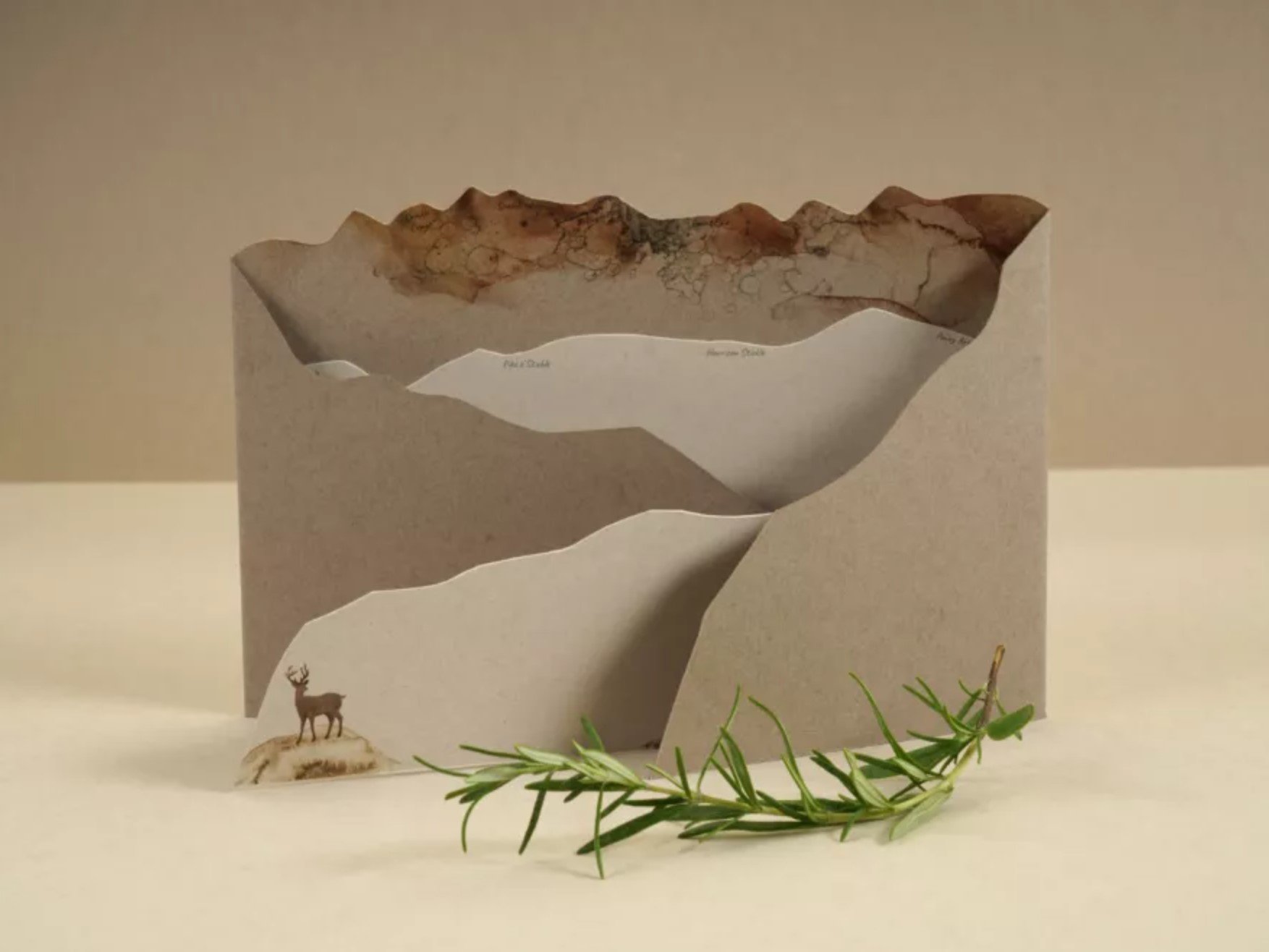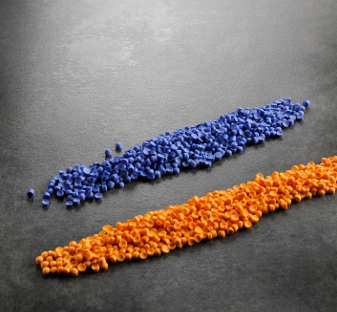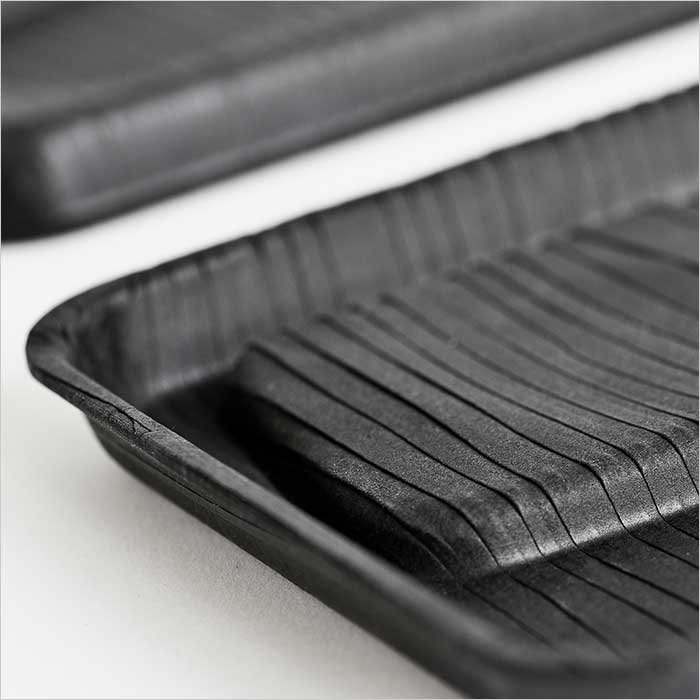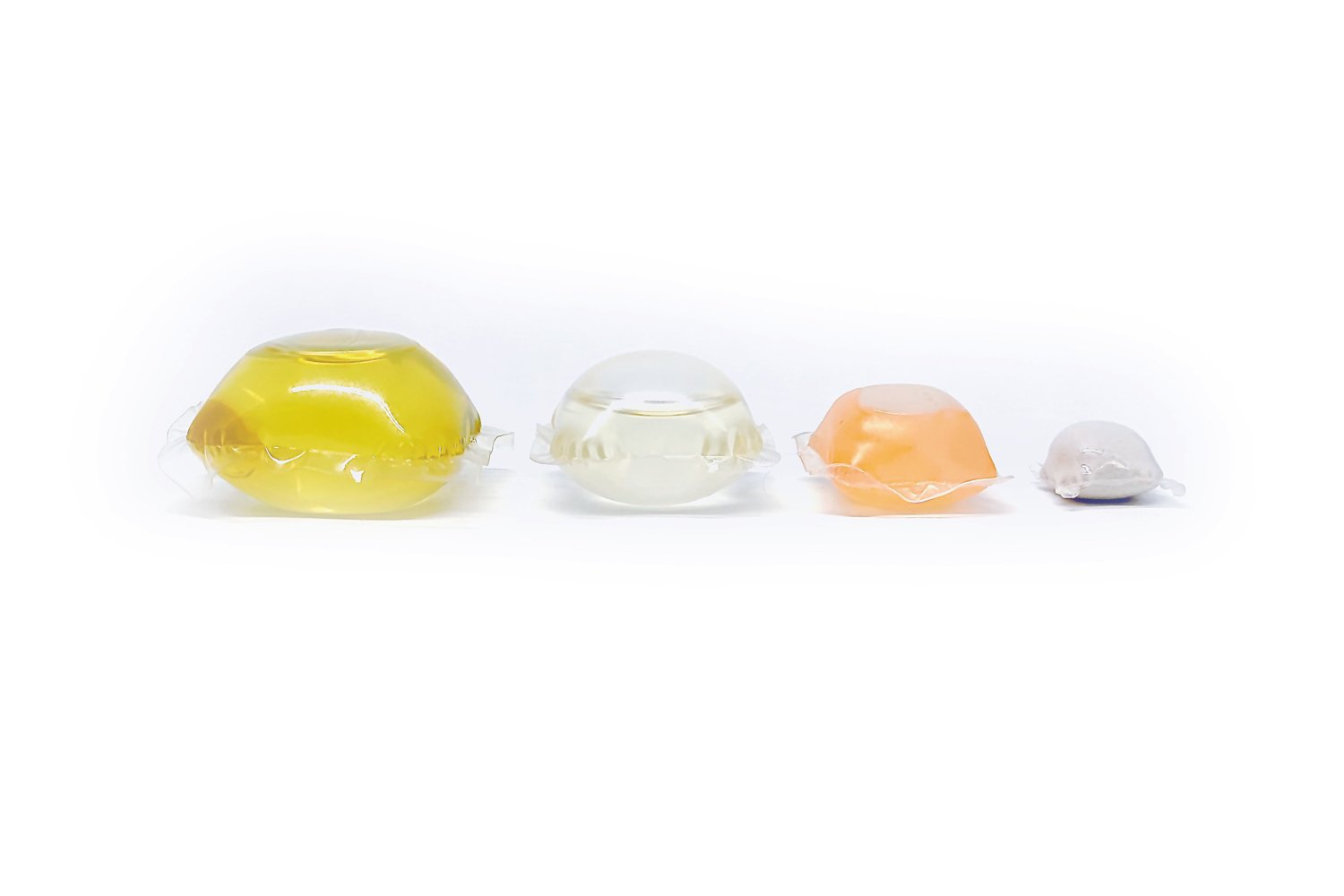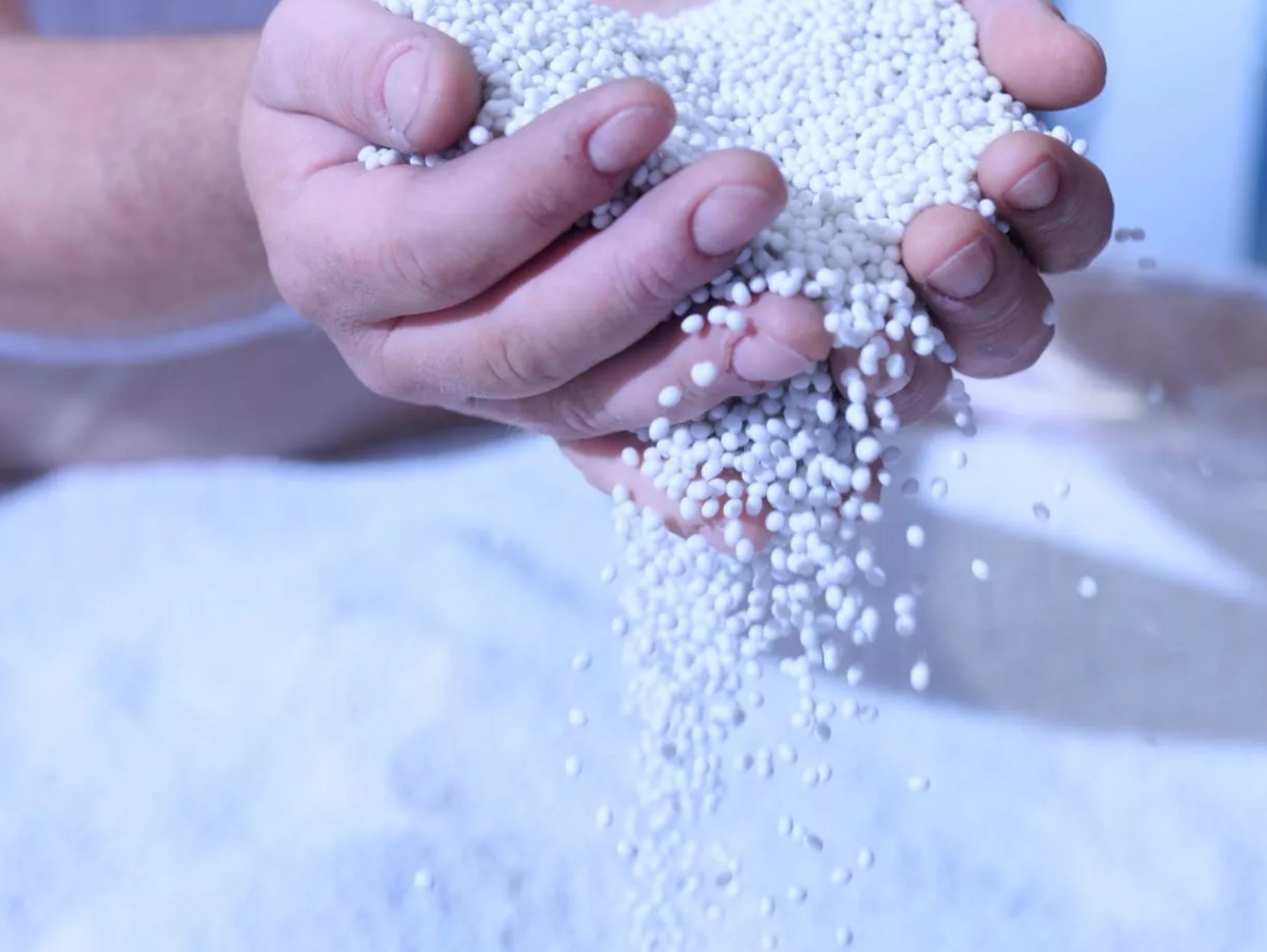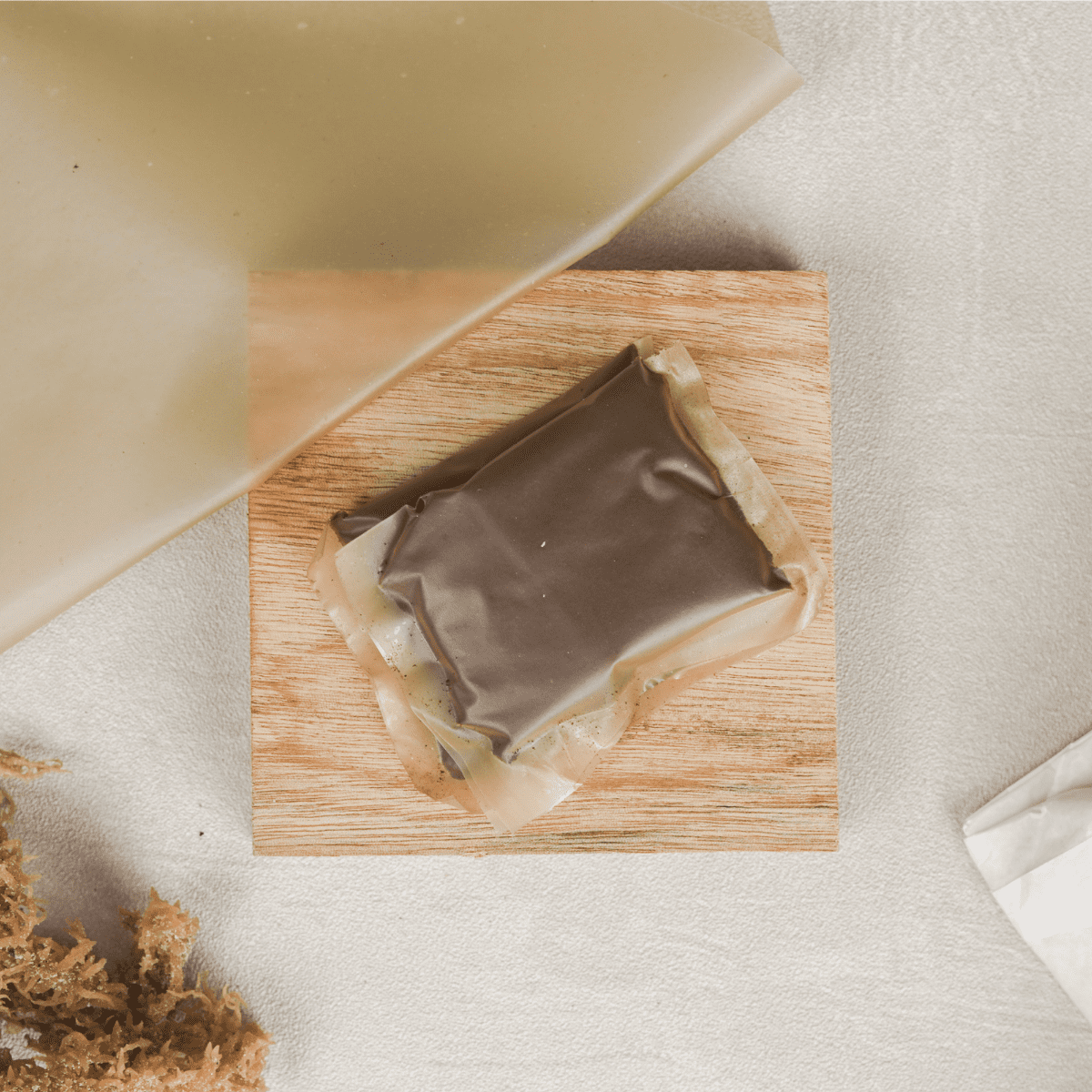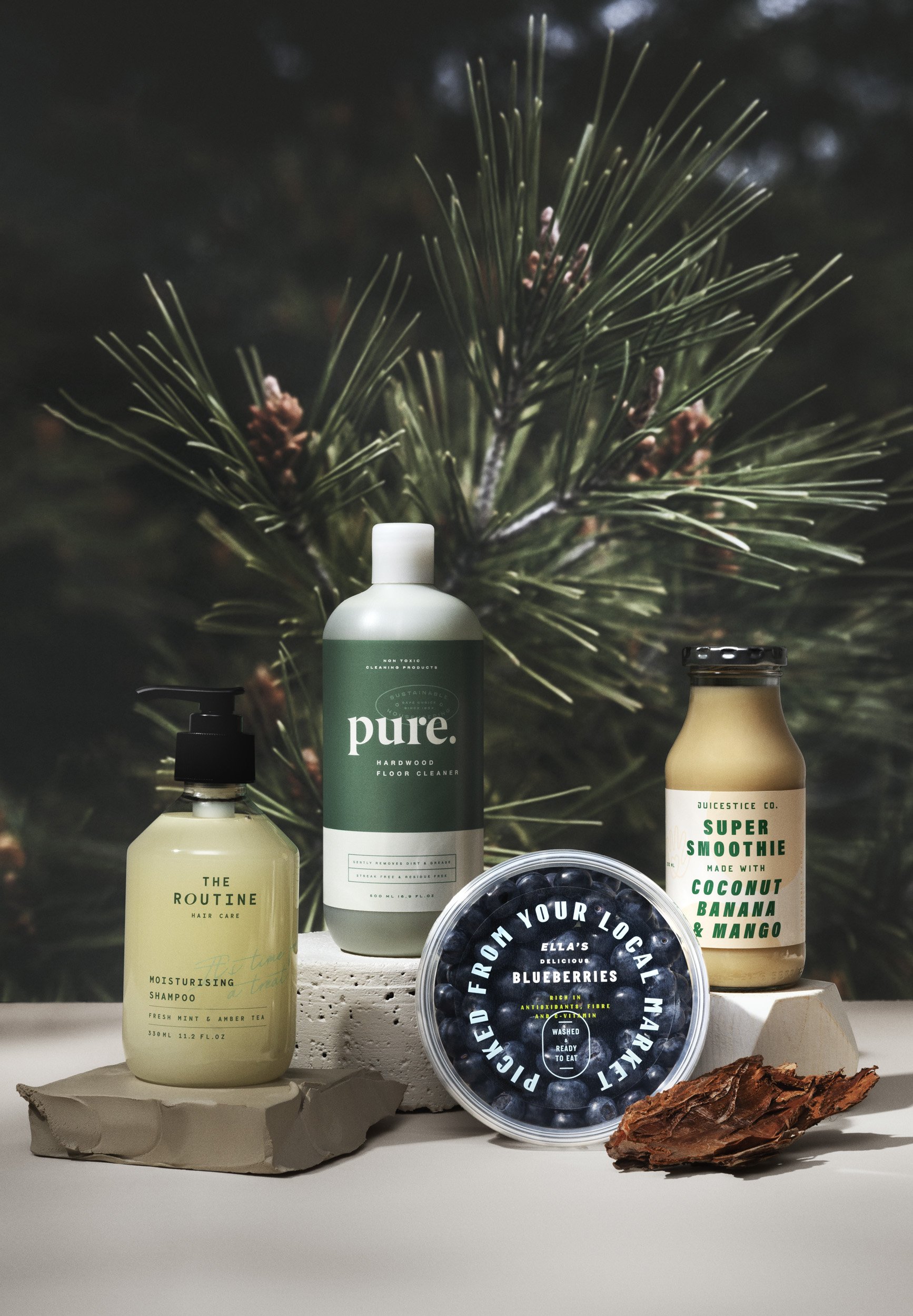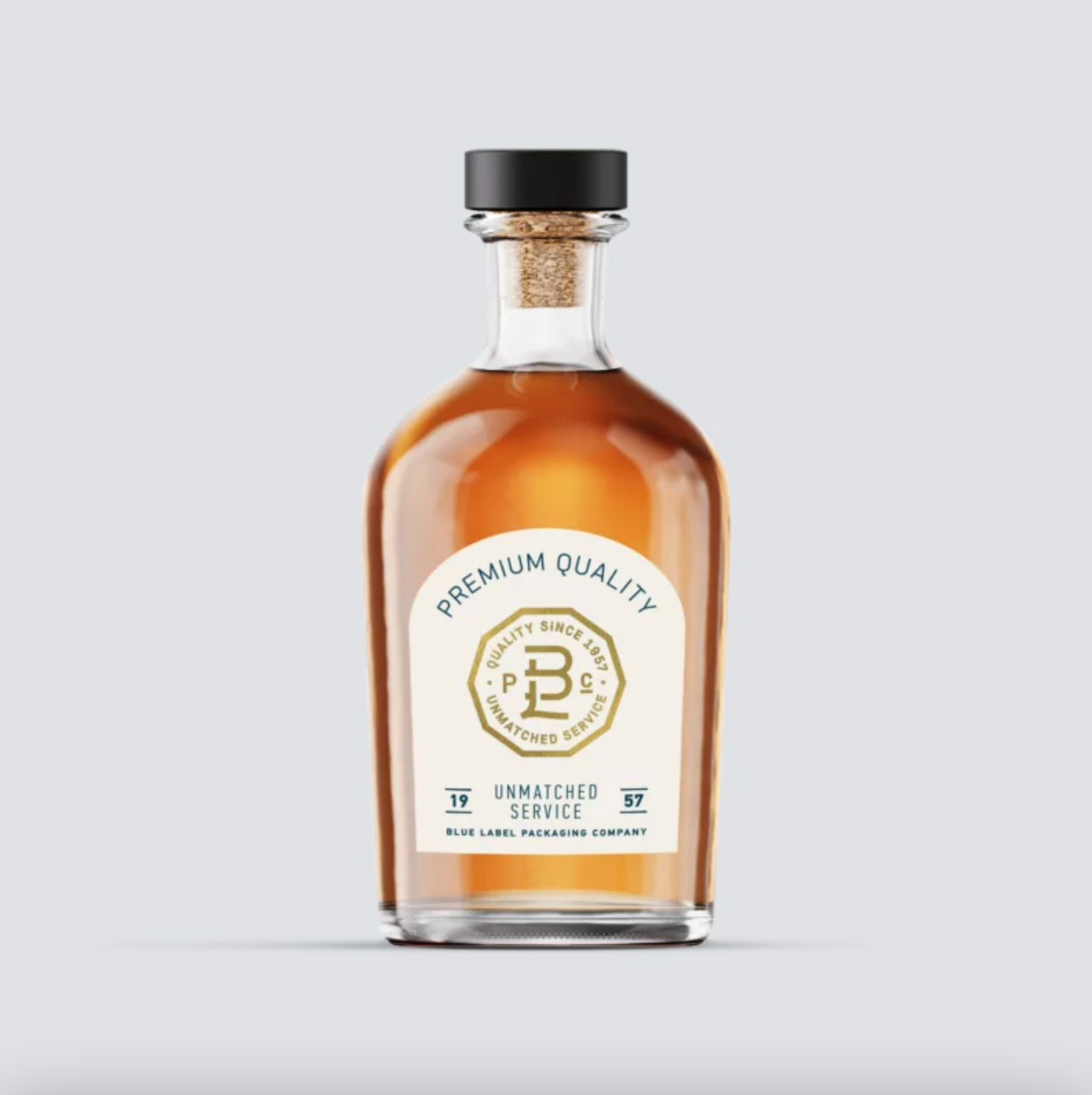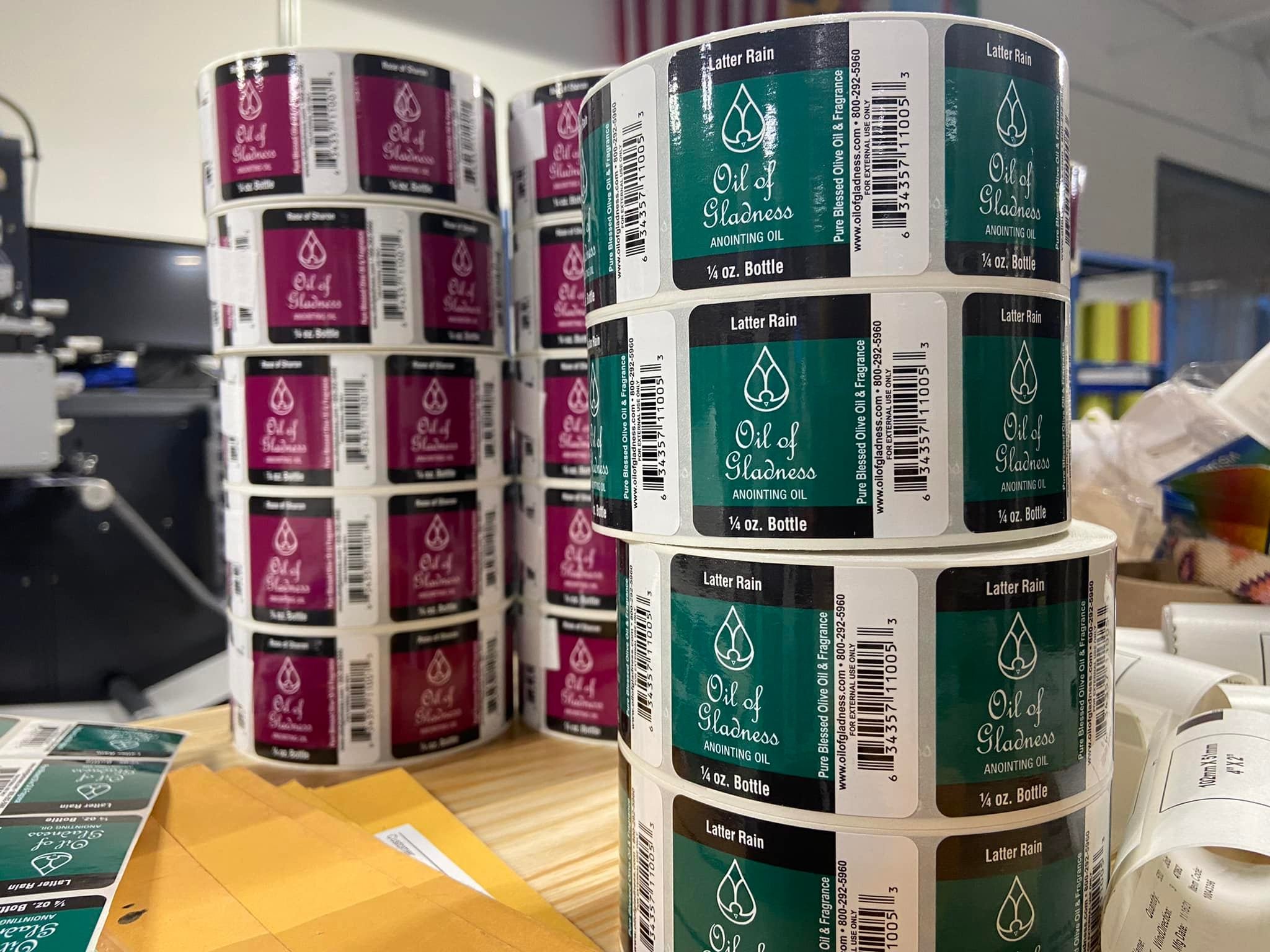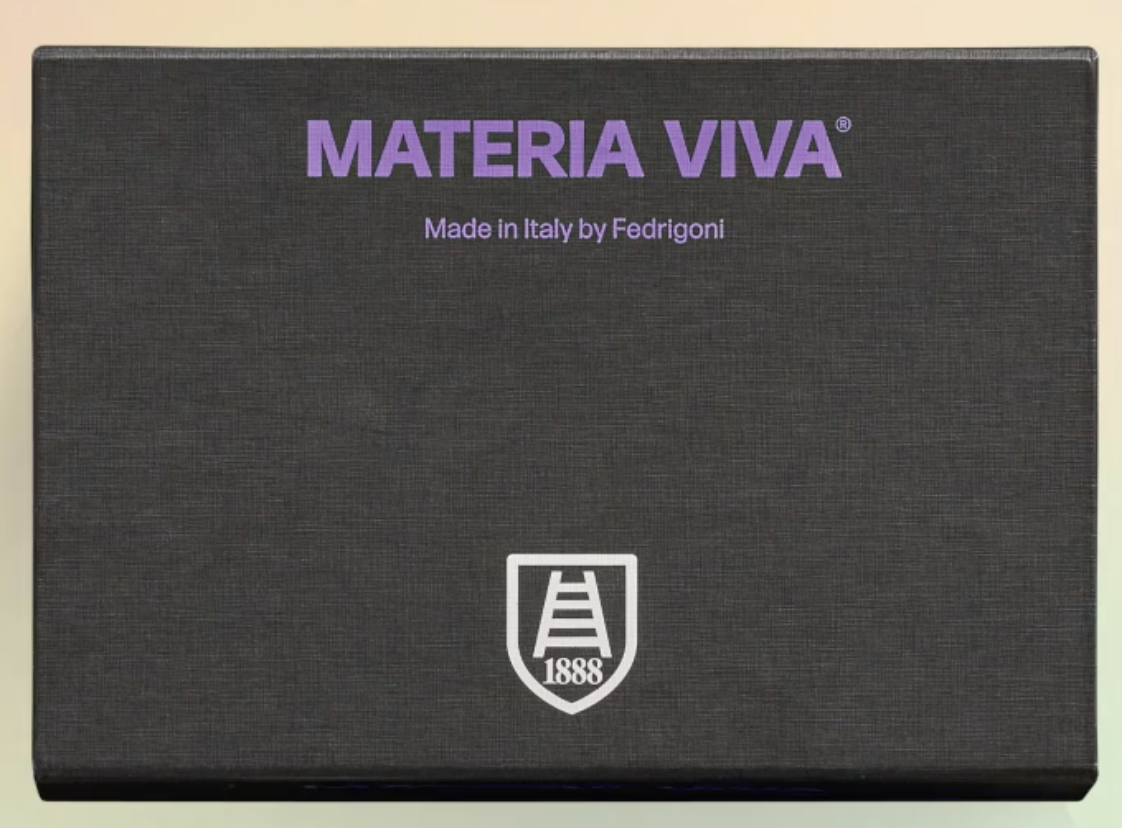Xampla
Xampla
🏭 england
What we like about Xampla: Their bio-based material composts more quickly than PHA or PLA. They’re focused on water-soluble sachet replacements for laundry pods and edible wrapper films for food.
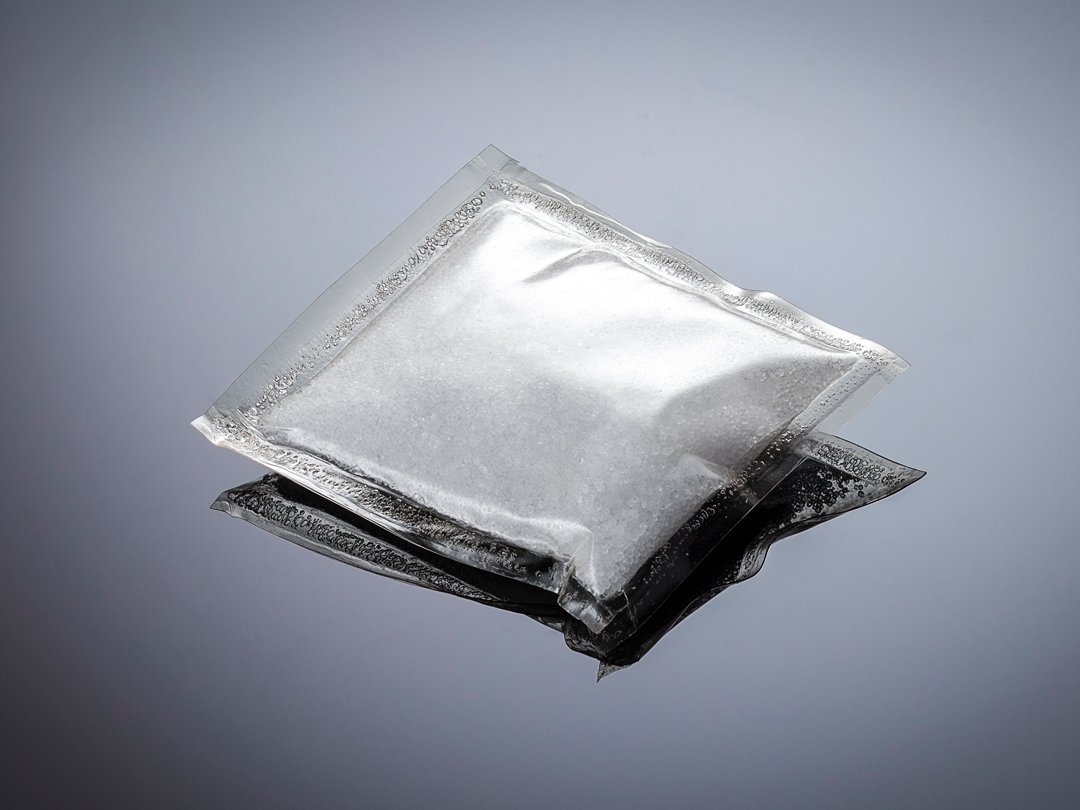
Pea Protein Bags, Sachets and Films
Made from pea-protein, modeled after spider silk. Mass production available around 2025.
-
Smooth, plastic-feeling plant protein material with total clarity available.
-
Xampla’s bioplastic is derived from pea protein — a renewable resource — instead of fossil fuels which are not renewable. While it’s still in development, we presume that they will seek home compostable certifications.
-
While it’s still in development, we presume that they will seek home compostable certifications. They’ve already produced films that are water soluble and edible.
-
Bioplastics look and feel like traditional plastic. Proper disposal information should be an important part of the design so that they don't end up in the wrong waste stream.
If composting is the best case scenario, it's good to let customers know that if they can't compost it, that it's best if the plastic is reused or thrown in with the trash. Tossing bioplastic in with recycling just adds an extra step on the way to landfill.
You could consider a takeback program. If you can work with an industrial composter that accepts bioplastic, you can bulk compost your packaging on behalf of customers.
Poly Bags & Films
Large offering of stock paper and plastic ecommerce solutions, with impressive PCR rates.
Biopolymer extracted from nature to take many forms: films, rigid containers, and more.
Selection of home compostable plastic mailers and bags. They also carry compostable tape and labels.
Trays & Inserts
Specializes in corn starch foam, a dissolvable, home-compostable alternative to plastic foam and insulation.
Paper Mailers
Large offering of stock paper and plastic ecommerce solutions, with impressive PCR rates.
Manufacturer of boxes and paper mailers that also specializes in high quality adhesive and labels.
Expansive catalog of stock and custom ecommerce packaging, from mailers and boxes to tape and labels.
Selection of home compostable plastic mailers and bags. They also carry compostable tape and labels.
Cushioning
Large offering of stock paper and plastic ecommerce solutions, with impressive PCR rates.
Specializes in corn starch foam, a dissolvable, home-compostable alternative to plastic foam and insulation.
Jars & Bottles
Industrially compostable bamboo bioplastic jars and bottles for personal care products.
Glass bottles and jars for food and beverage, made from an average of 60% recycled content.
Personal care packaging like bottles and tubes made from 100% post consumer recycled plastic, sugarcane, or aluminum.
Glass containers made from high percentages of recycled glass and ocean-bound plastic caps.
Glass manufacturer, specializing in cosmetics and perfume, with options for plastic closures.
Jars and bottles, with options for recycled content in addition to mono-material pouches.
Corrugated
US-based corrugated manufacturer with 100% recycled content Envirokraft line. Strongest TikTok game in the corrugated manufacturing world.
Corrugated manufacturer with options for a water and grease barrier that’s compatible with paper recycling.
US-based supplier carrying a good array of stock options and are capable of doing custom solutions.
Manufacturer of boxes and paper mailers that also specializes in high quality adhesive and labels.
Expansive catalog of stock and custom ecommerce packaging, from mailers and boxes to tape and labels.
Folding Cartons
Utah PaperBox is a folding carton and rigid packaging manufacturer based in Salt Lake City.
European manufacturer offering recyclable paper packaging with barrier protection against water and grease.
Folding cartons and collateral made from paper blend made from 50% hemp 50% recycled paper.
Specializing in paperboard boxes, folding cartons, and collateral, with options for 100% recycled paper.
Expansive catalog of stock and custom ecommerce packaging, from mailers and boxes to tape and labels.
Personal care packaging like bottles and tubes made from 100% post consumer recycled plastic, sugarcane, or aluminum.
Food Service
Large catalog of low minimum compostable options. Be wary of PLA with further research.
Inks & Coatings
Raw Materials
Industrially compostable bamboo bioplastic jars and bottles for personal care products.
European manufacturer offering recyclable paper packaging with barrier protection against water and grease.
Folding cartons and collateral made from paper blend made from 50% hemp 50% recycled paper.
Biopolymer extracted from nature to take many forms: films, rigid containers, and more.
Labels
High-performing self-adhesive paper and film products for an extensive set of end-uses, with a range of fossil fuel-free options.
Quality custom labels, shrink sleeves, and hang tags with fast turn around for a variety of industries.
Manufacturer of boxes and paper mailers that also specializes in high quality adhesive and labels.
Expansive catalog of stock and custom ecommerce packaging, from mailers and boxes to tape and labels.
Selection of home compostable plastic mailers and bags. They also carry compostable tape and labels.
Specialty Papers
European manufacturer offering recyclable paper packaging with barrier protection against water and grease.
Folding cartons and collateral made from paper blend made from 50% hemp 50% recycled paper.

